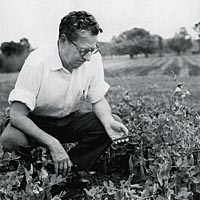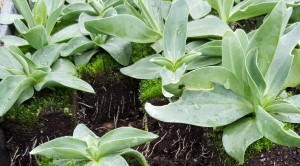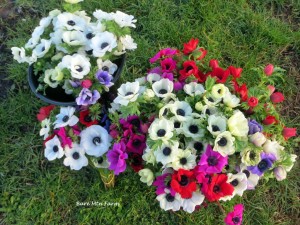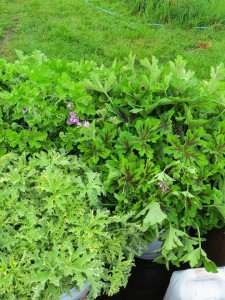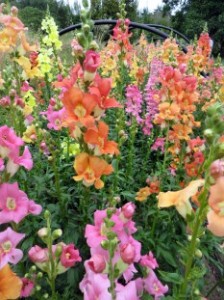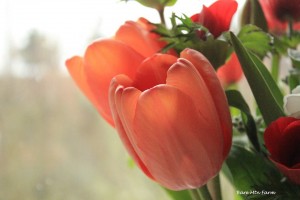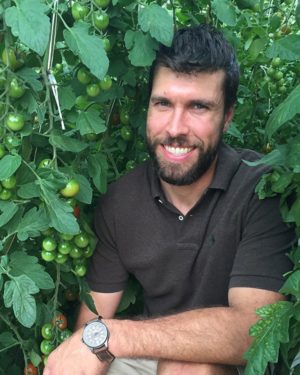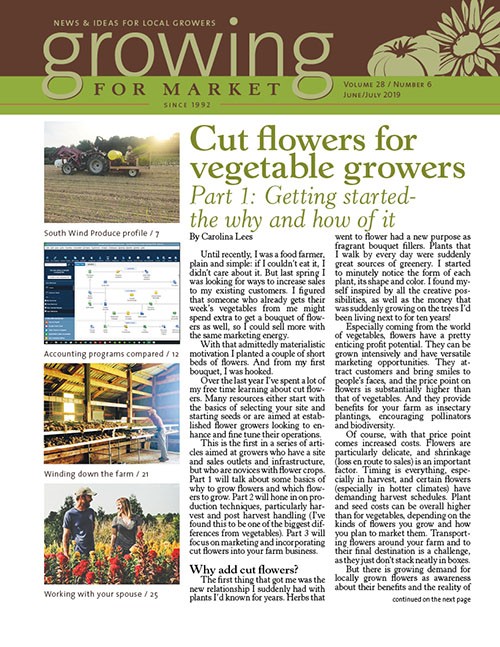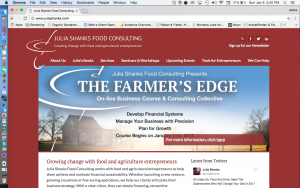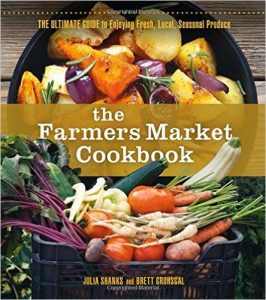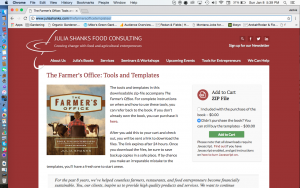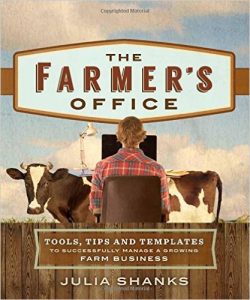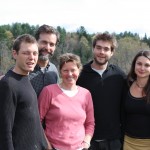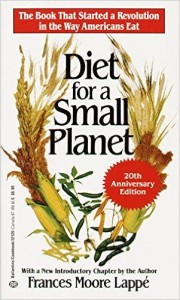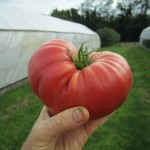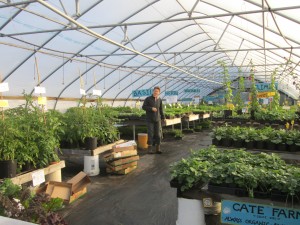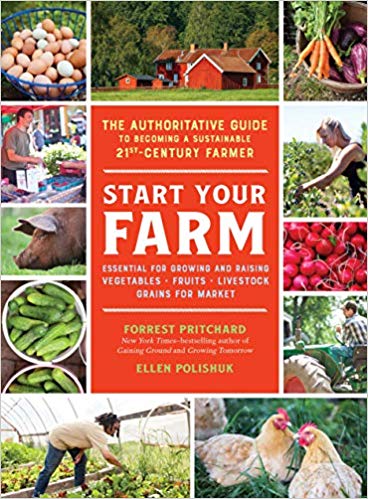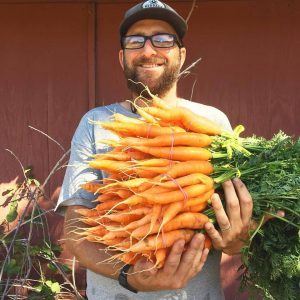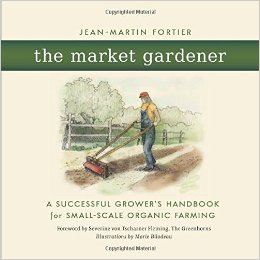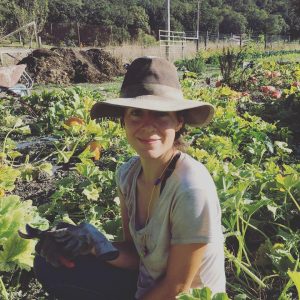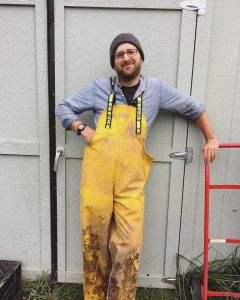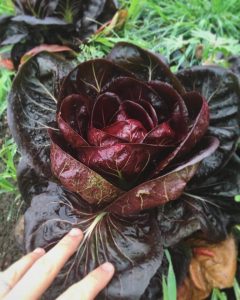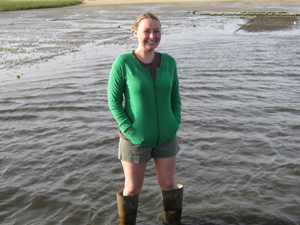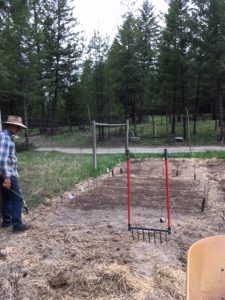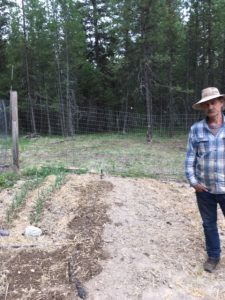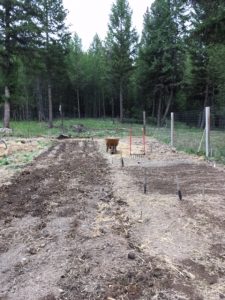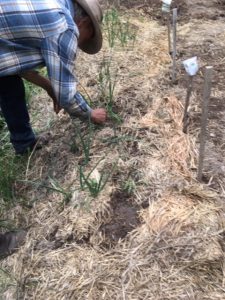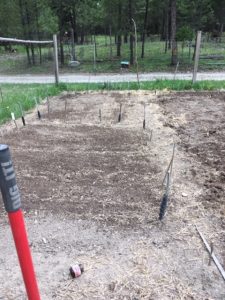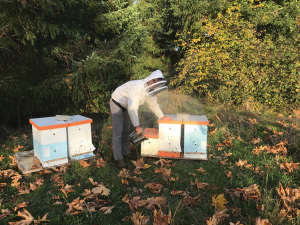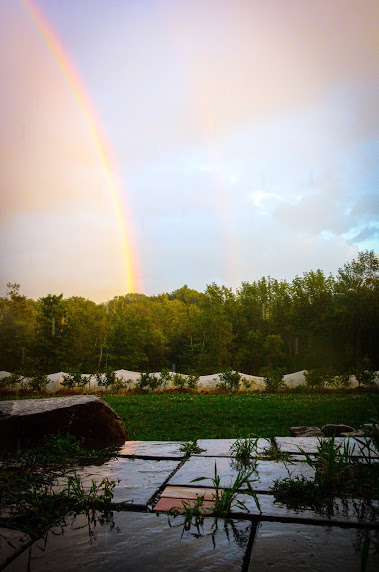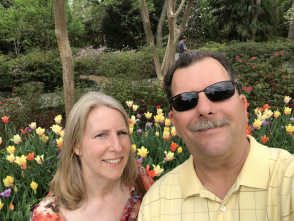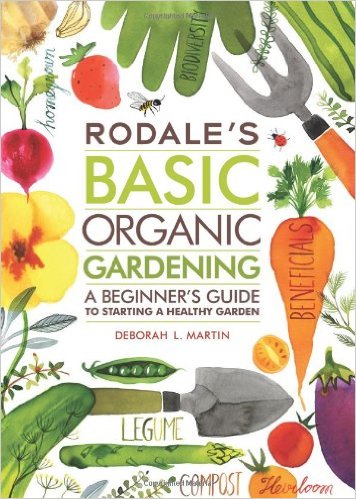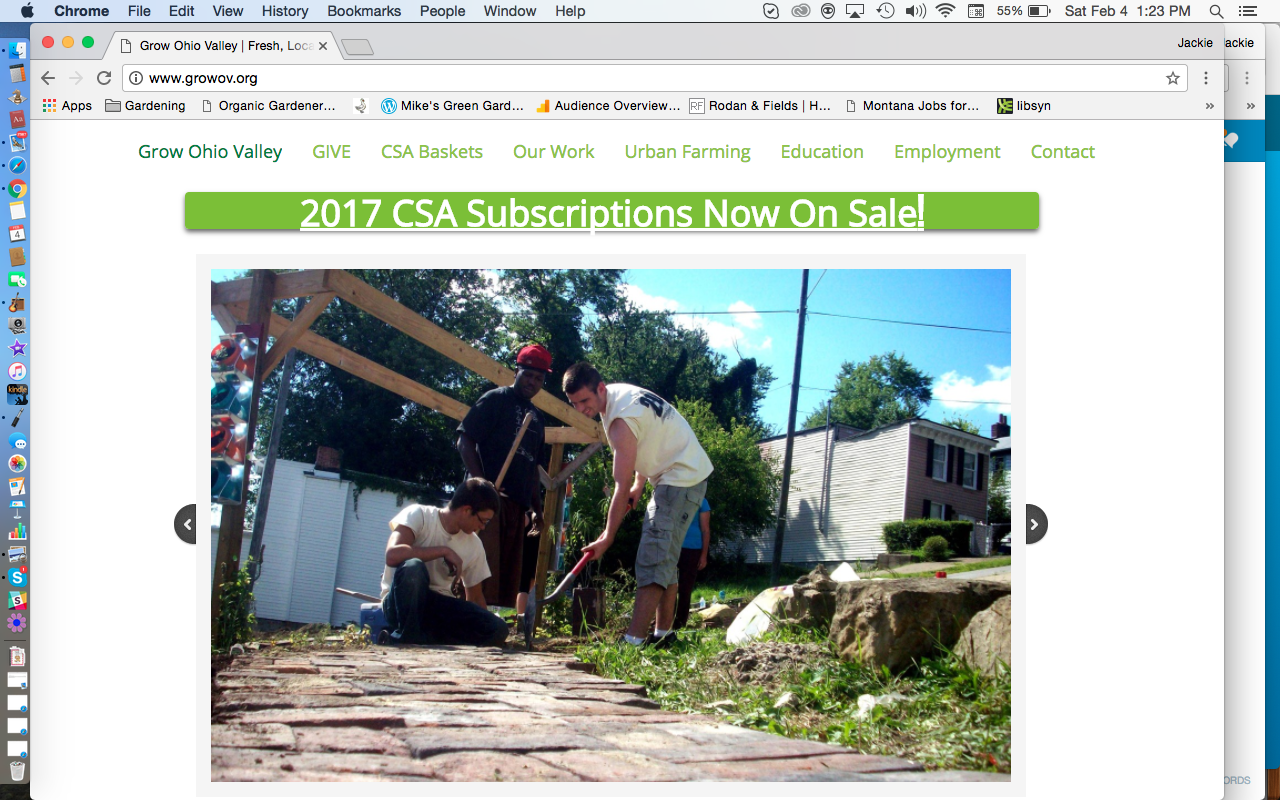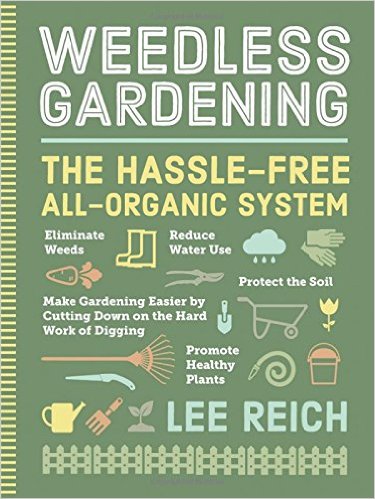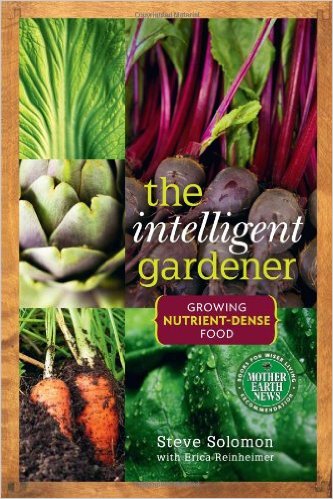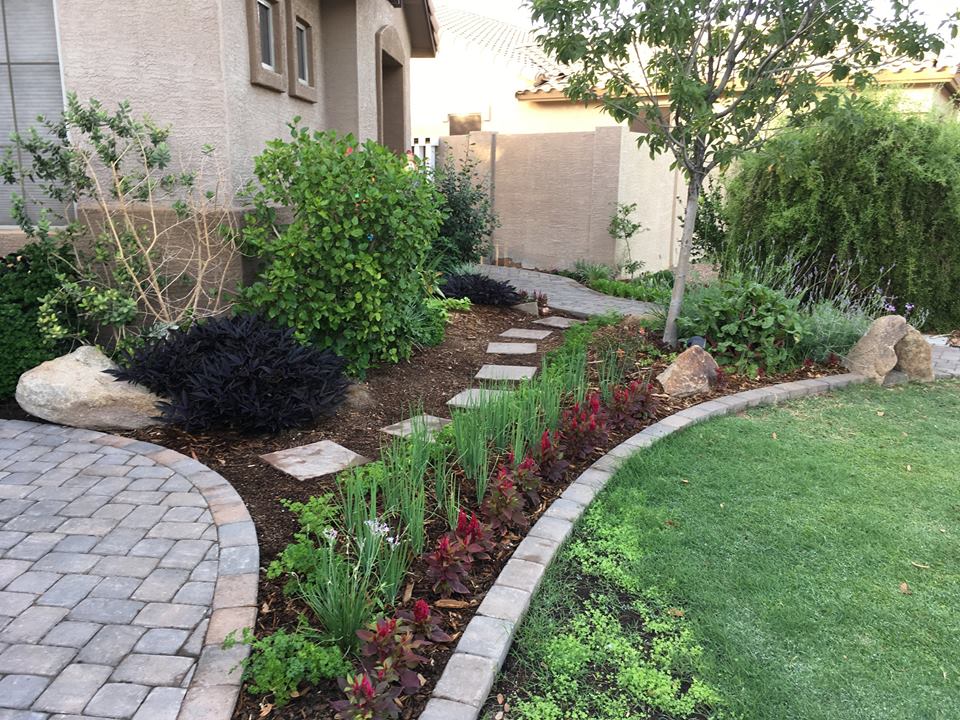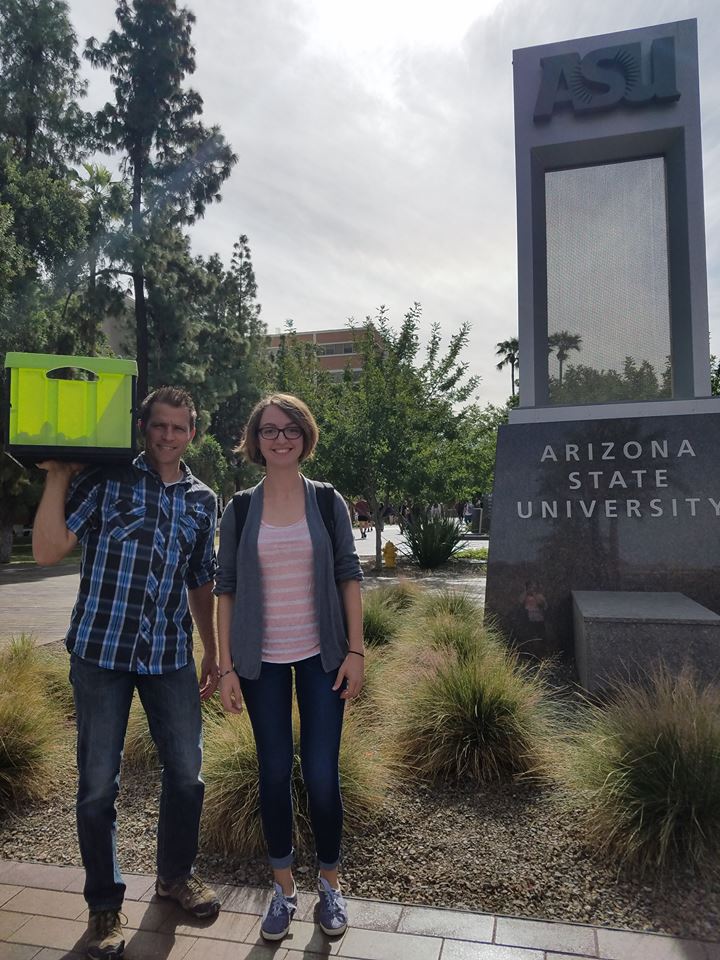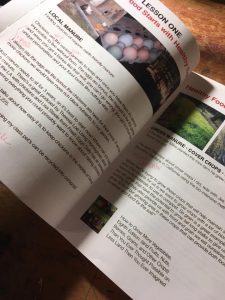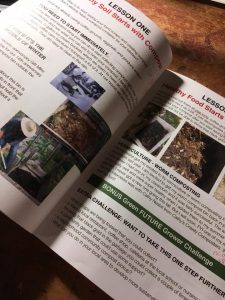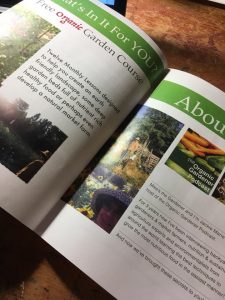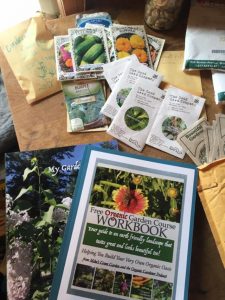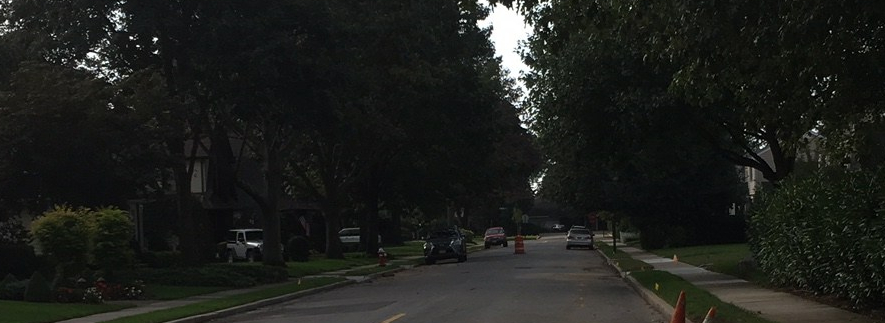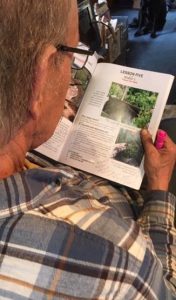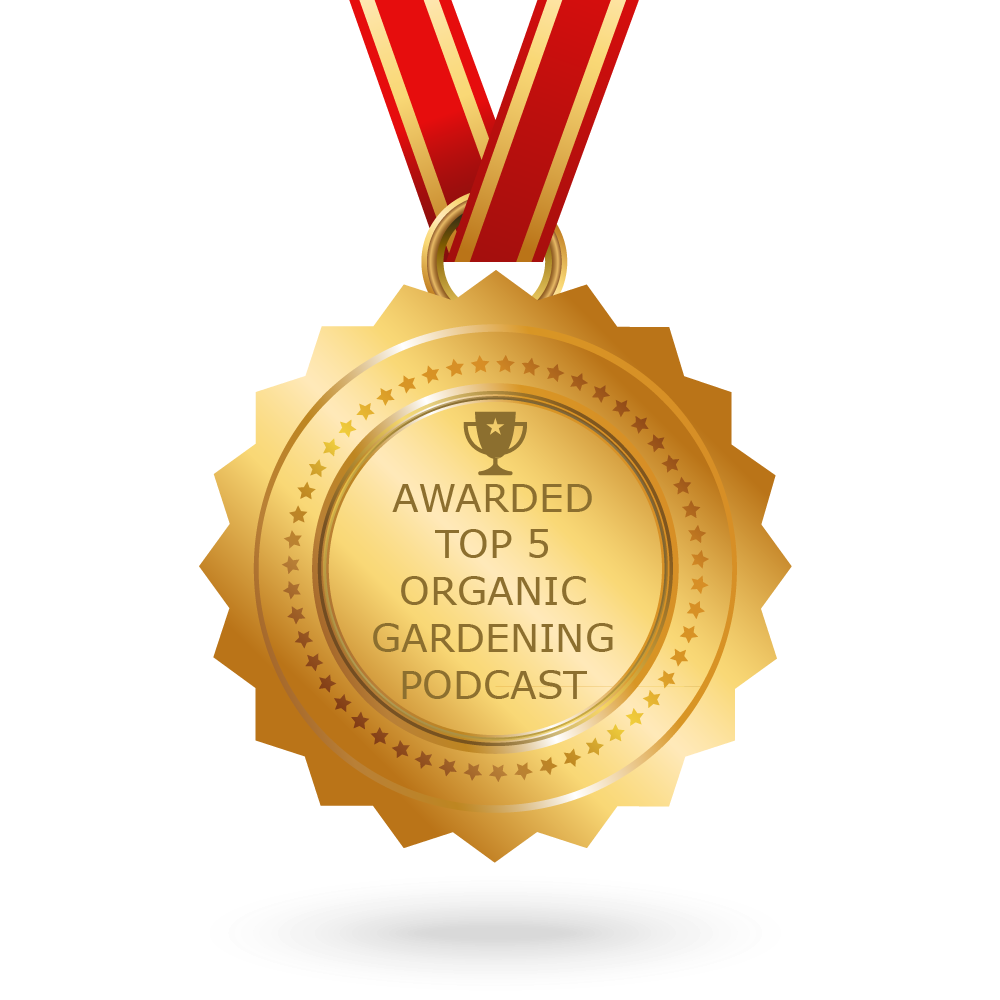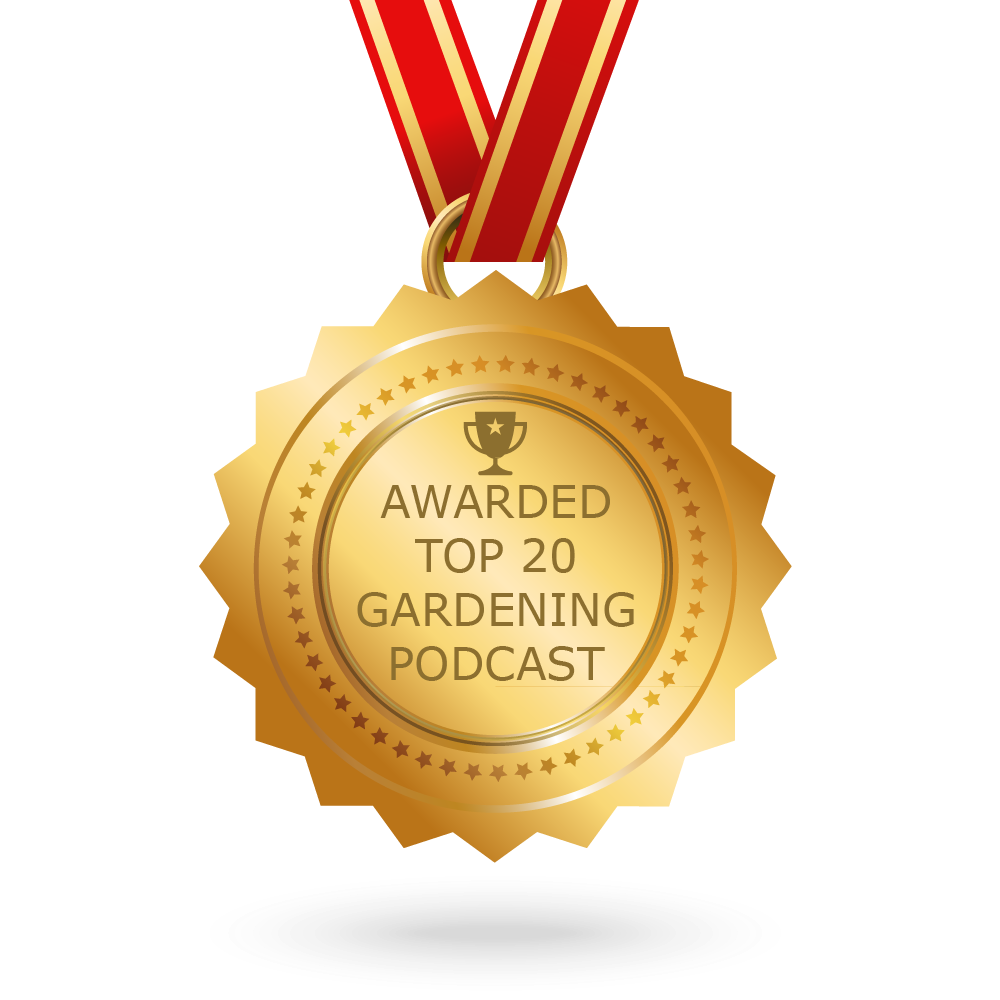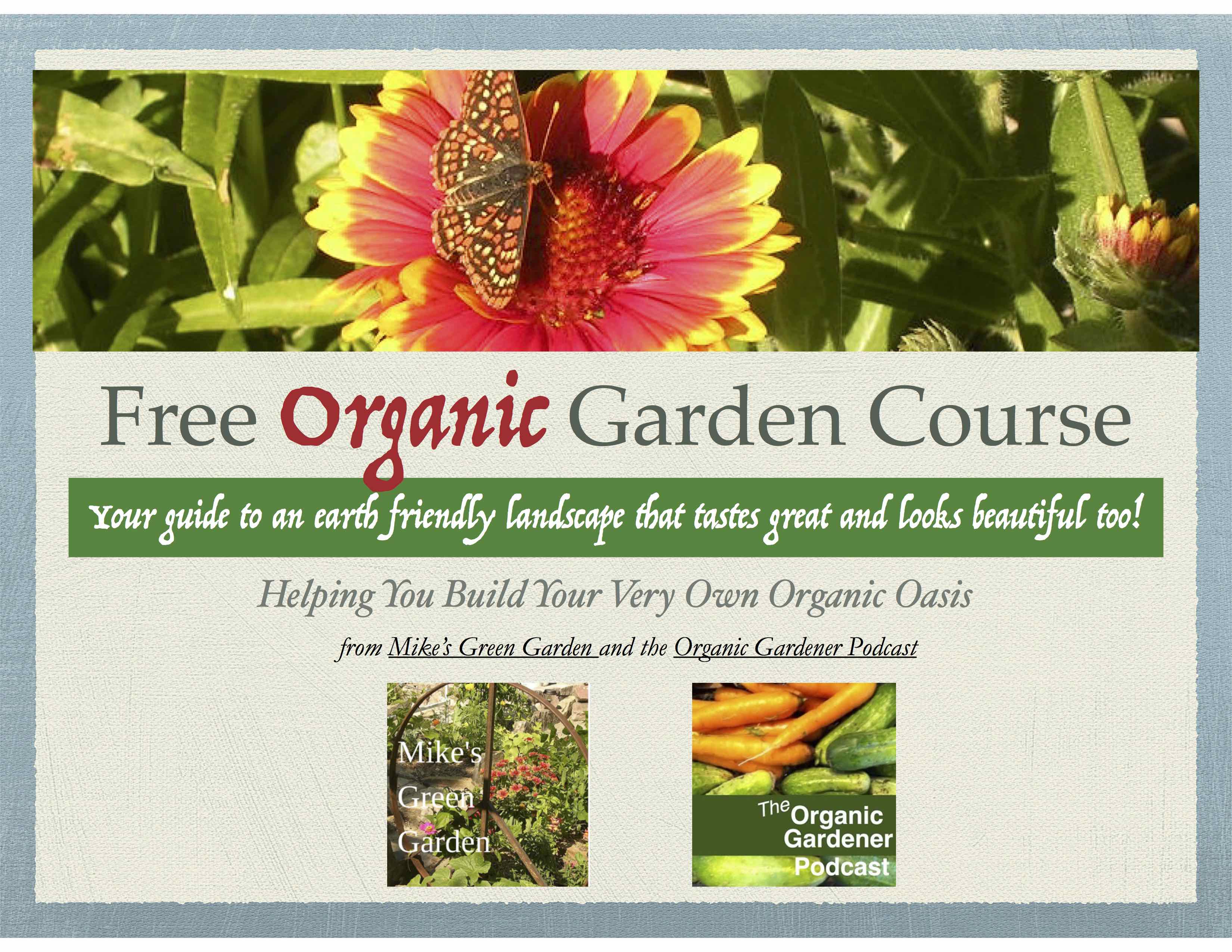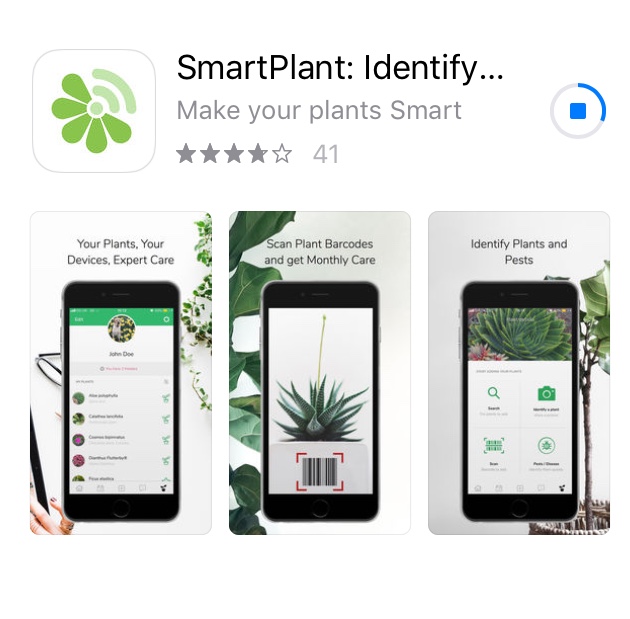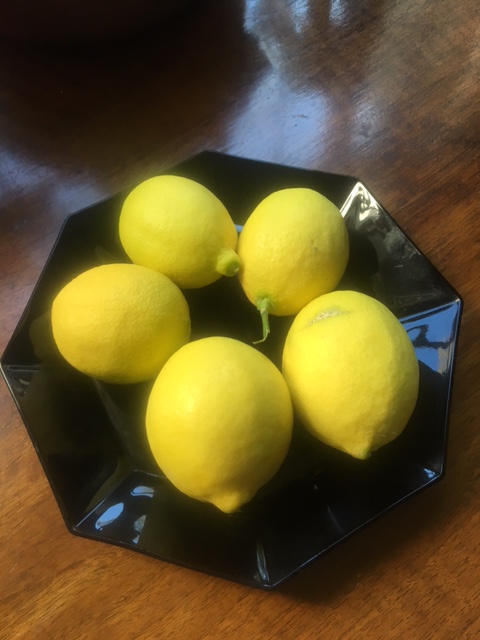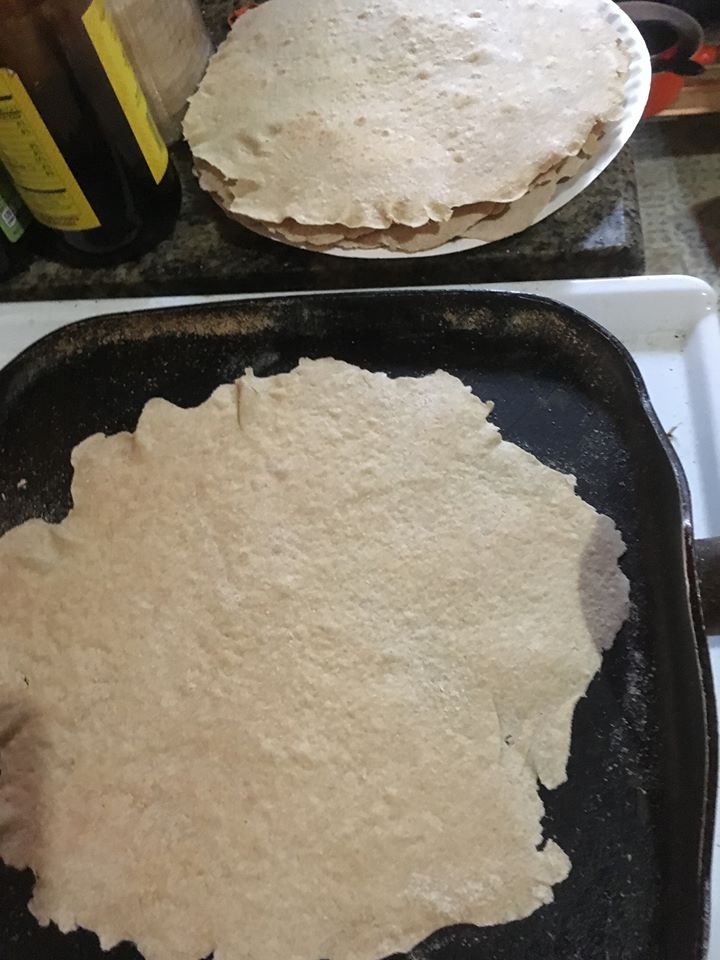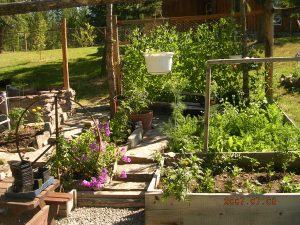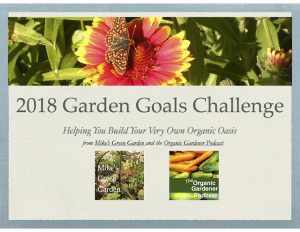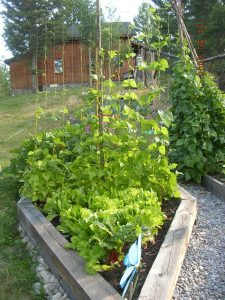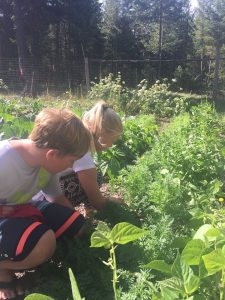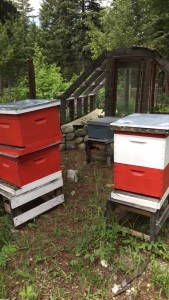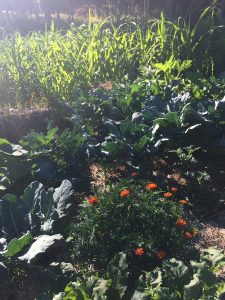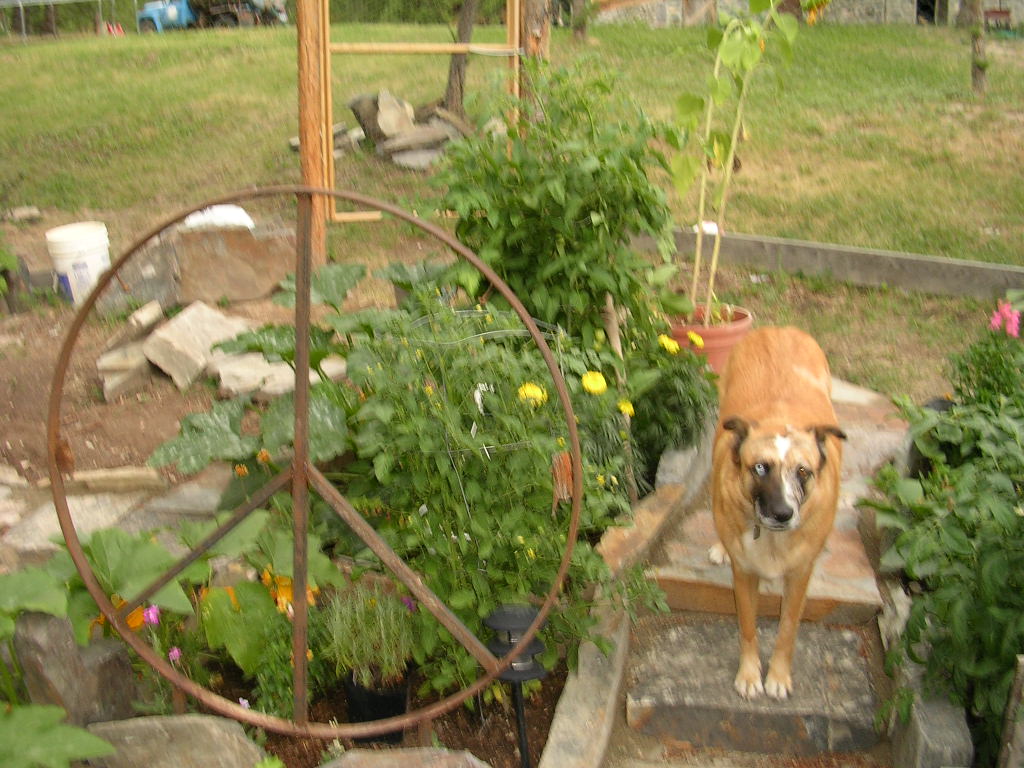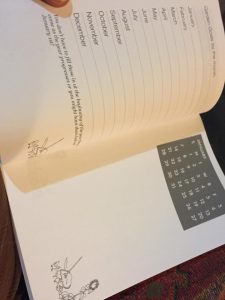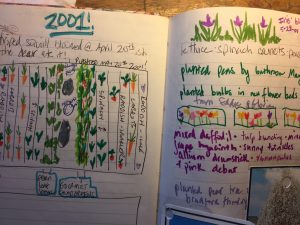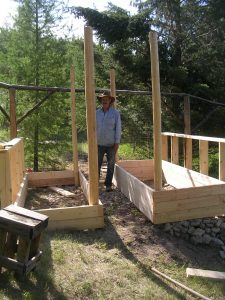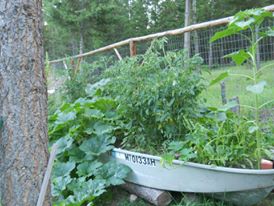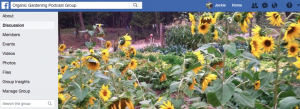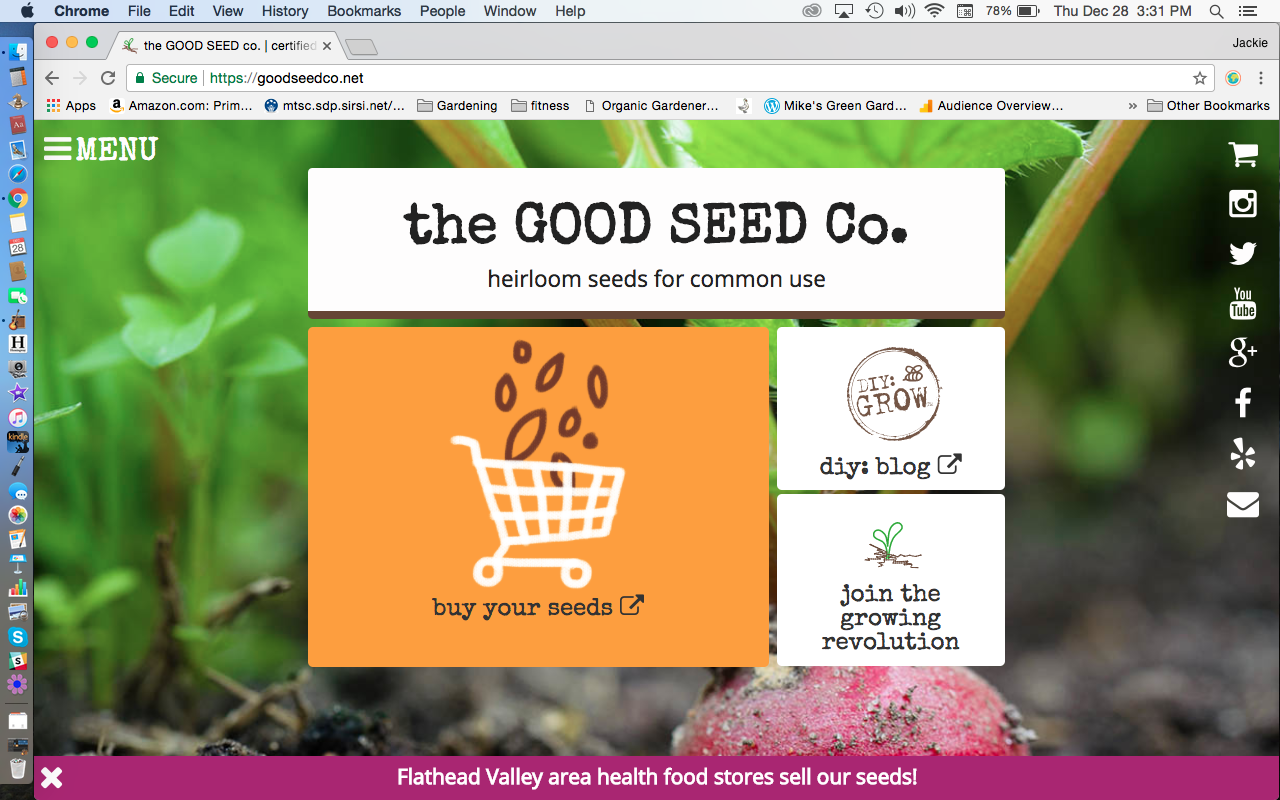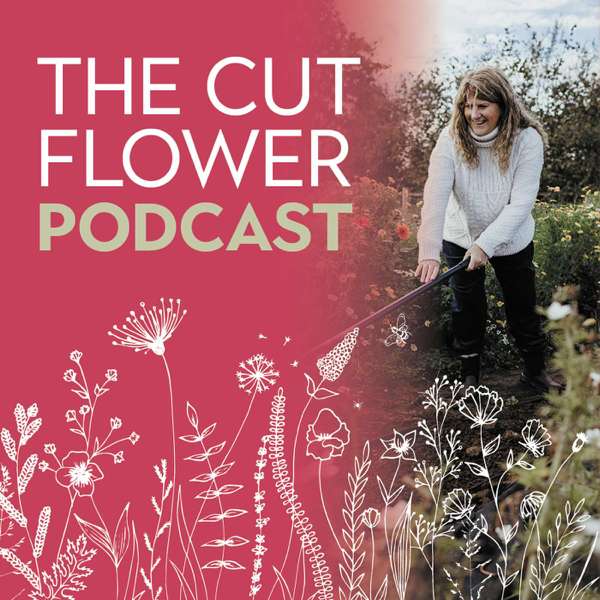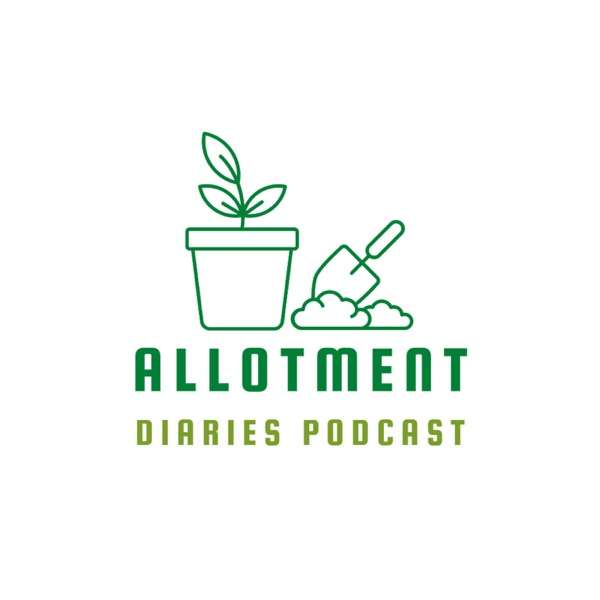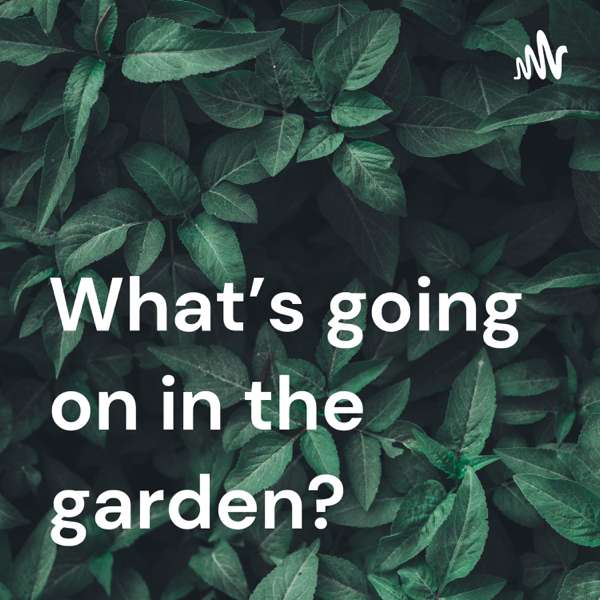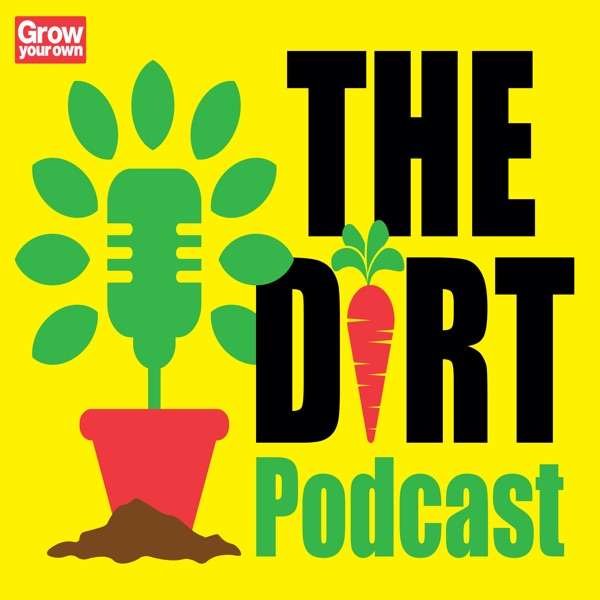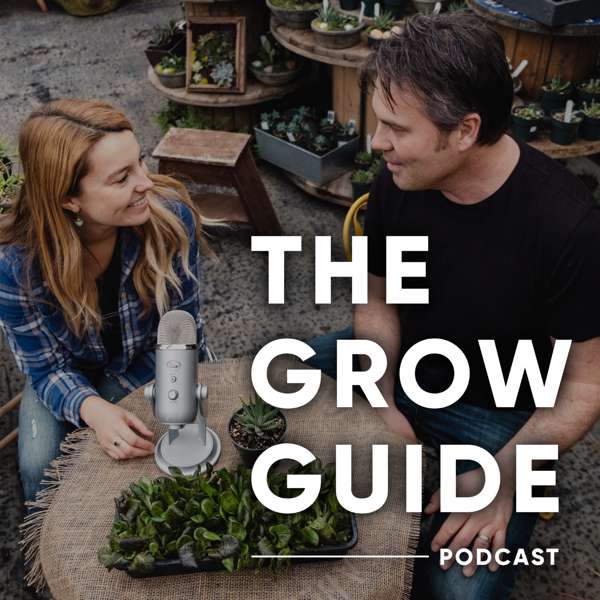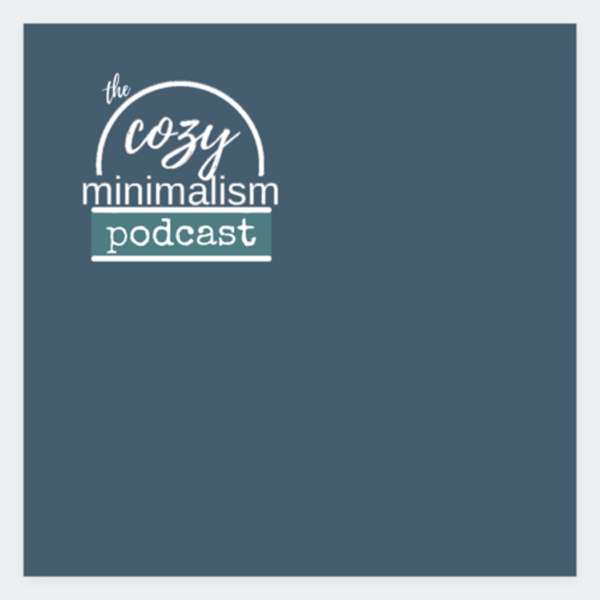https://youtu.be/t-4pI7KAp_0
My Garden Journal
Welcome to the Green Organic Garden Podcast.
Today. It is Friday, July 24th, 2020.
And I have a guest, I know you are going to love her. You are going to learn things that I have never had any idea. She's written the most beautiful books. If you get it, make sure you go to Amazon and leave it a five star review or a review, you know, anyway, because it is just, it is show informative and it's so powerful and it's about flowers and I love it.

Katie Hess
+ Follow
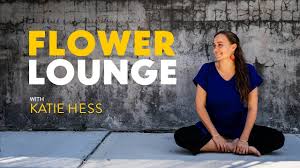
The FlowerLounge Podcast
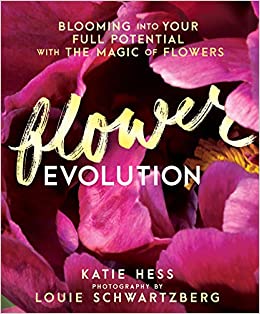
And she has a podcast. You're gonna love that. So from the flower lounge podcast and author of flower revolution here today is Katie has to dazzle us and just share. She's gonna drop tons of golden seeds. So welcome to the show, Katie, thank you so much. It's such a joy to be here, Jackie. Oh, well, I am just, I'm just touch. I could not believe it. When I opened the package that you sent me in this amazing full color hardcover book, all about flowers and all sorts of things.
I had no idea about flowers and just like listening to your podcast and learning about all the places you've studied and all the things that you've done. It's just amazing. So go ahead and tell us a little bit about yourself.
In love with people
Yeah, so I it's funny. It was when I was a kid, I, you know, enjoy nature and played in my mom's gardens, but I had never thought that I would actually work later in life in some sort of profession, some capacity around flowers. So I feel really lucky. I started out, let's see, I studied sociology. So I was just like in love with people.
And when I graduated college, I was searching for how would I help people reach their full potential? And I started studying natural remedies and I learned that while I ran into a teacher or an expert in flower essences from Madrid, Spain, and I just sort of fell in love because I mean, I love all things, plant medicine, like herbs and tinctures and teas and essential oils, but this was like a whole new concept for me.
Flower Essences Expert Teacher
And he was teaching about how every flower on the planet has a really specific, you know, thing that it does like action that it does for our emotional mental States. And that, you know, the thing Jackie, that he said that really got me was he said, if, if 3% of the world's population were actively taking these flower essences, it would create so much positivity through the ripple effect that it would change the outcome of the future.
And you could, you could probably argue the same with gardening.
If we had a higher percentage of people in the world doing gardening, that we would have a happier planet and the same is true with flower remedies. So I just, I got super intrigued.
And then when I came back to the U.S. I realized that nobody really knew what they were, this is 20 years ago. So meditation wasn't cool yet. And, and so, you know, it's been a long road. I've been in business for 20 years, working with flowers.
The first decade I spent working with people one on one, and we'd look at like what was happening in their life, where they wanted to be, what wasn't working. And then I would work with them, you know, give them customized flower remedies.
The second 10 years, I taught myself how to be an entrepreneur and how to take this sort of wild and weird concept of the life force of flowers and how they make you feel, how to bottle it, market it, you know, be able to tell the story and connect the dots for people. So that's been the last 10 years building a team expanding around the world.
Well, I know we are going to learn a ton today. So I always kind of start my show asking about people's first, like, experience in the garden, but do you want to talk to us about like your first experience with nature and forging and collecting flowers? Like, were you a kid, were you an adult? Like where did that come from?
Thankful for people gardening with kids
So, yeah, I mean, when I was, I actually, I owe it all to my mom. If, if any of your listeners have kids and you're gardening or kids or grandkids, I would commend you. You're doing a tremendous service to the world because that's really where I learned to really appreciate nature was in my mom's garden.
So when I was really little, we lived in Minneapolis and she had just like, Oh my God, you know, fuchsia and water hyacinths and water gardens and peonies and Lily of the Valley.
And we had a big pine tree and I'd climb up the pine tree and get all sticky and sappy. And she had gardens all throughout, you know, me growing up. And that really taught me to appreciate growing things and the beauty of flowers.
And she was also a Forester.
So she would take me on walks and she would start, you know, at a very young age showing me how to identify things. Like I remember her showing me a winter green leaf and we break one off and open it up and you'd be like, Oh, it's just like in this cloud of wintergreen smell, you know, as a kid, it's just like, wow, this leaf looks like a little, nothing, and then it's so amazing.
So she really also taught me the beauty of, you know, being in the wild and looking at lady slippers and collecting Morel mushrooms and wild blueberries. And I think it, it, you know, as an only child, the trees and the flowers and the forest were really like my best friends and that's really where it all started.
I love all of that. And just like, I know the memories of being with your parents and going on those nature walks and going with your family and being, seeing all those flowers, like I still remember climbing my favorite shoe.
I was even looking at our AppleTree yesterday and thinking about claiming we had a Dogwood tree that I would just do flip after flip, after flip between these two branches of, and the only thing I was going to say that, like what you were saying about gardeners, what you're doing is, you know, a really honorable thing with your kids and grandkids is that I haven't said this in a while, but I used to say it a lot at the beginning of the show.
Embrace the Resistance
Like if your kids, for sure, they're teenagers are showing some kind of like resistance, just like the best thing you can do is just keep sharing your passion. Don't push anything on them. And you will be surprised at how much time they end up spending in the garden as an adult, because of that, like, I've talked to so many people that are like, I hate a garden when I was a kid.
I'm totally like my mom's like, how do you have a gardening show? And in the meantime, this summer, I planted my very first broccoli seedlings and they're growing. They're like popping out of the dirt.
And one of them's like almost a half inch tall. Cause I just planted them on like, I think the 17th and just, it's just so cool. Like I never thought I would ever plant a broccoli now, we'll see. Do I really get broccoli out of them? Come, you know, they'll probably be ready October.
My husband's like, I don't understand why you're planting broccoli seeds. Now. He's like, you should have done that two months ago, but we're harvesting all the broccoli that we planted. Like it's, it's pretty much done. There's no broccoli growing after, like I need to get down there. And Mike's like, you got to pick that broccoli and get it in the freezer. Anyway,
A good point, Jackie, that, that a lot of it comes through food because I remember, you know, picking fresh beans off of mines and picking fresh raspberries out of my mom's garden. And there's something about, there's like a real connect, I think for kids around food, you know, there's the, of course there's the beauty of flowers, but like how cool is that, that you can go out there, pick your broccoli, saute it at night, eat it. And you didn't have to go to the store.
Like there's a real sense of empowerment around.
Wow. Like you grew that you cook that, you know, I think that, that that's a real connect for kids on a level that they might not be able to understand when they're younger, but they know where food comes from. Right. You know, like you heard about kids in the inner city who just like, see the fruits and stuff on the shelf and don't really know where it came from.
So yeah, gardening is, is a really powerful teaching tool just by showing by example.
And two quick things I'm want to say about that. One of the amazing things is how much the bees are loving the flowers on the couple of broccoli's that have gone to flower. Like they are just totally out there. And then the other thing I was going to say is we're going to learn a ton about flowers.
So if you don't want to grow vegetables, because that is a whole other learning curve, I bet by the end of the show, you are going to be inspired to have some beautiful flowers growing in your garden or your oasis or your landscape.
FBI Agent Story
Because I had no idea. Like one of the stories I love is the one about the FBI agent who studied polygraphs. And then he goes in and then what he like attaches the plant. So the polygraph and like the plant shows, like even when somebody goes on vacation, like they can tell what's going on. Like they're showing them this polygraph thing. Like that was just amazing to me.
Isn't that wild. Yeah. It's a study that showed, I mean, through his work that he's a CIA agent, he was like, so good at polygraph that he was teaching people how to use. And you just got curious one night, you know, I could just imagine the guy sitting in his office looking at his philodendron plants, like, Hmm, what's going to happen if I connect this to the plant?
Symbiotic relationship
And then like you said, yeah, he found that we're so in tune or rather the plants are so in tune with us, their caretakers. And I don't know who takes care of who better. It's a symbiotic relationship, but they're aware of our stress levels.
So, you know, people go on vacation and the polygraph would register when that human being had stress, even though there were hundreds of miles apart, they also showed that plants could identify essentially the murder in the room, you know, that they had this experiment where someone came through and harmed a plant.
And then, you know, they had several people walk through the room and all the plants were able to register on the machine when the, you know, the perpetrator came through the room.
So I think there's, you know, studies like that are fun and funny and show us that there's a whole level of intelligence that we can tap into that might not be apparent, you know, because they're just operating at a different pace than we are.
You know, when you mentioned bees, one thing that came to mind with bees is that of the latest research coming out of the UK, there's a study, particularly coming out of the University of Bristol, where they show that these actually aren't attracted to flowers based on color or scent, like we had thought. And that there actually is this very subtle electrical vibration that's being emitted from the flowers.
And so the bees and the flowers are so communicating, the little hairs on the bees legs are picking up these electrical impulses and actually having this dynamic communication together about pollination, you know, I've been pollinated or I'm ready or whatever other things they communicate about.
And just because we don't feel those electrical impulses on the hairs, on our legs, you know, it doesn't mean that they're, they're not happening.
And so, how crazy is it to think when you look at your garden, if you could see what the bees or feel what the bees feel, it's almost like the movie avatar, you know, it's like, I call it floral life <inaudible>?
That's what I was thinking about when you were saying that?
like every flower is admitting this really gentle, soft essentially song, right? Every flower has got a different song. And so when you're, when you're gardening, you're spending time in nature, you're essentially bathing yourself in the music of nature, even though we can't hear it.
Forest Bathing
And they've done those studies in medical schools in Tokyo showing tremendous benefits of forest bathing, which you can apply to gardening. So if anybody ever gives you trouble for spending too much time gardening, you just think back to the studies in Japan, they show that a forest bathing.
So essentially, you know, you could translate that to being in your garden, reduces cortisol levels, adrenaline, you know, so your stress is dramatically reduced and increases white blood cells, meaning that it boosts your immune system.
But the coolest thing is that there's an exponential power to it.
So they found that if you spend one day in the forest AK one day in your garden, those elevated wellness effects lasts in your body for a week. And if you do it for a weekend, it lasts in your body for a month. So we're talking about, you know, real health benefits, your garden is your insurance policy, essentially.
And I think also we're going to talk a little bit about forging today too, but that's so true. My friend Dacia has this blog called Simply Josephine. And she does a lot of, you know, she makes like natural medicines and selves and tinctures and different things and she's always collecting and she's like the healthiest person. I know. I mean, she's just like the epitome of the organic life just.
But anyway, well, do you want to tell us about your spirit with gardening?
Yeah. I mean, gardening, let's see. I, I usually tell people that I, didn't not somehow didn't inherit my mom's green thumbs and fingers, and that might be true, or it may be that I just haven't had enough practice, but I have a much more fiery personality.
She is much more earthy and I watch her with plants and she can, you know, pinch them and prod them and pluck and, and they just like go crazy in her presence. You know, they just bloom and expand and grow. And she has that thing.
My quality is more fiery.
I had a teacher tell me once that, you know, don't touch my plants, you're burning them. So typically fiery people are better at making medicines. And so that's more sort of my realm of expertise. I have grown some flowers that we made essences out of really cool stuff like running Iris. I grew an avocado tree once.
My gardening is kind of like by mistake, but you know, right now I live in Phoenix, Arizona and the ground is like concrete.It's so hard. So I spend more time going out into the wild to look for unique and different flowers and make remedies from them so that people can bring nature into their daily lives. And maybe later in my life, when I'm in a more lush place, I'll actually develop some gardening skills.
Well, I'll tell you, since I started my podcast, I've gone from brown thumb to green thumb. So, but there's no hurry. And you're, I love hearing your like little adventures of going into the woods and doing this and doing that and picking that on your podcast.
So why don't you share some of that with listeners? Like where do you collect your flowers? Like how do know where to go, and especially, you know, living in a place like that, where the soil is really hard to grow growing, maybe listeners will be interested to know that they can go collect flowers or things like that.
Yeah, absolutely. Yeah. It started, you know, I started first collecting with whatever flowers I saw around here in this region and then California, and then it expanded to the rest of the United States. And then I started traveling around the world, because I thought, you know, every environment has something unique to teach and the more I travel and the more I experienced different environments and sort of like floral or botanical landscapes, every place has something different to teach.
And this isn't to say that you have to travel. I don't believe that. I believe that some of the most powerful and needed remedies are just right there in your backyard. And oftentimes you'll even see, you know, by the power of miracle, you know, seeds, just landing in your yard, a wild flowers, just pop up in your backyard. And I always see that as a gift. And typically whatever pops up that you didn't expect is exactly what you need. And it's like mother nature put it there for a purpose to support you.
Traveling Southeast Asia
But in traveling, I've seen that, you know, for example, places like Southeast Asia, the, the botanical landscape really lends itself to remedies that support us in abundance mentality. I mean, you know, you plants, there will just like, if left on tame, they just like swallow buildings, right? And so it's, it's this sort of making things happen and action and abundance.
Traveling in Iceland
Whereas places like Iceland where, you know, they say, if you get lost in Iceland, just stand up. Cause there aren't any trees, but there are,I didn't know that. That's like a, one of the places I want to go in my lifetime. I want to go cross country skiing, Iceland.
Oh, that'd be amazing. Yeah. It's, it's an exquisite place and the flowers and the orchids there seem to all be about curiosity and wonder and waking up this kind of childlike perspective of the world. So, you know, different regions can teach you different things about yourself or reflect different aspects of you back to yourself.
In Arizona
Lately, you know, I've been kind of stuck. I was supposed to go to Asia this summer, but because of everything going on, I've been staying in Arizona and that's actually given me an opportunity to take a look around Arizona and see some of the interesting things growing here.
About a month ago, we went up to outside of Flagstaff and drove way up into the aspens and the Pines above about...

 Our TOPPODCAST Picks
Our TOPPODCAST Picks  Stay Connected
Stay Connected






























 Nicole Burke wrote a great book called the
Nicole Burke wrote a great book called the 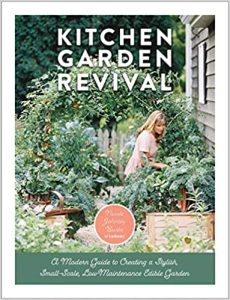
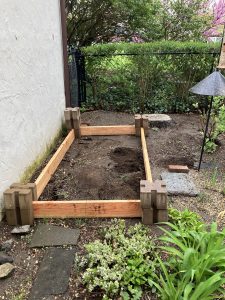

 In this photo you can see how my brother drilled a couple of boards for extra support to sit on top of.[/caption]
In this photo you can see how my brother drilled a couple of boards for extra support to sit on top of.[/caption]
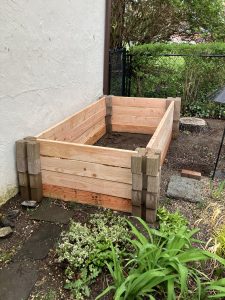
 Someone had told me I could get soil at the local dump, but when I headed over with my garbage can, shovel, and some pots, the dump said they hadn’t done that in years. There were also concerns about the soil's origin and whether it would come from lawns treated with weed and feed chemicals—nothing I want in my mom's vegetable beds.
Someone had told me I could get soil at the local dump, but when I headed over with my garbage can, shovel, and some pots, the dump said they hadn’t done that in years. There were also concerns about the soil's origin and whether it would come from lawns treated with weed and feed chemicals—nothing I want in my mom's vegetable beds.







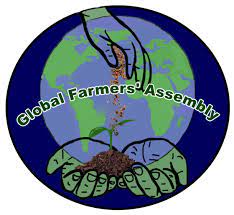

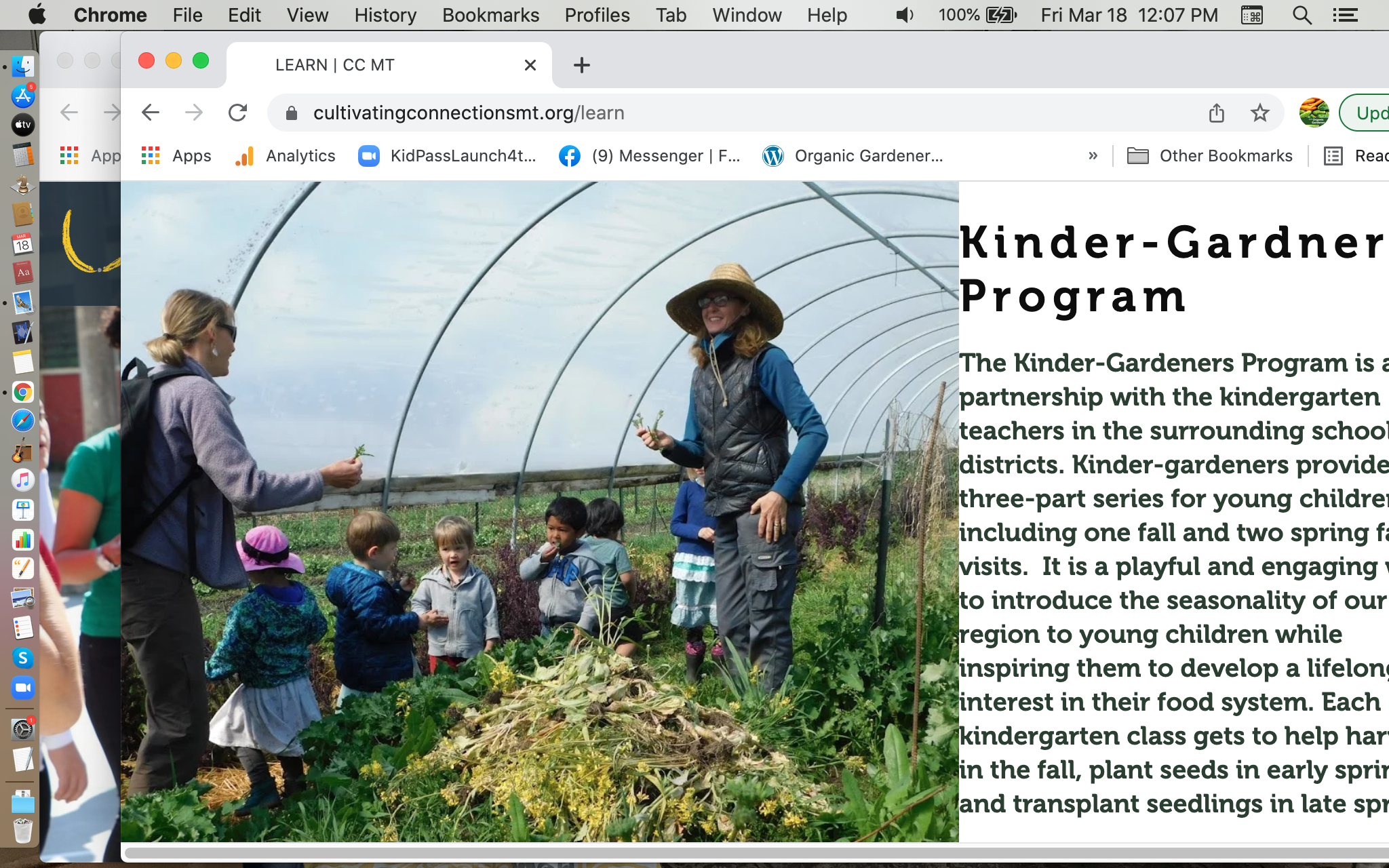





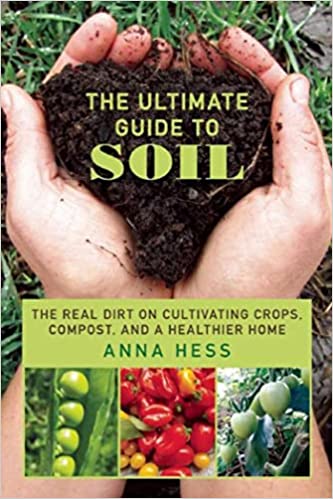



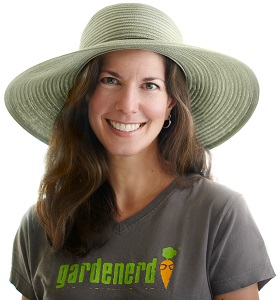 March 11, 2022
March 11, 2022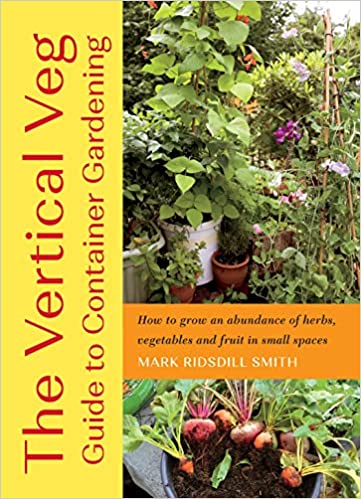


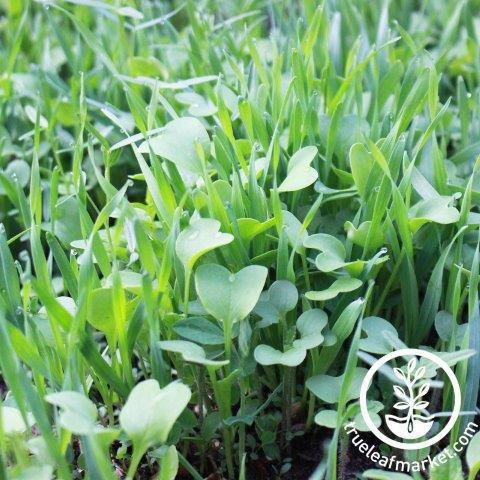



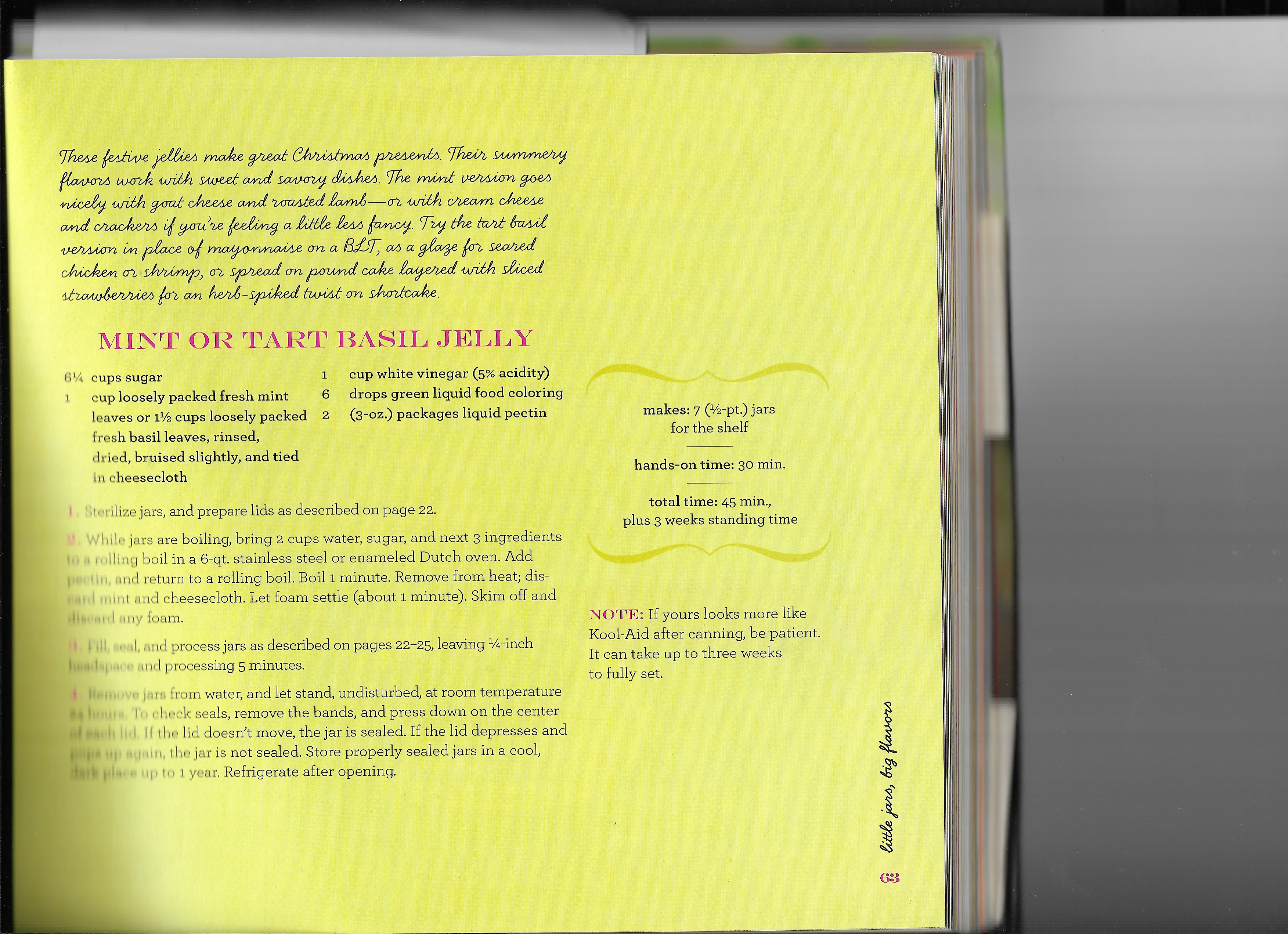




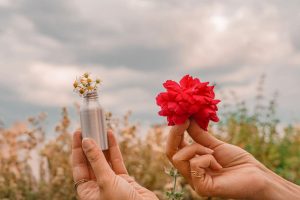
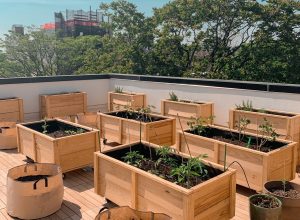
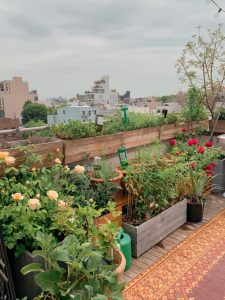

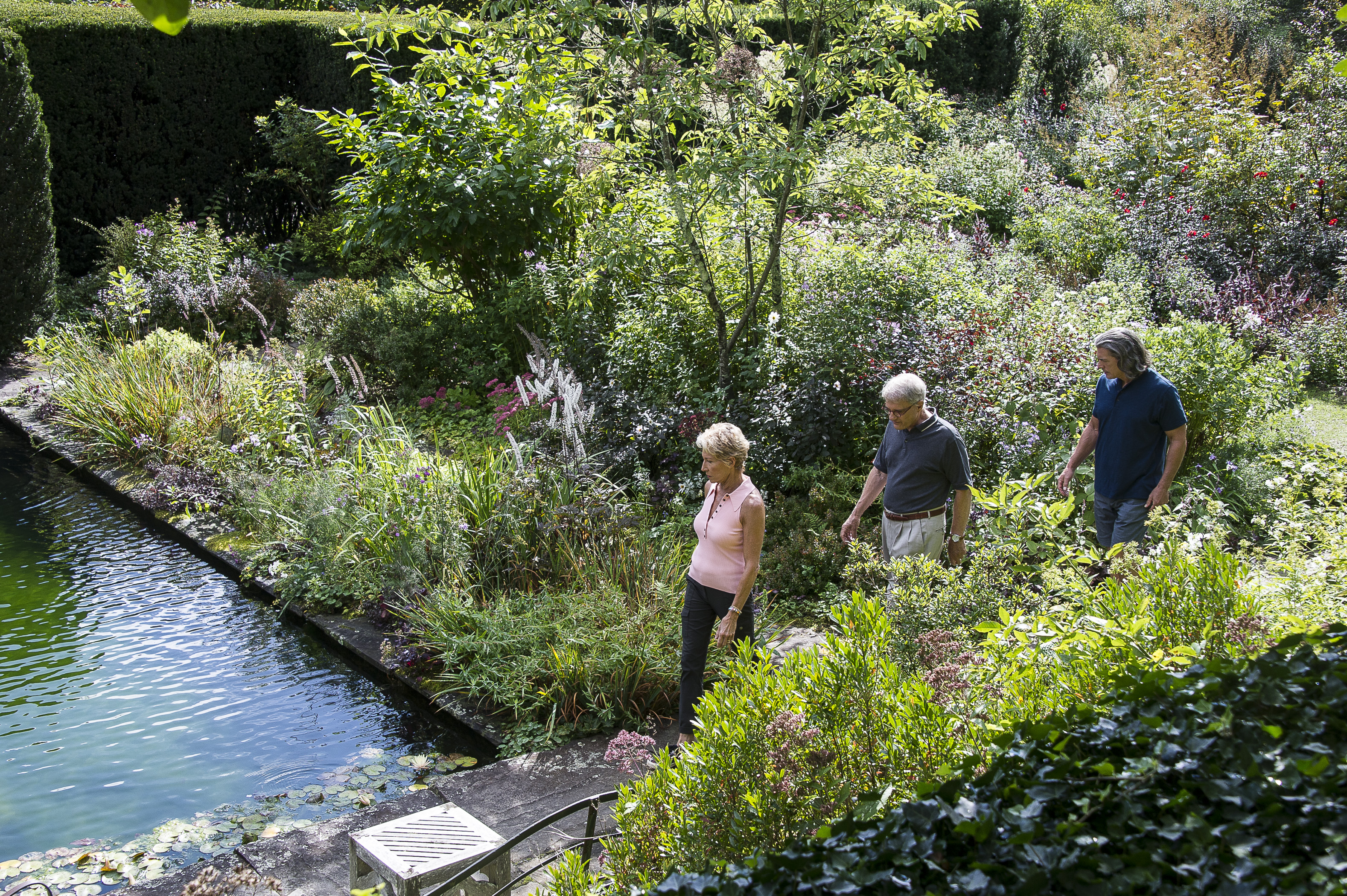

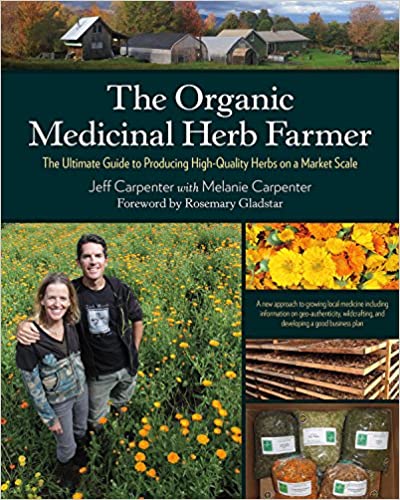



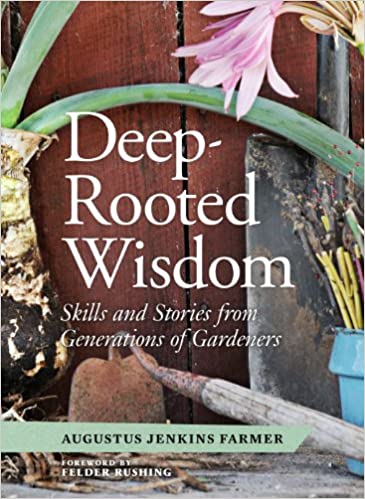

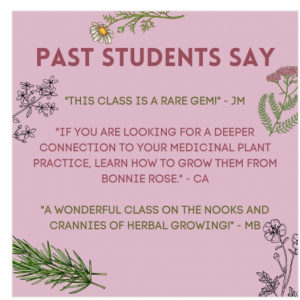
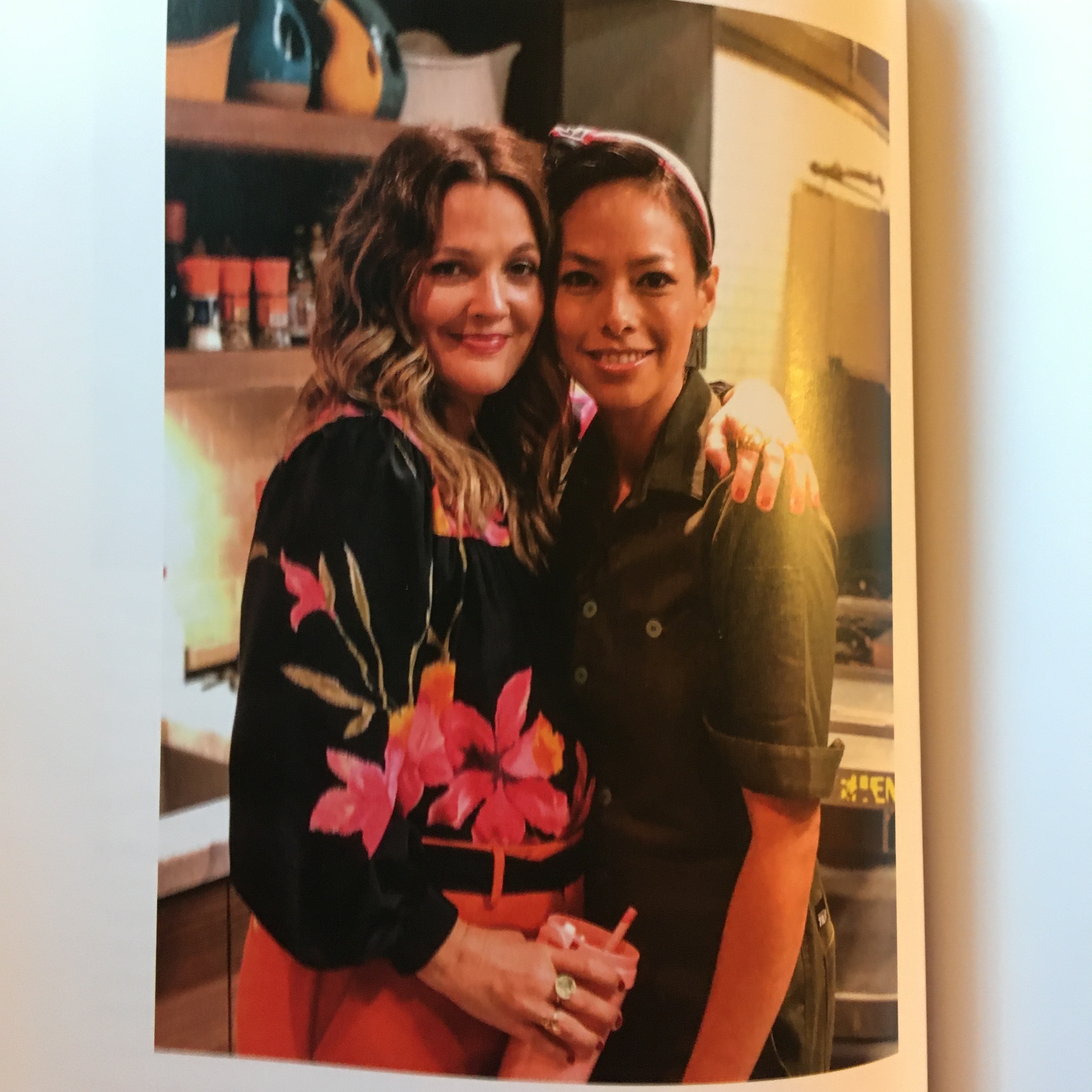


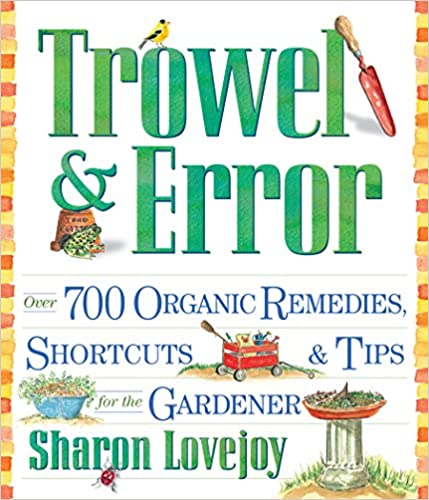



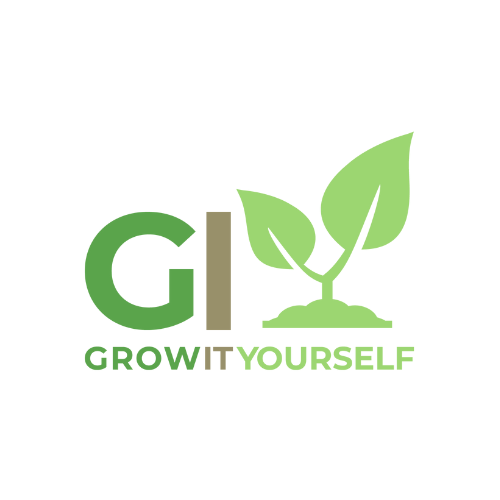
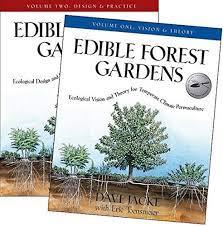




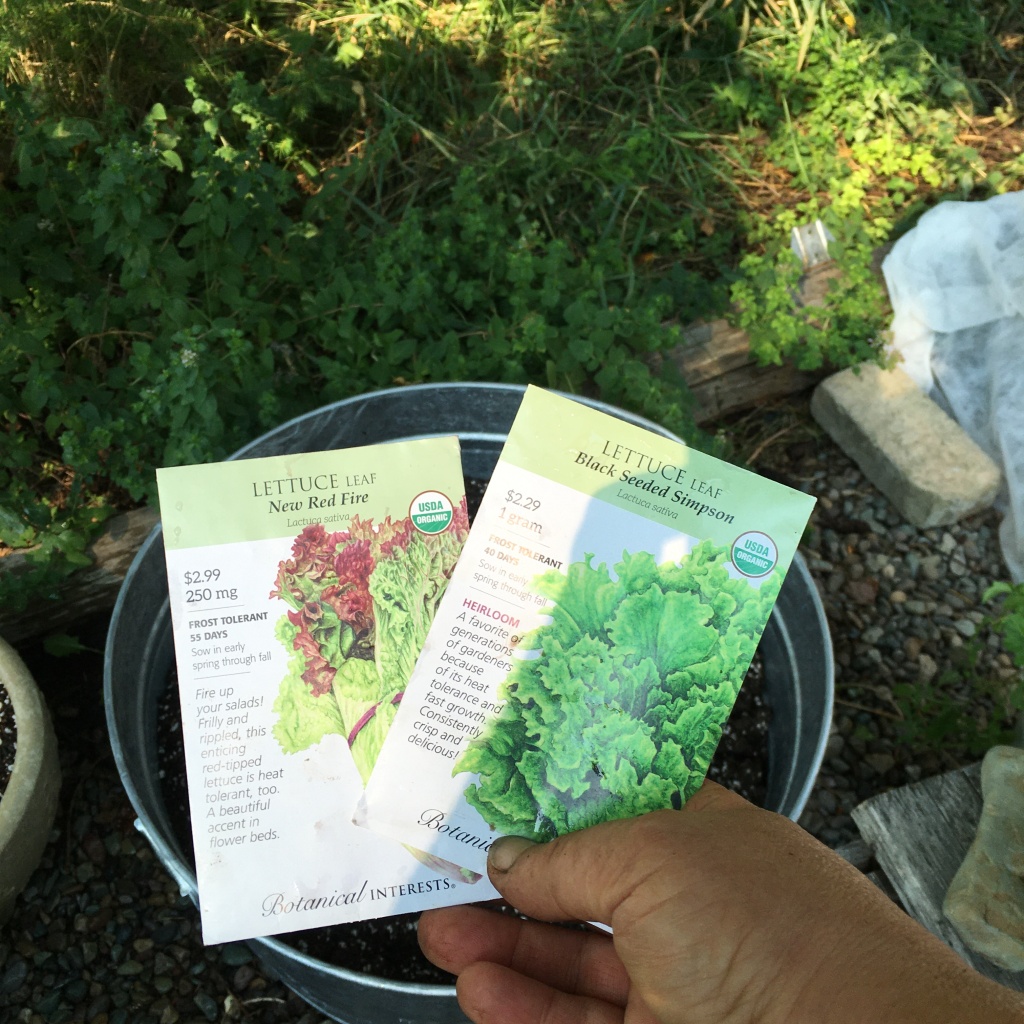


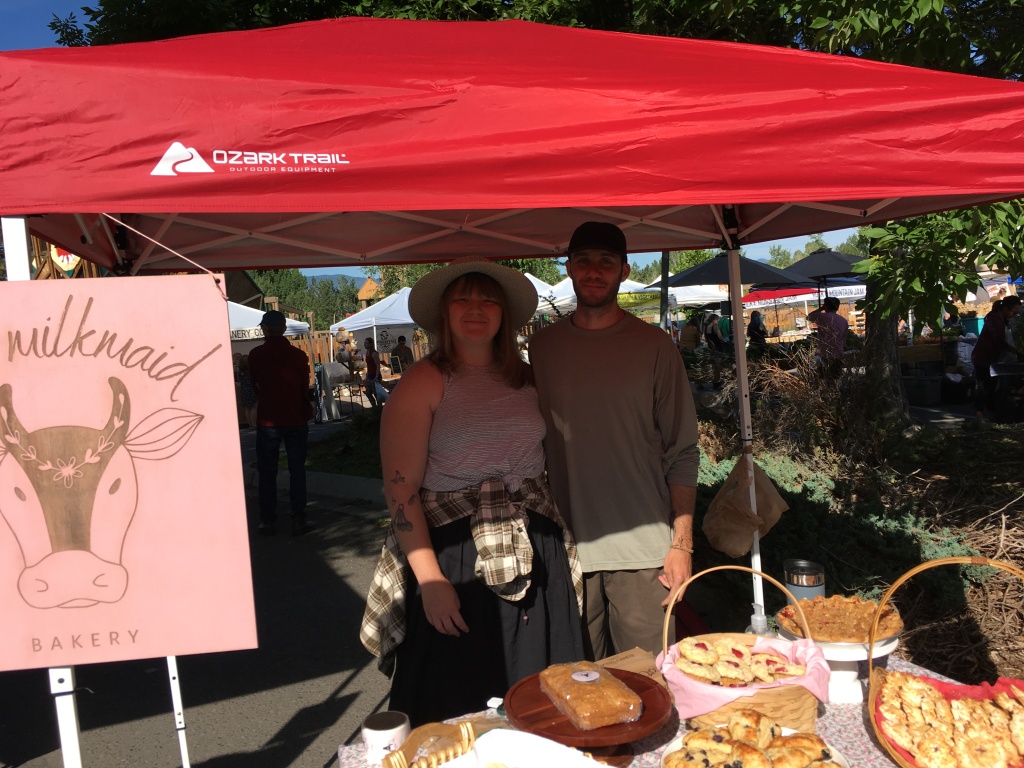 Such an awesome couple
Such an awesome couple OMGOSH! These blossoms were the best! Follow them on instagram
OMGOSH! These blossoms were the best! Follow them on instagram 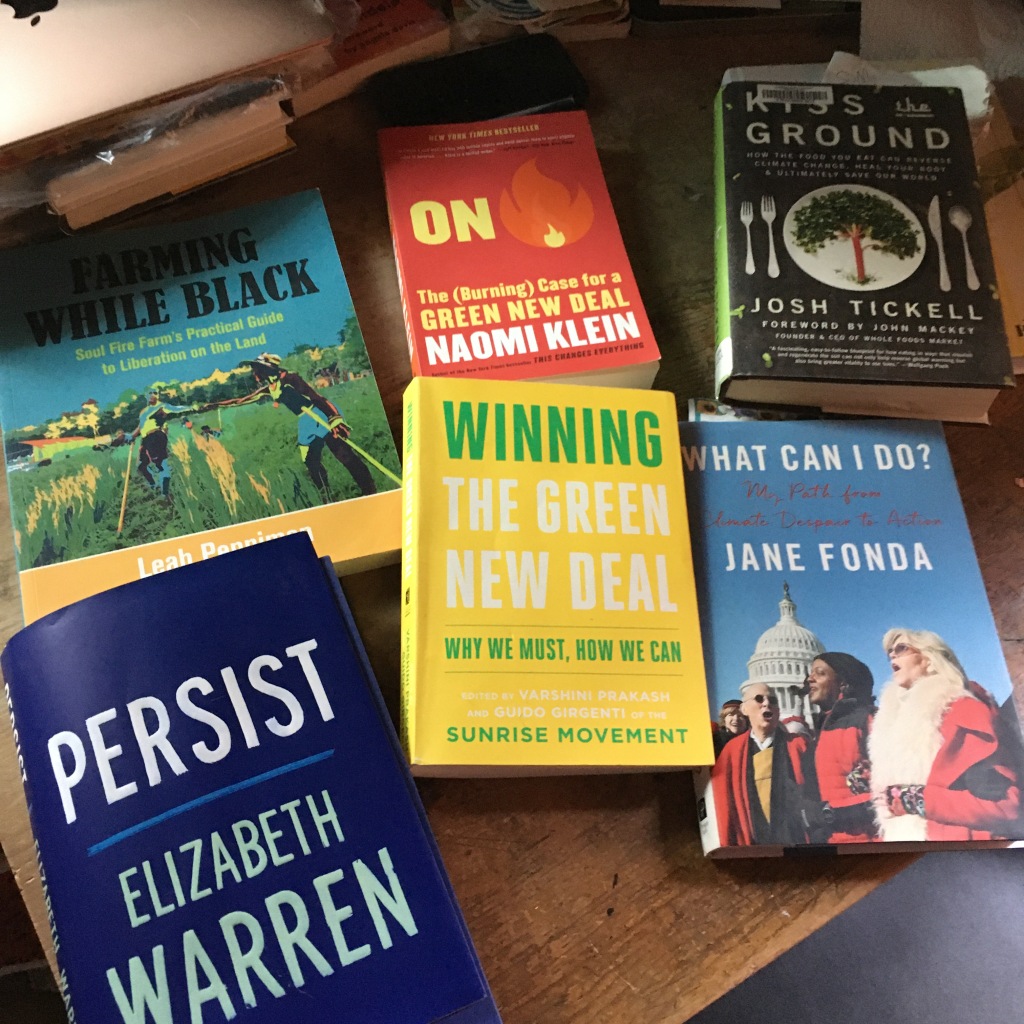


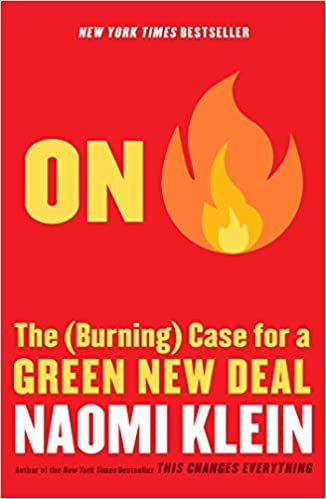
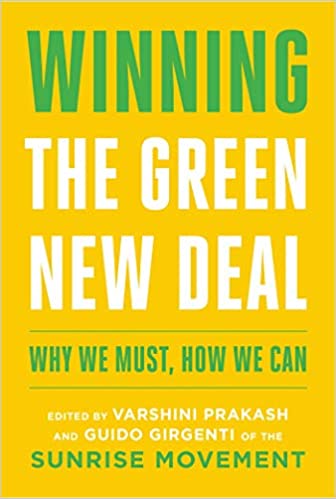

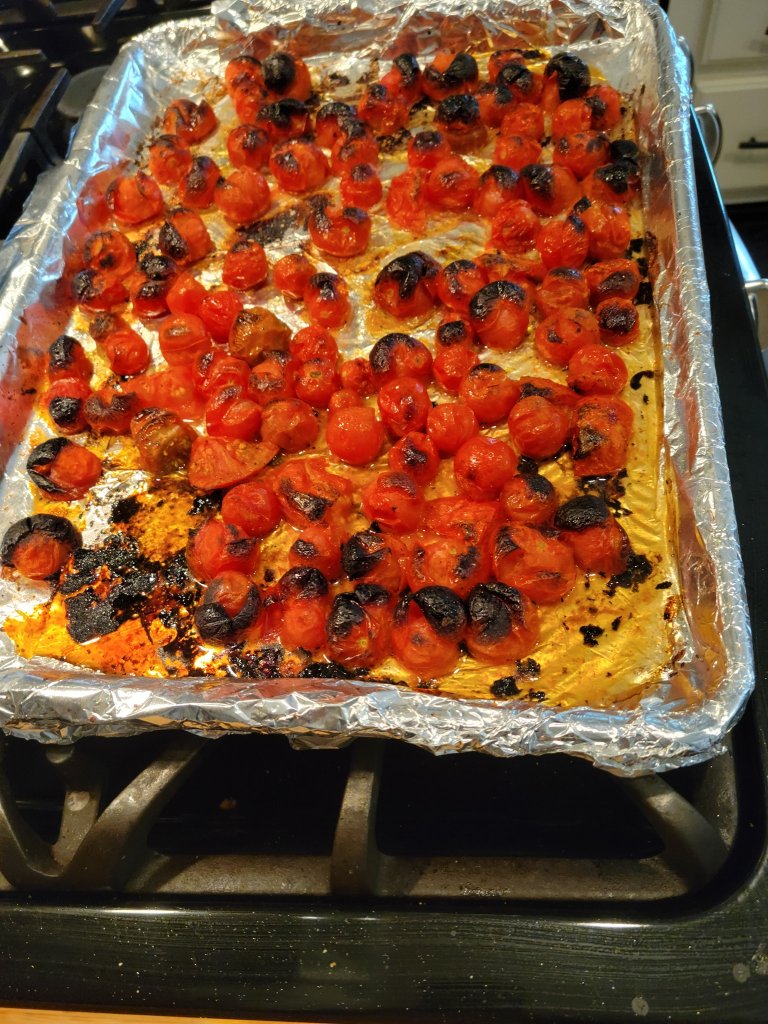


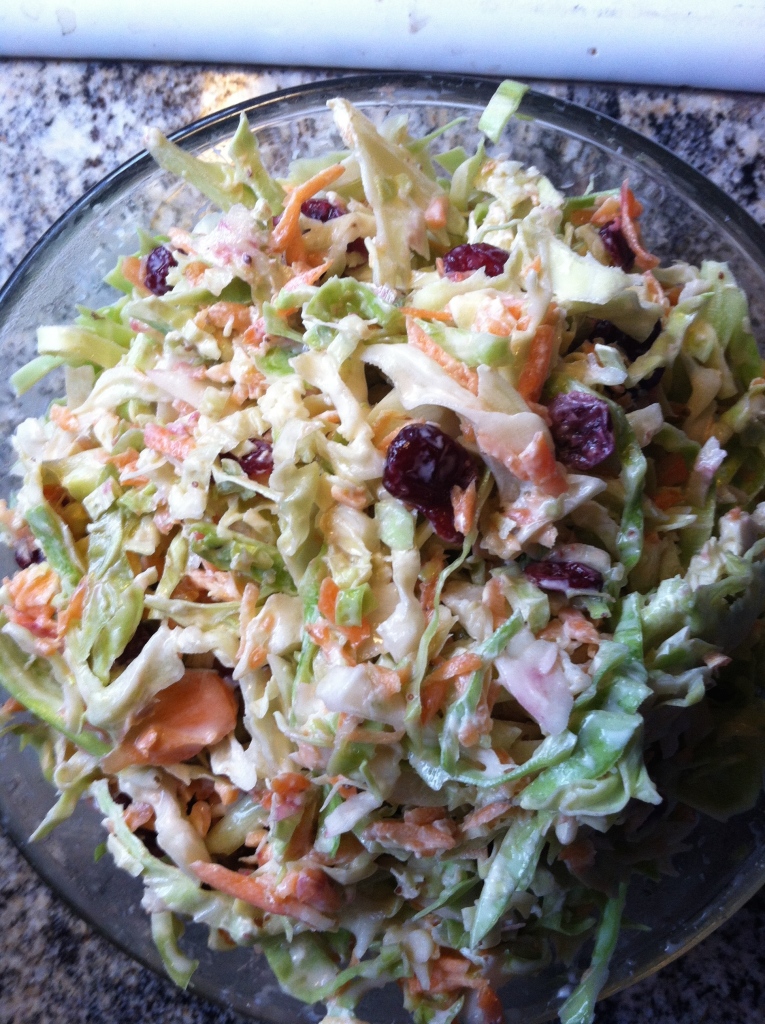







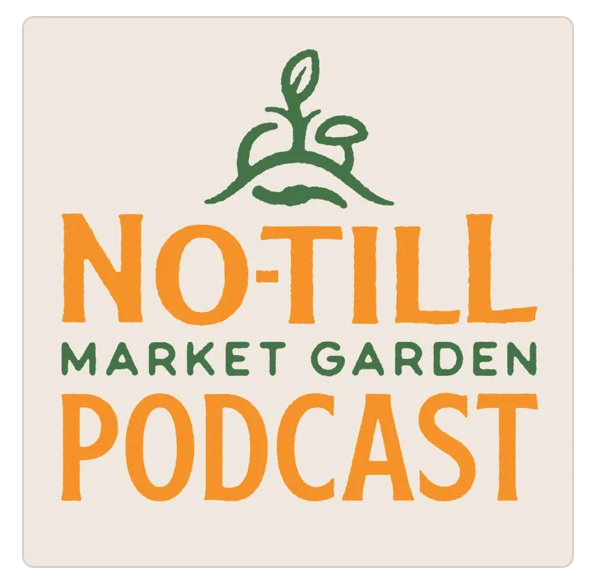

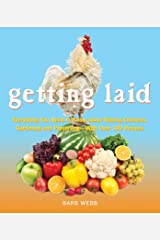
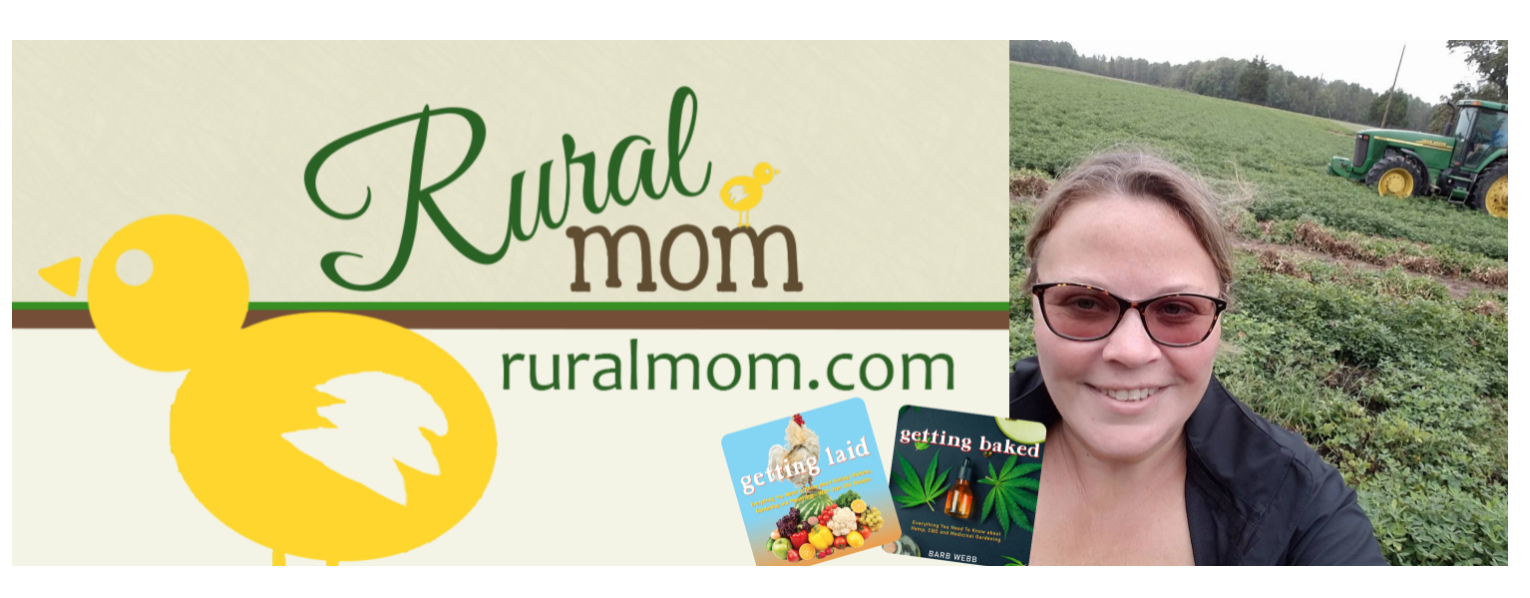

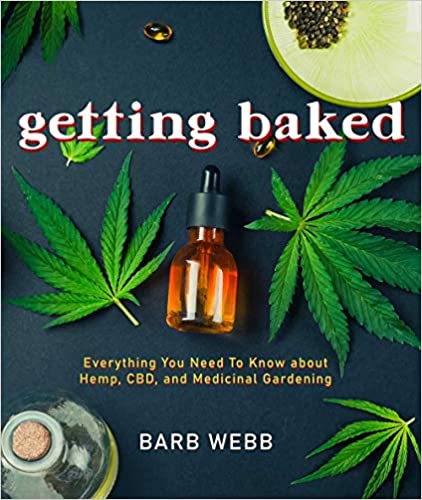
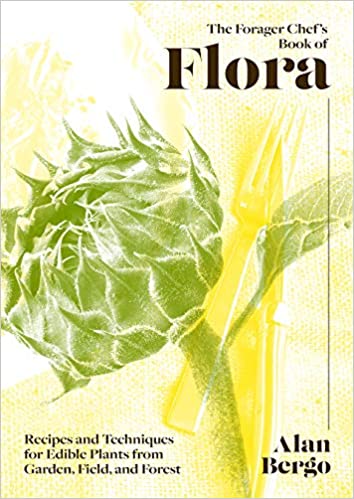
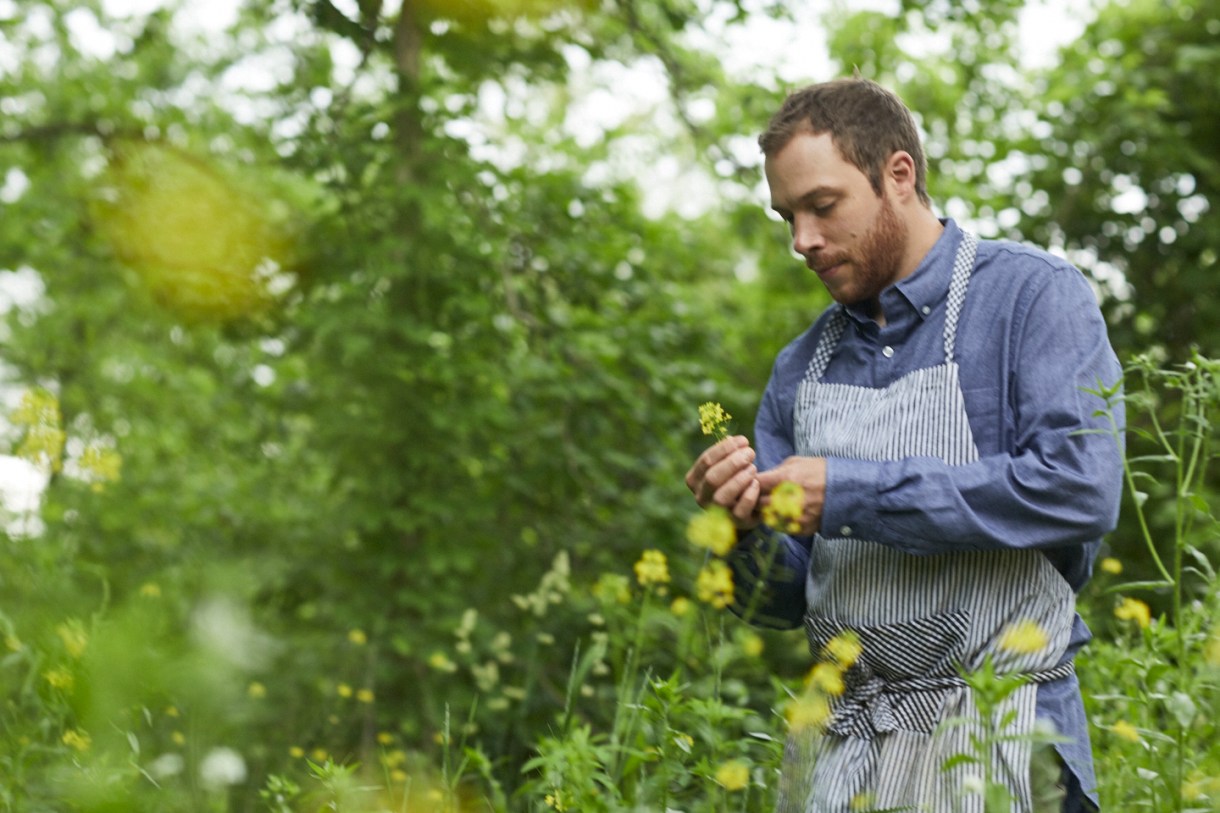

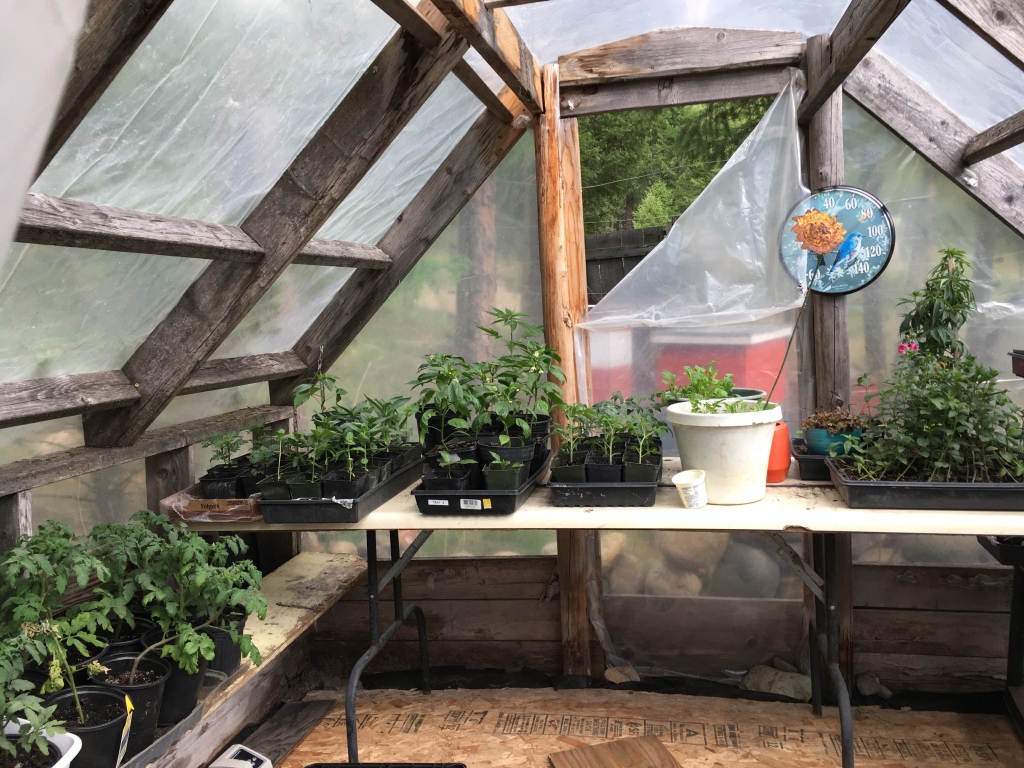
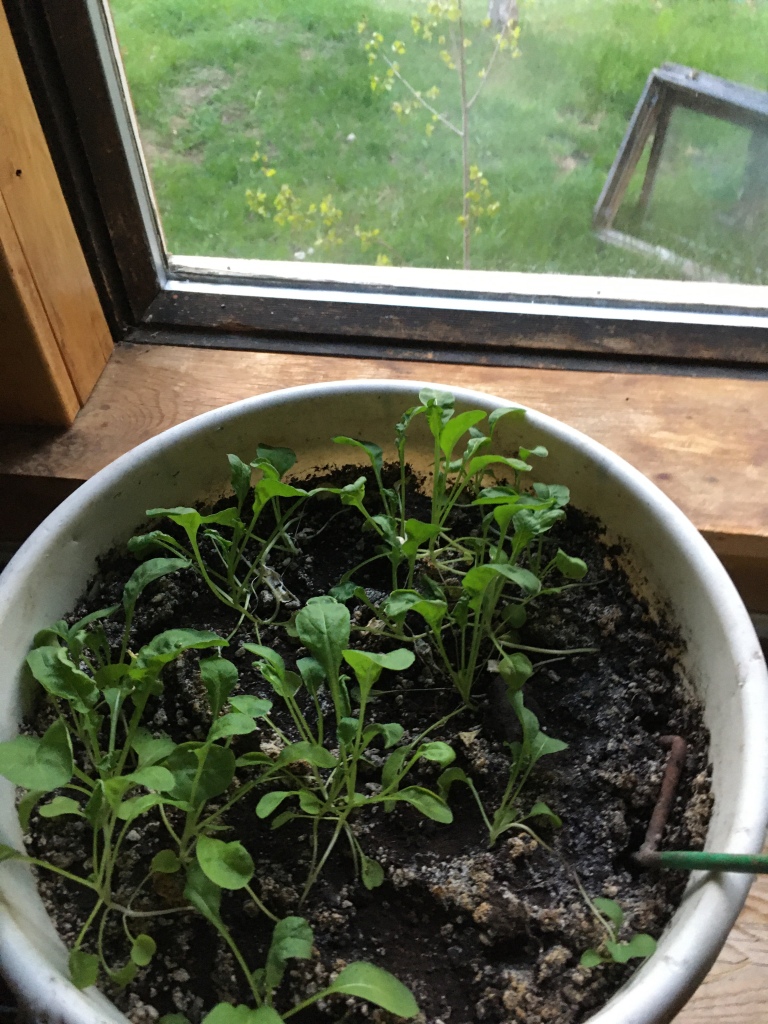 I’m still eating on this arugula from spring
I’m still eating on this arugula from spring Mike picked these yummy radishes yesterday
Mike picked these yummy radishes yesterday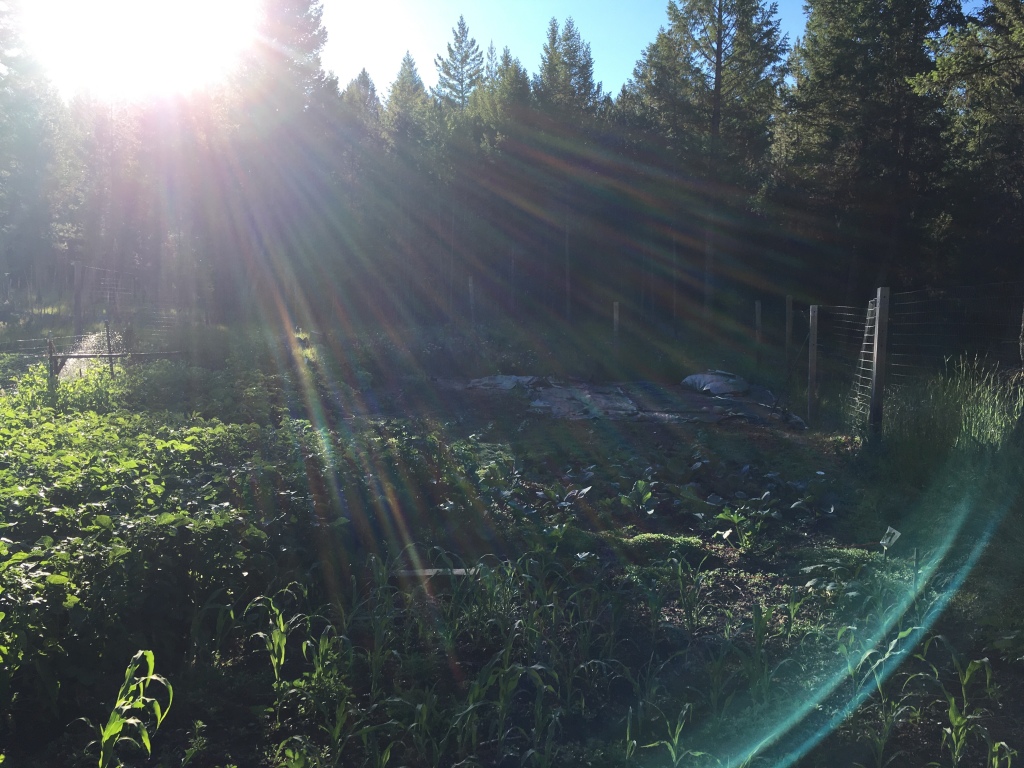 The mini farm growing strong
The mini farm growing strong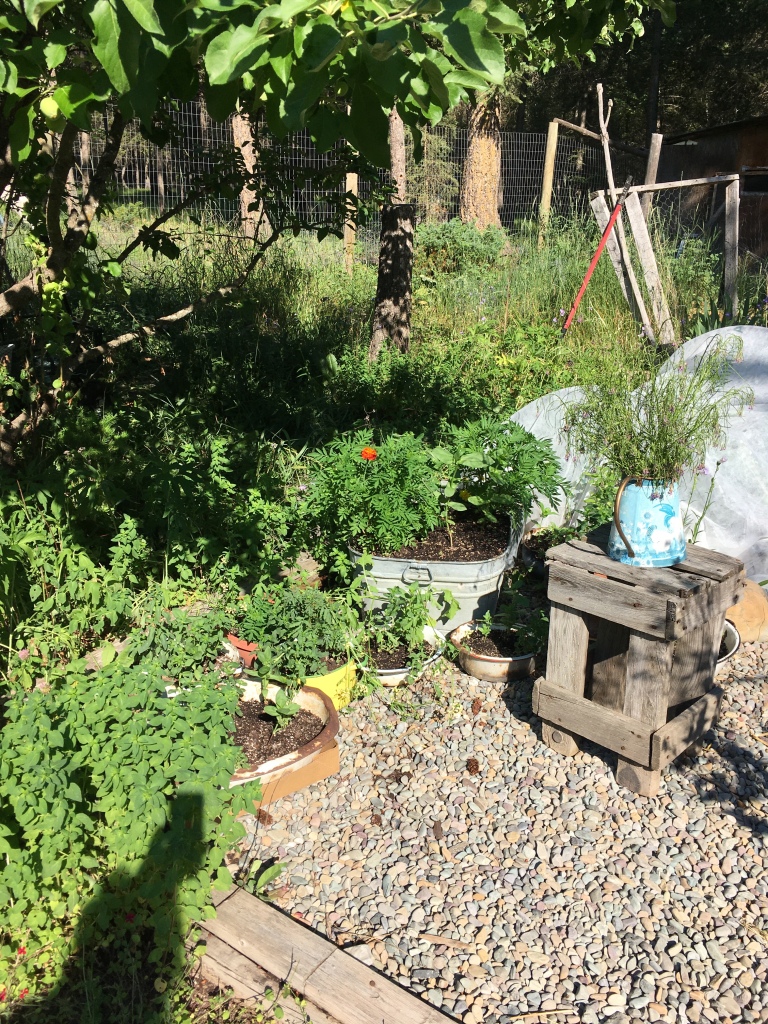 My zinnias snapdragons and marigolds container garden 🪴
My zinnias snapdragons and marigolds container garden 🪴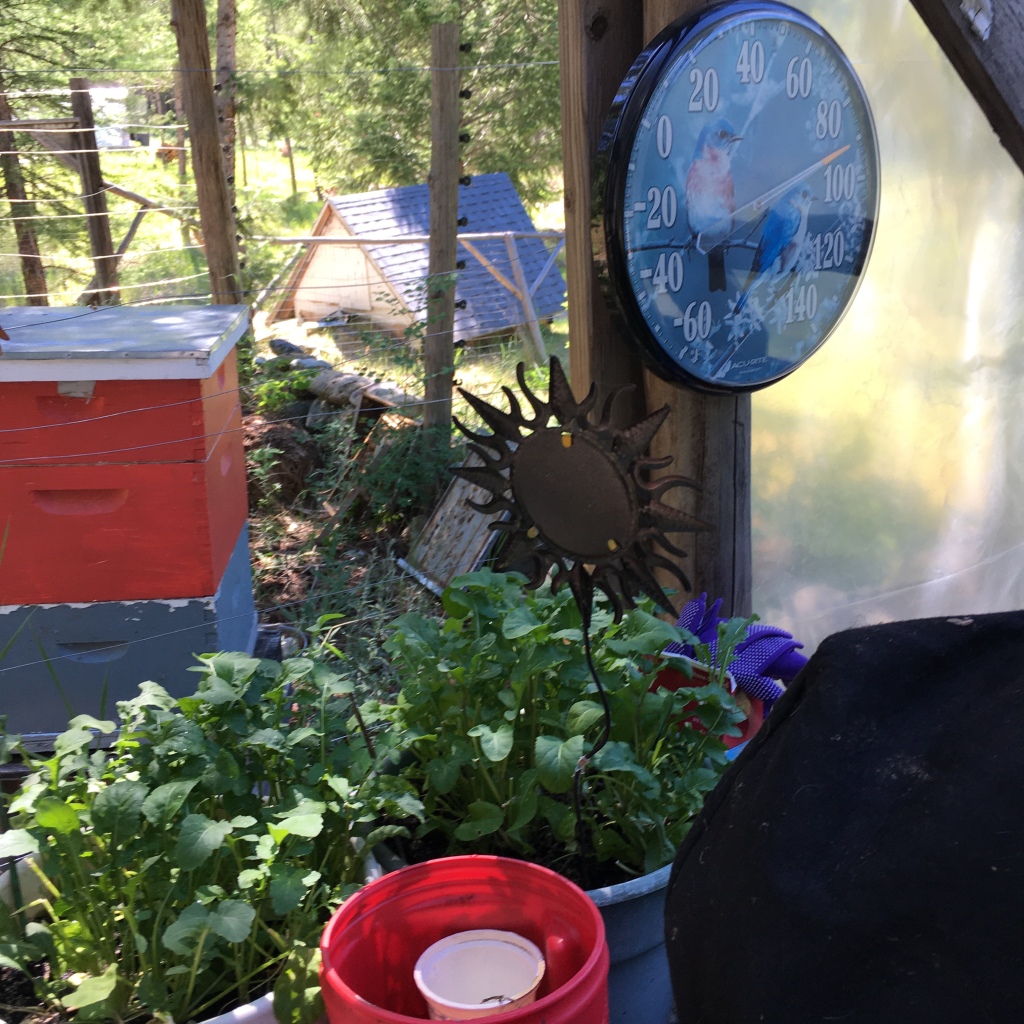 See my arugula growing strong it liked the greenhouse finally had to move it cause it’s just too hot in there
See my arugula growing strong it liked the greenhouse finally had to move it cause it’s just too hot in there


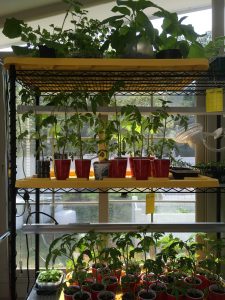
 OLYMPUS DIGITAL CAMERA[/caption]
OLYMPUS DIGITAL CAMERA[/caption]
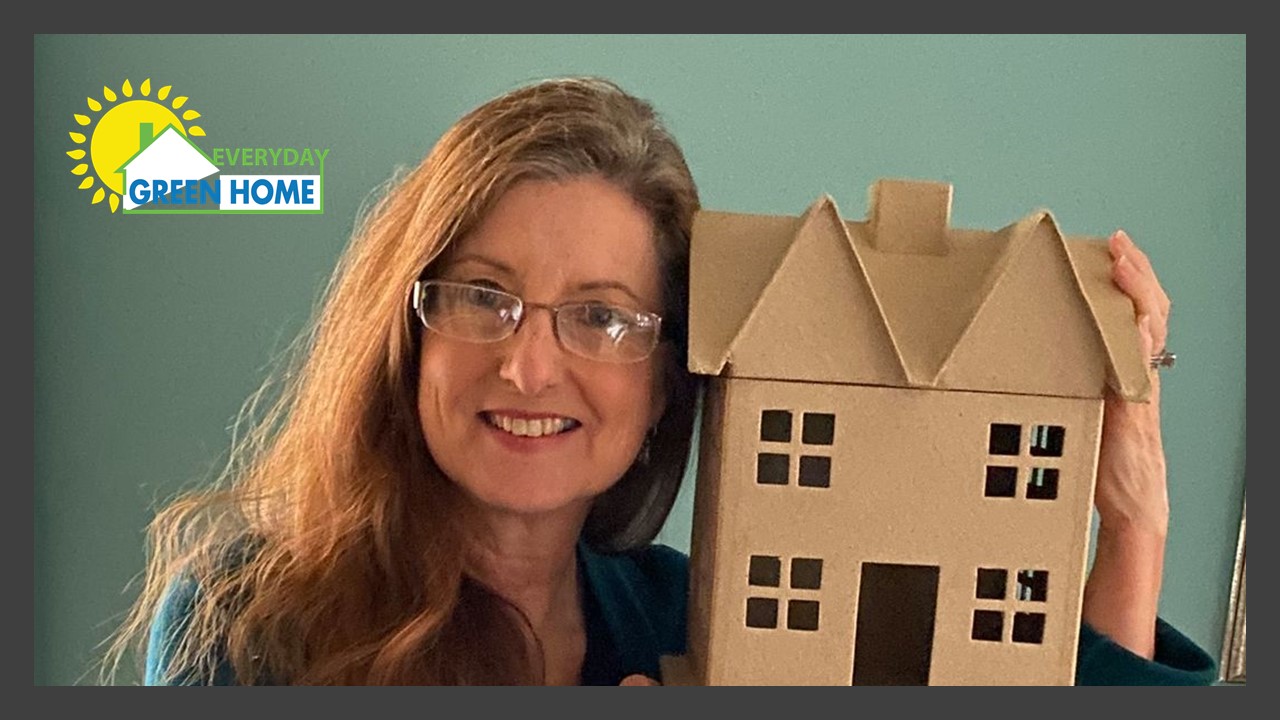



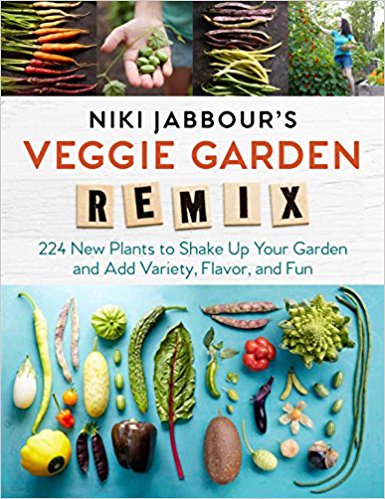

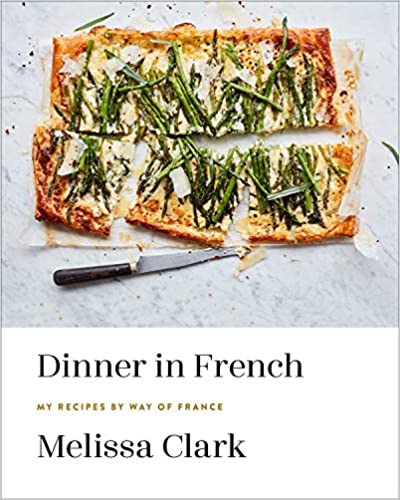
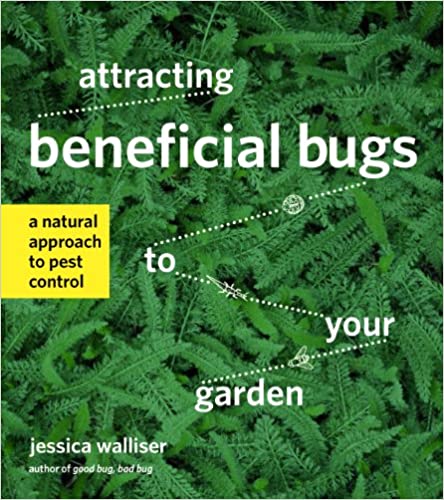

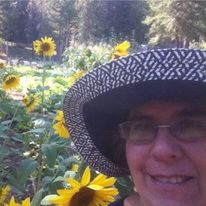
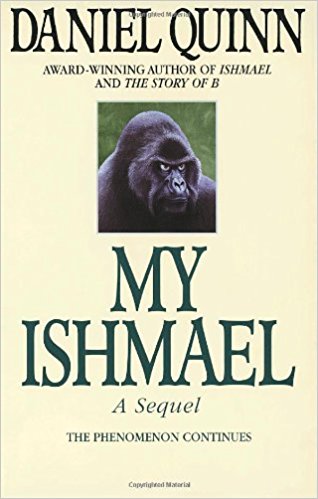



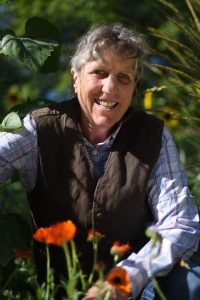
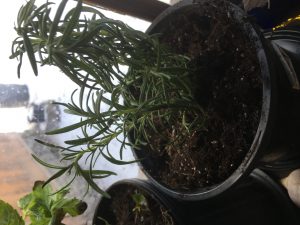
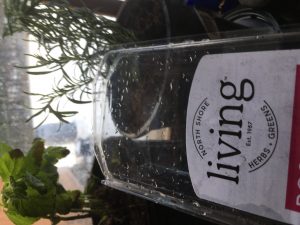
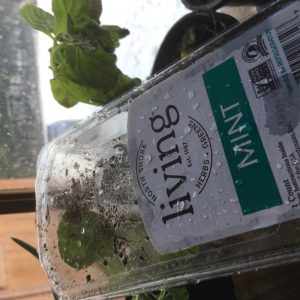
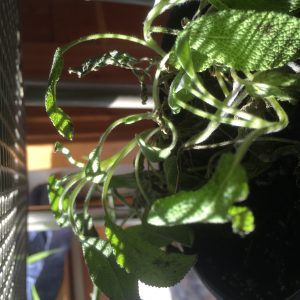
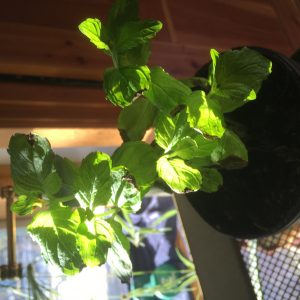
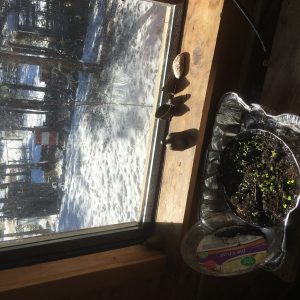

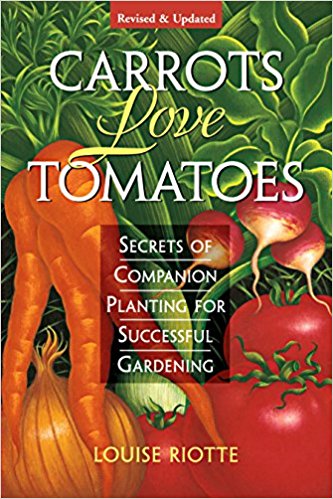
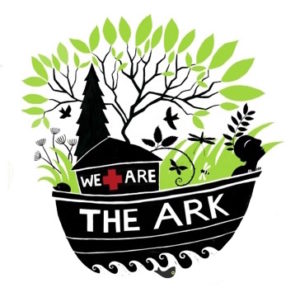
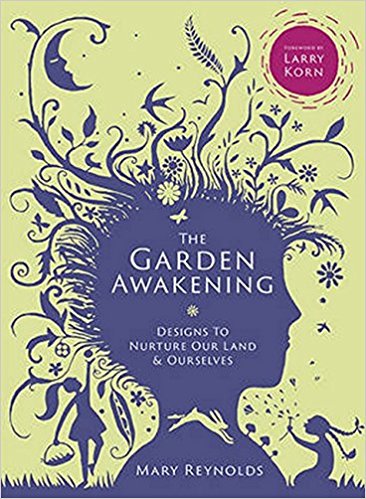 w
w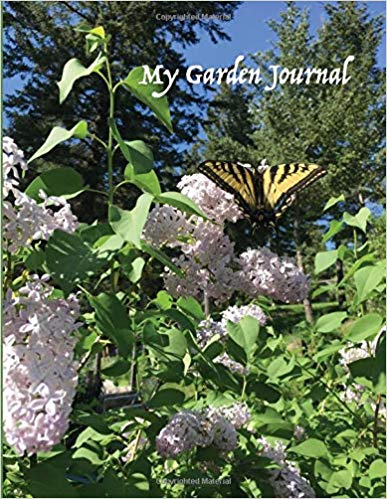




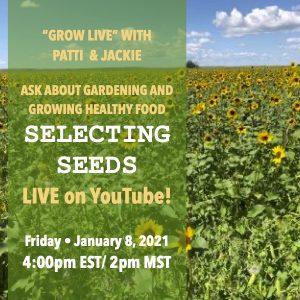
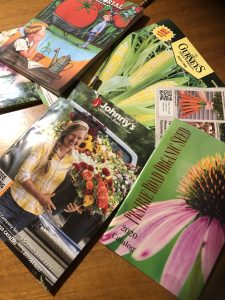
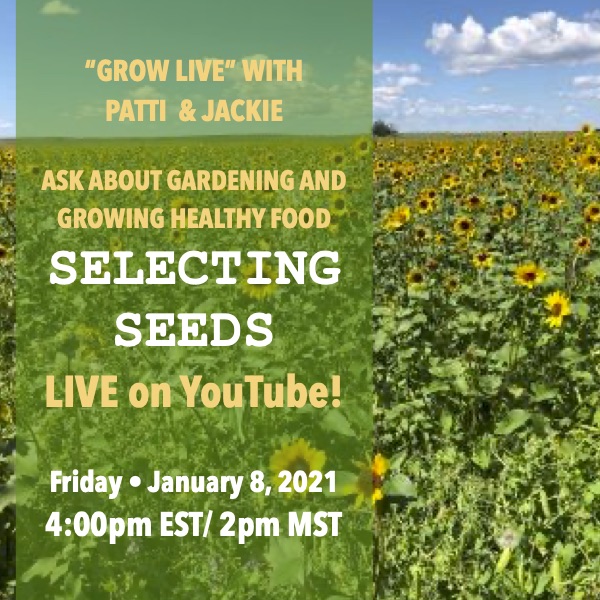







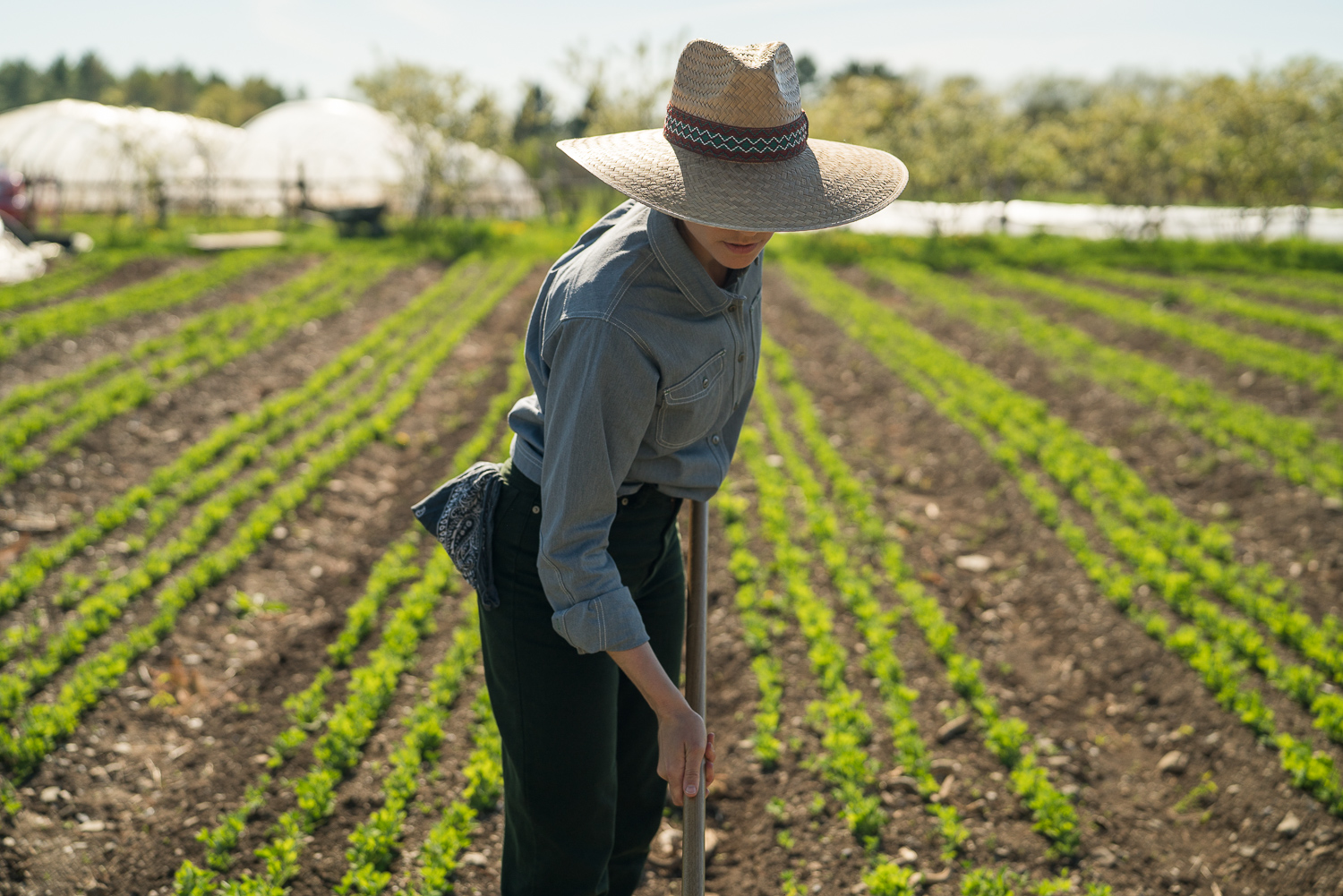
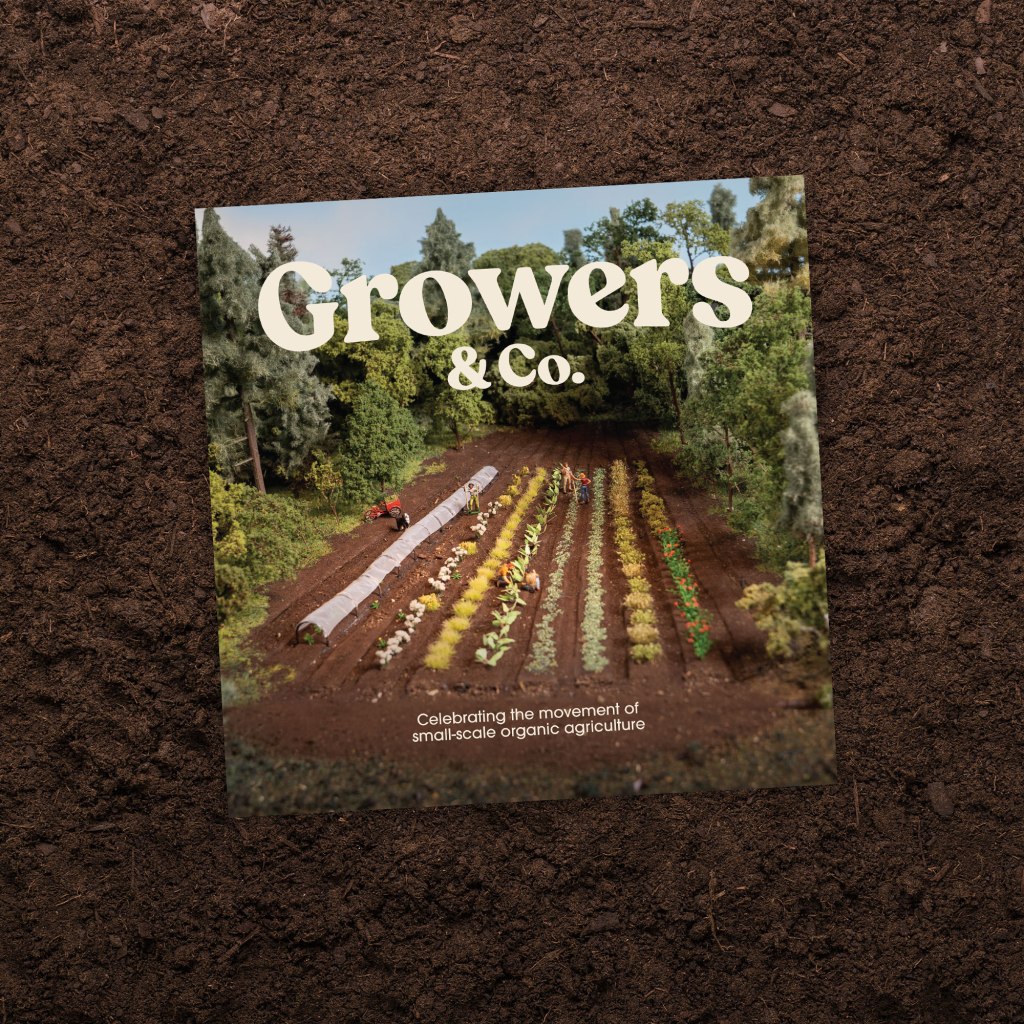

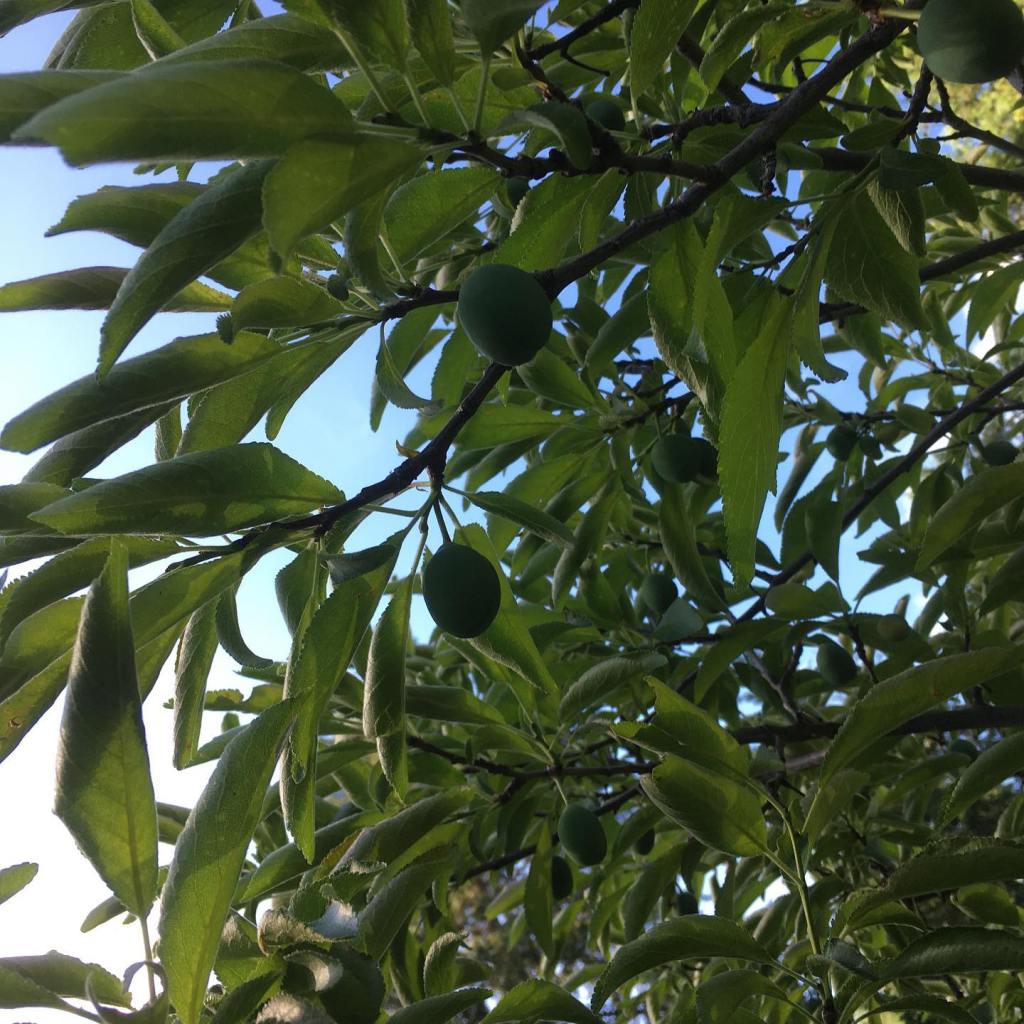
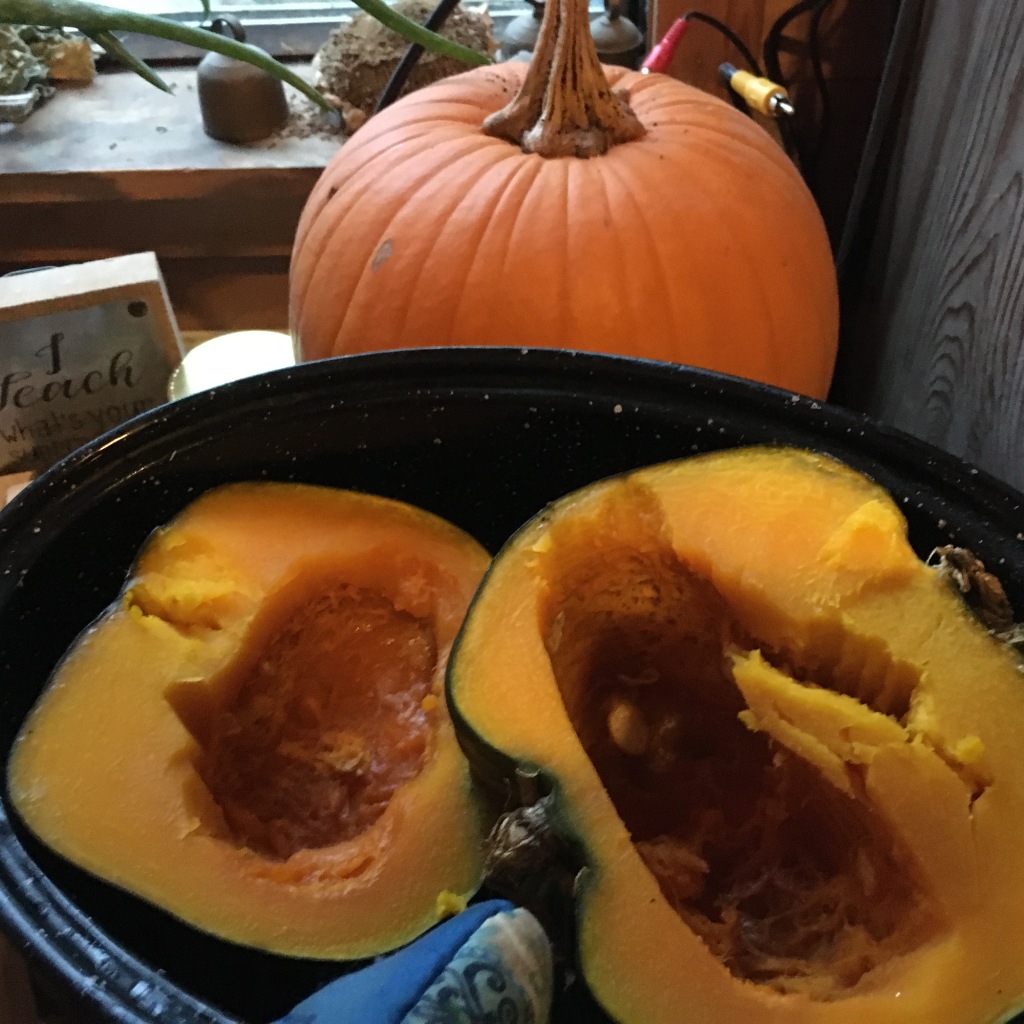
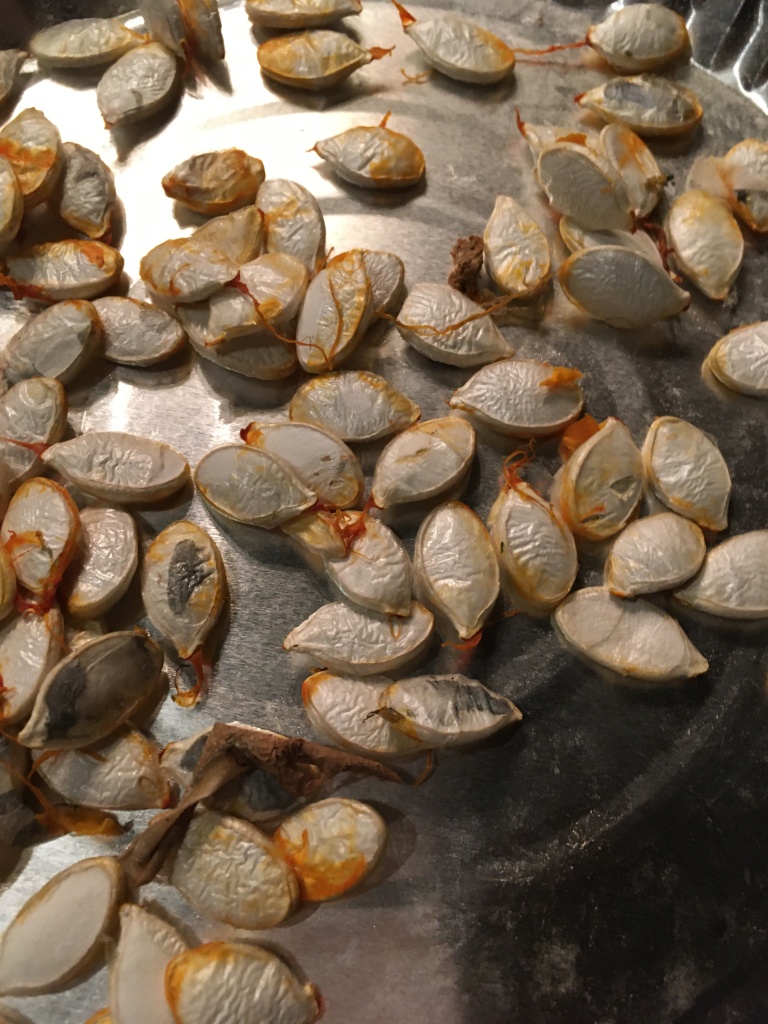
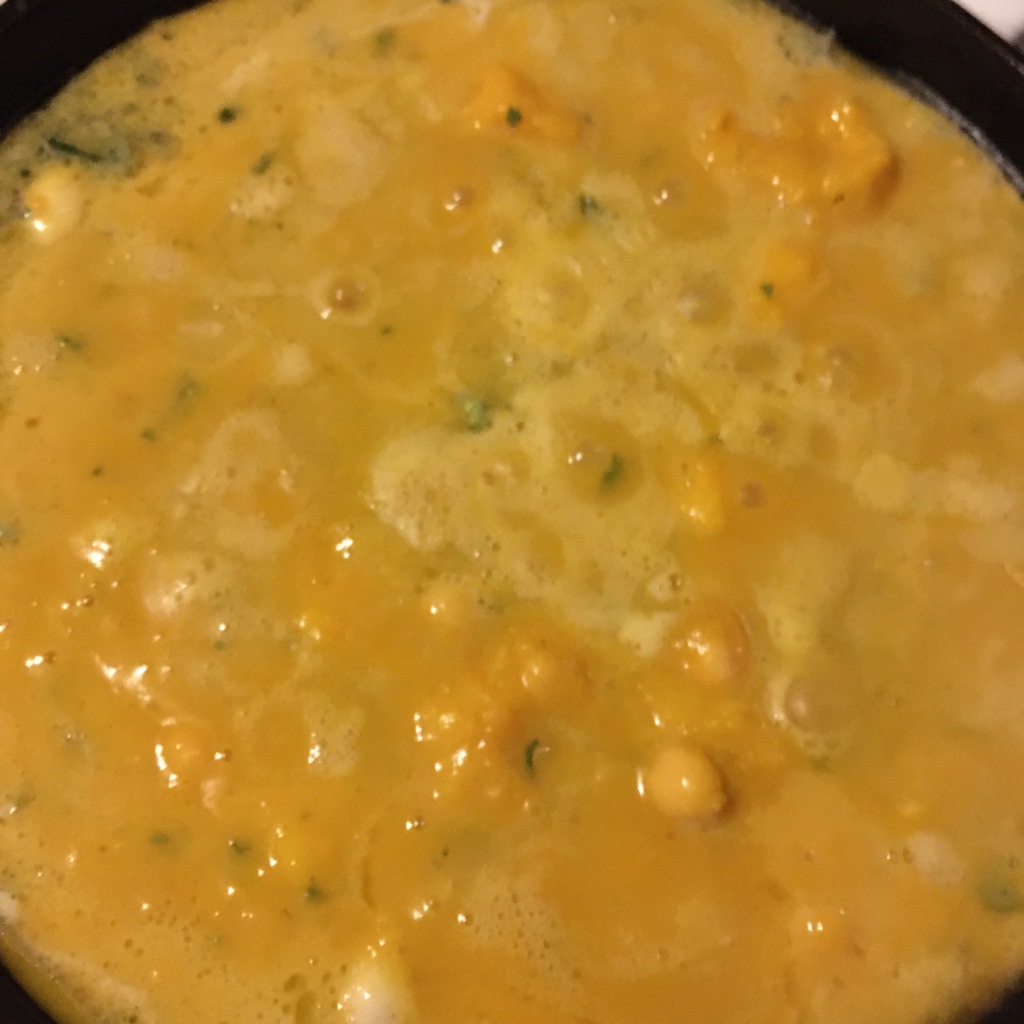
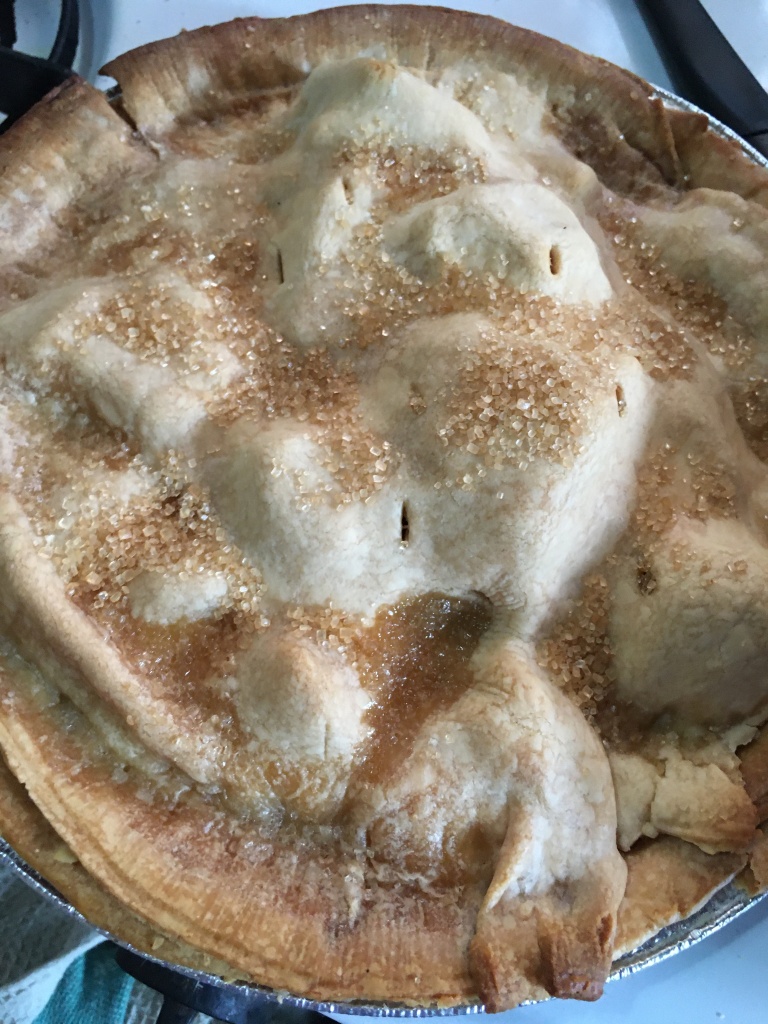
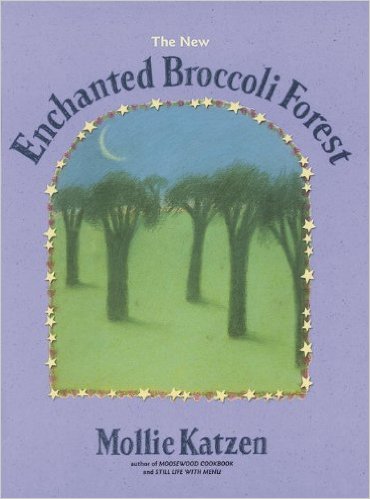
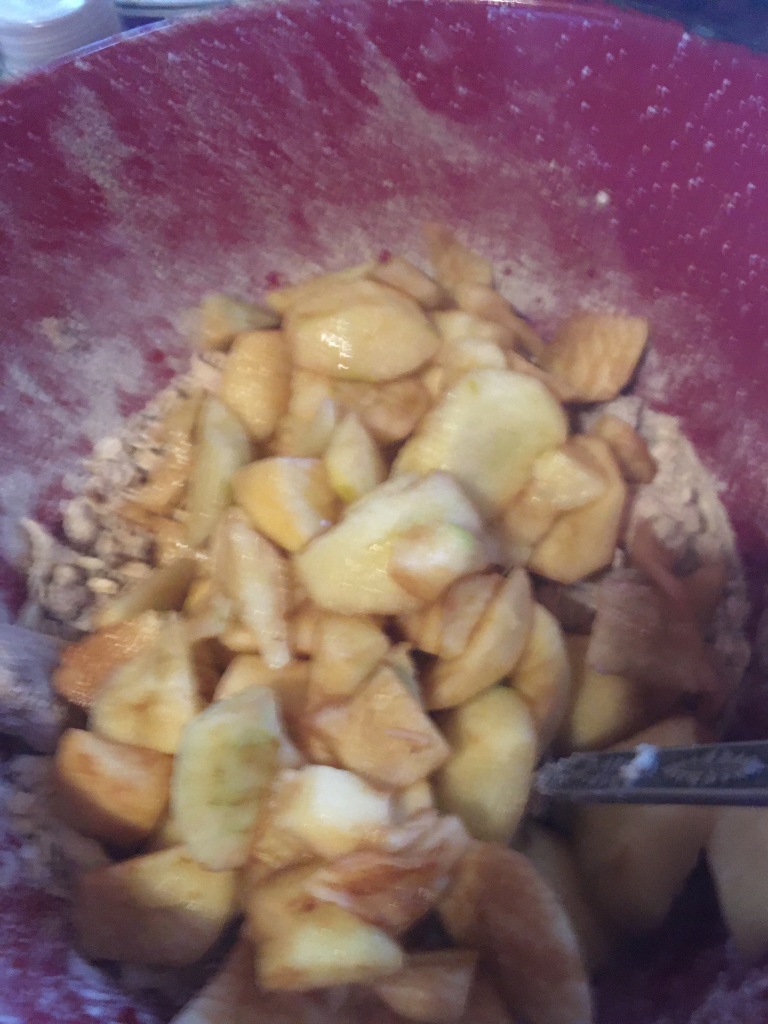
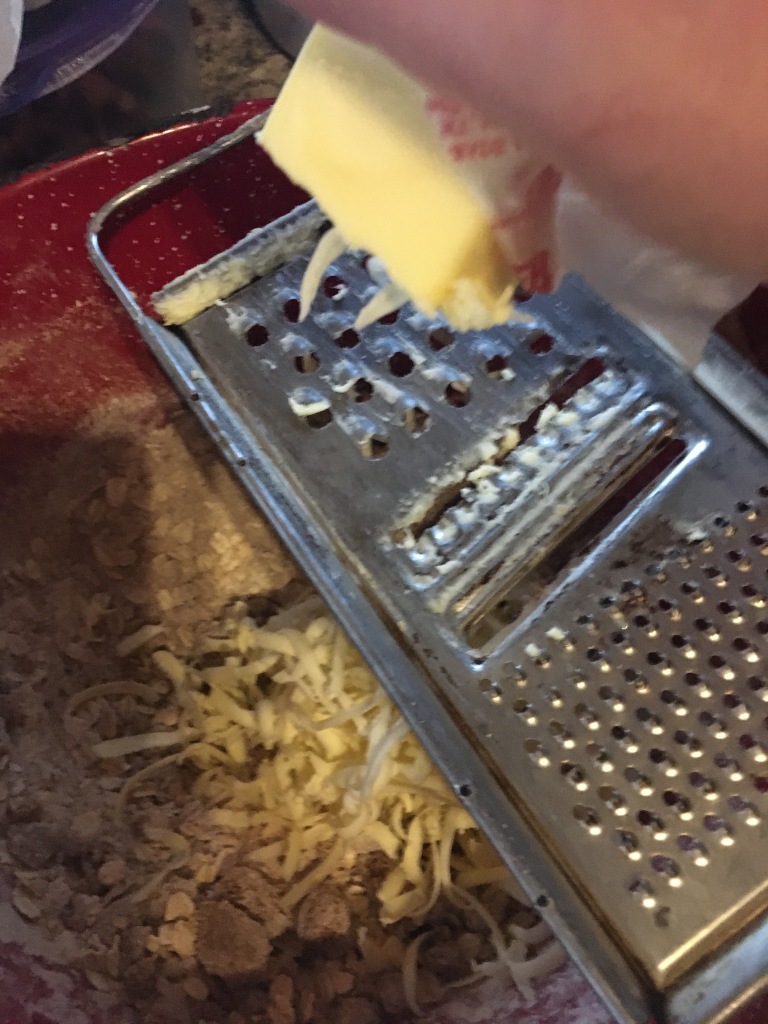
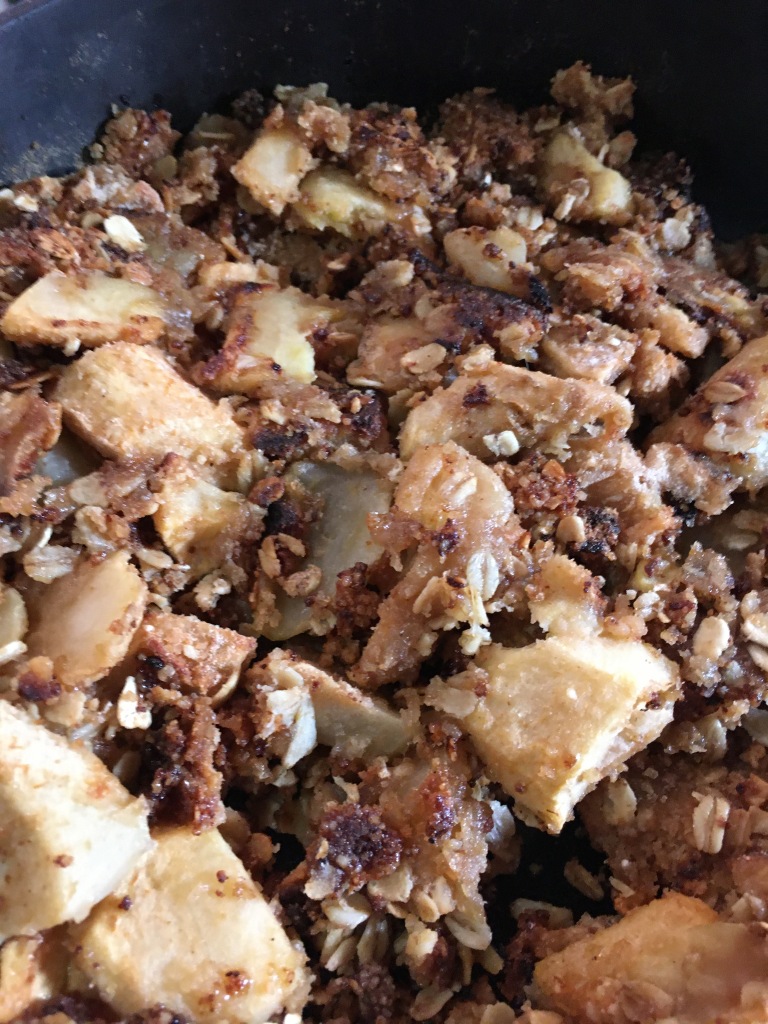
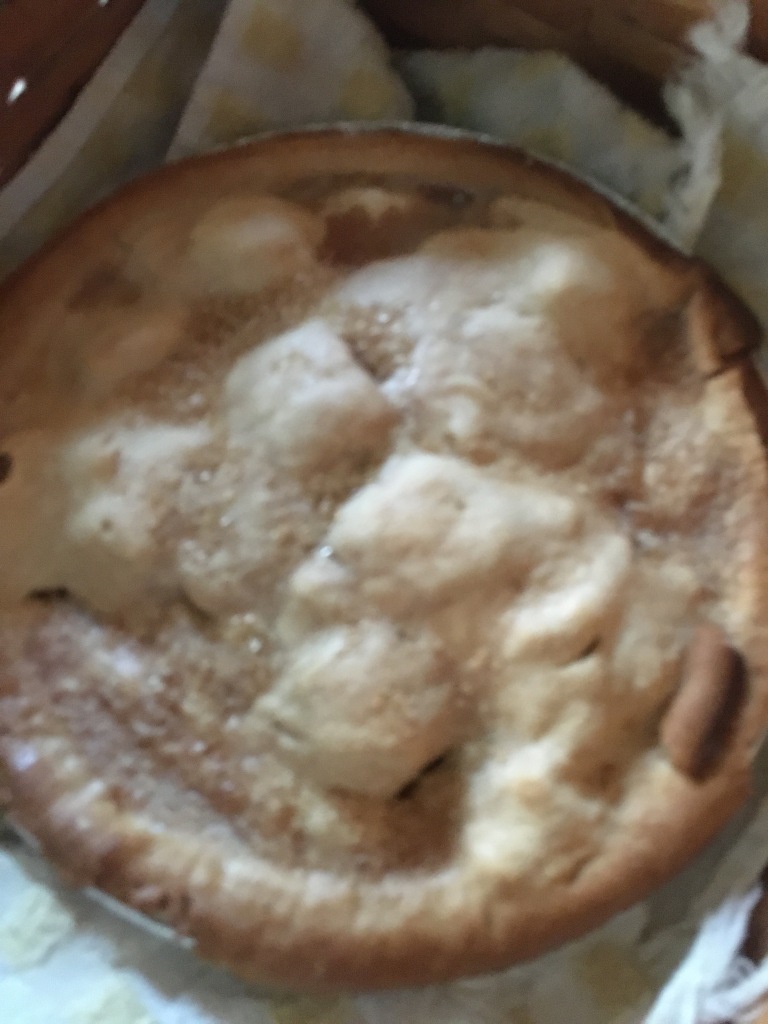
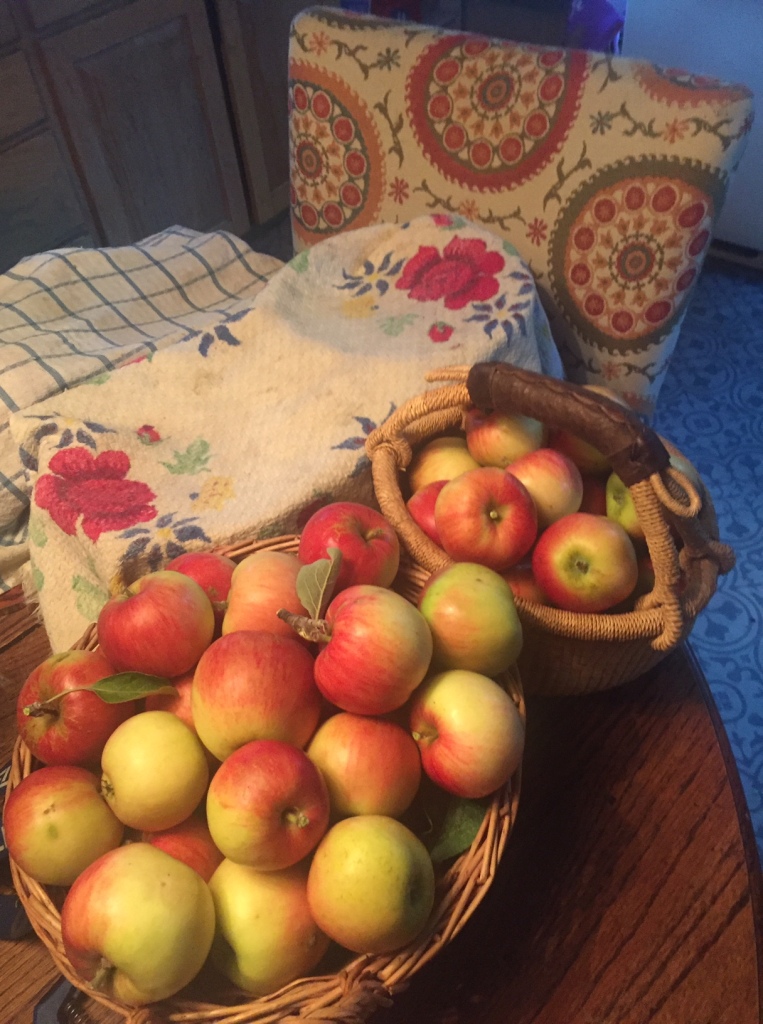



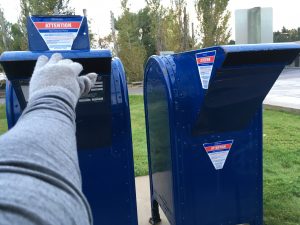

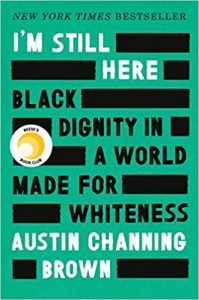

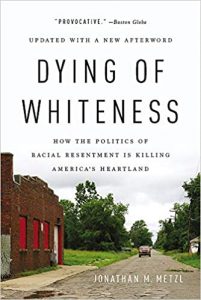
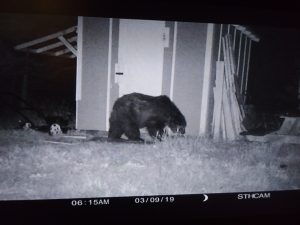
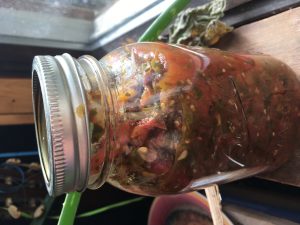
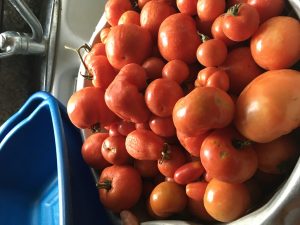
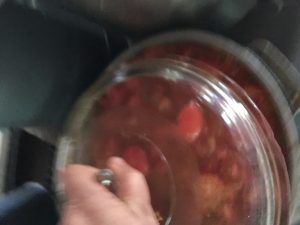
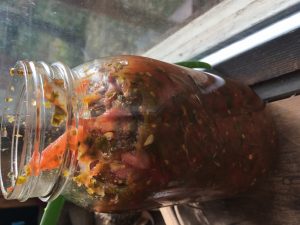
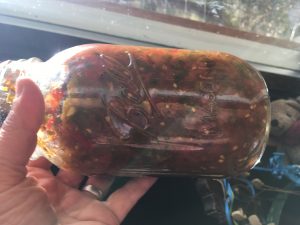

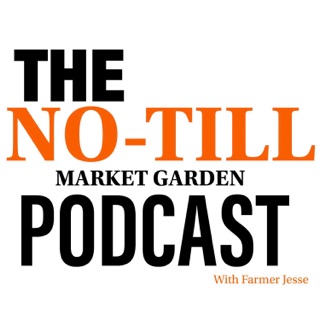



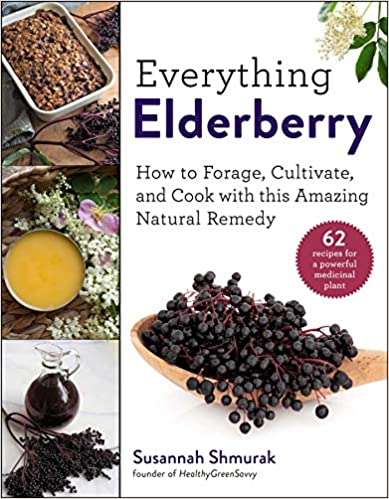



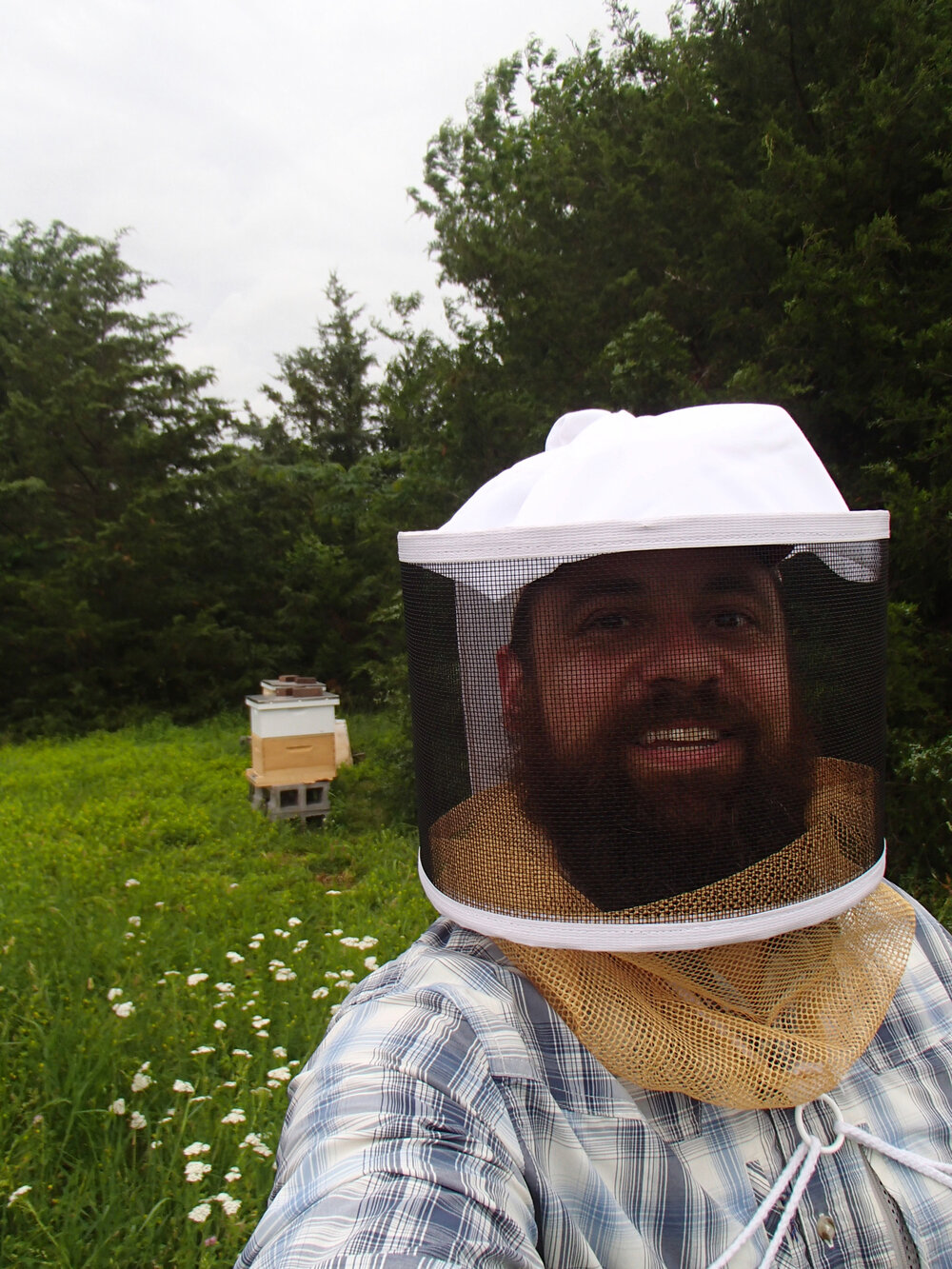

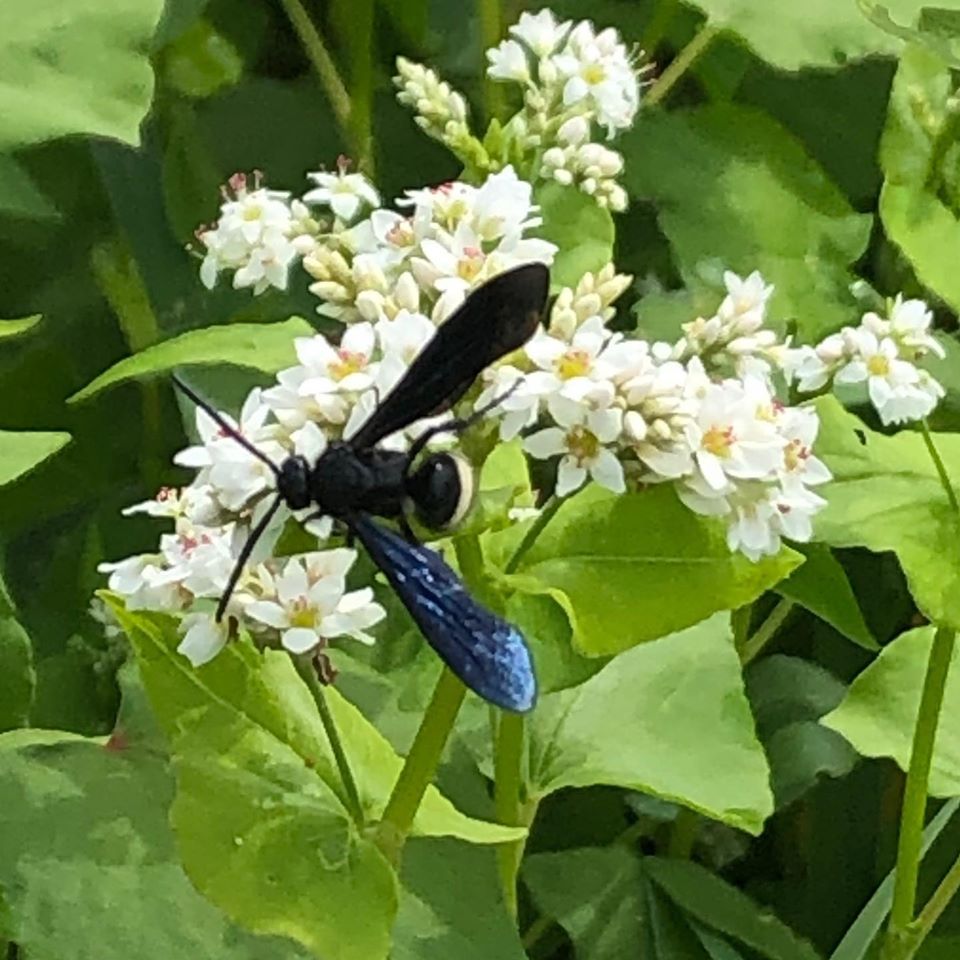
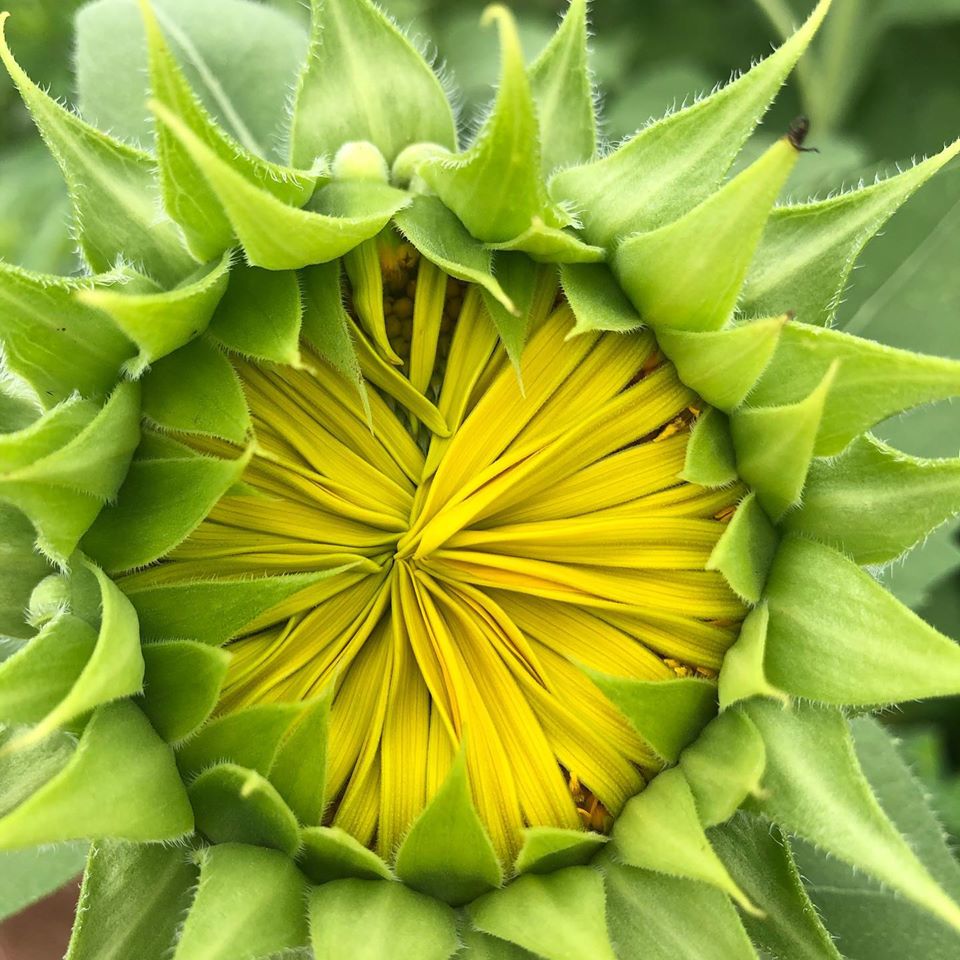
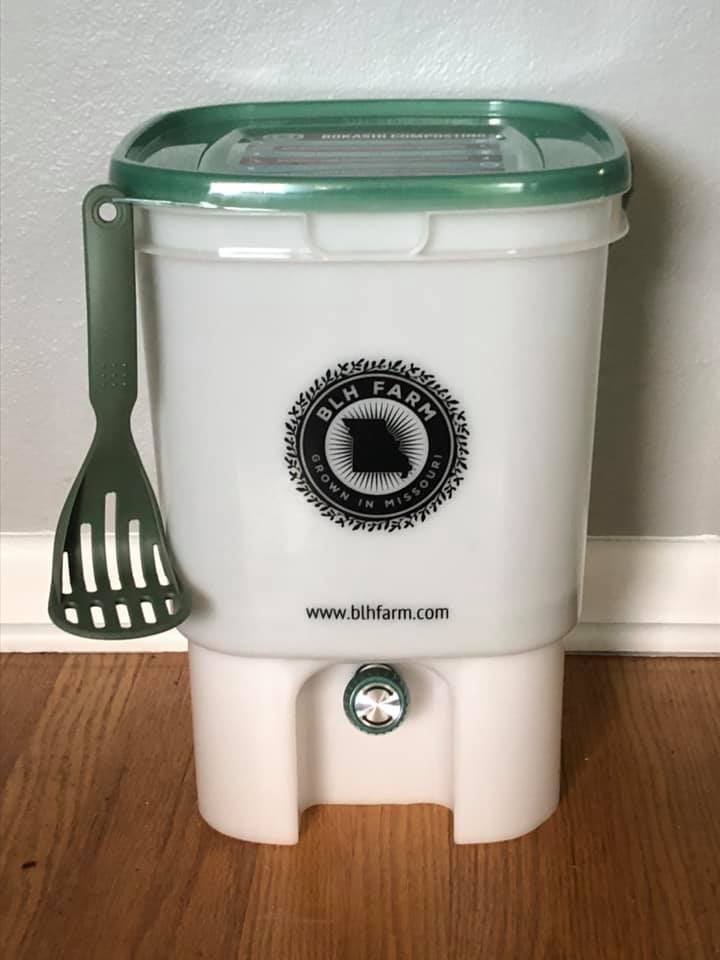
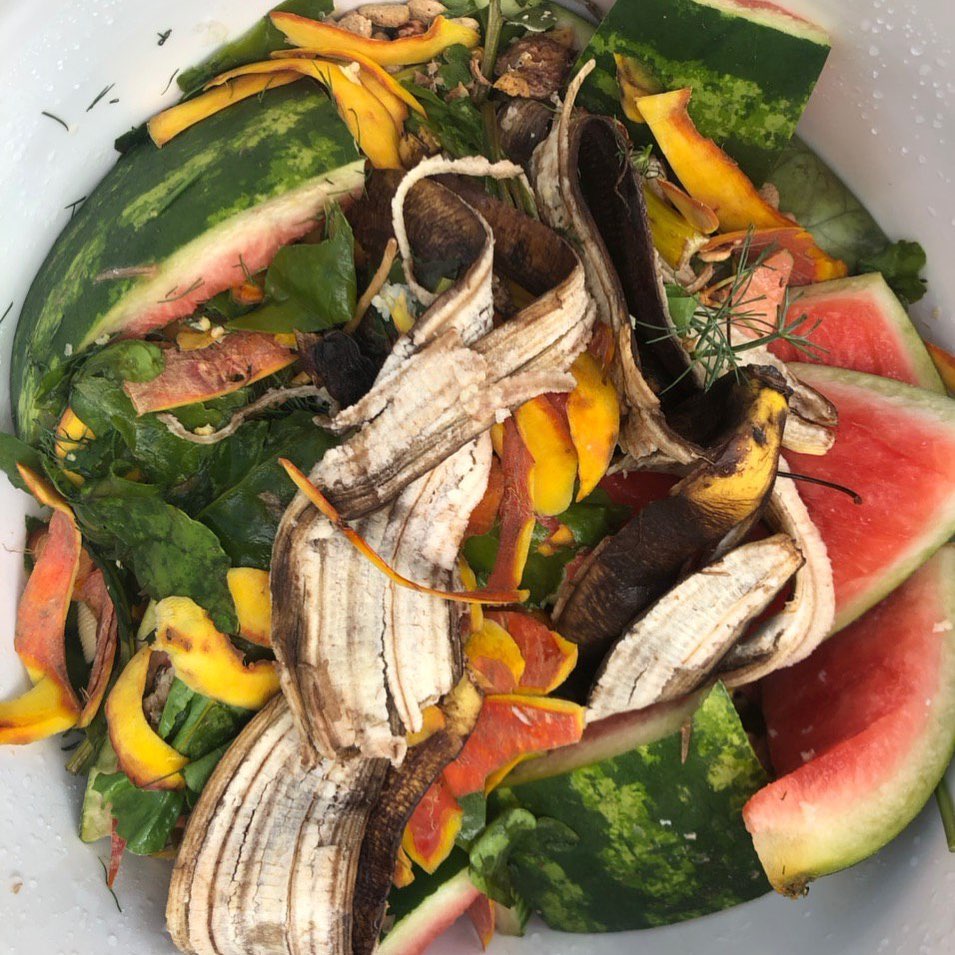
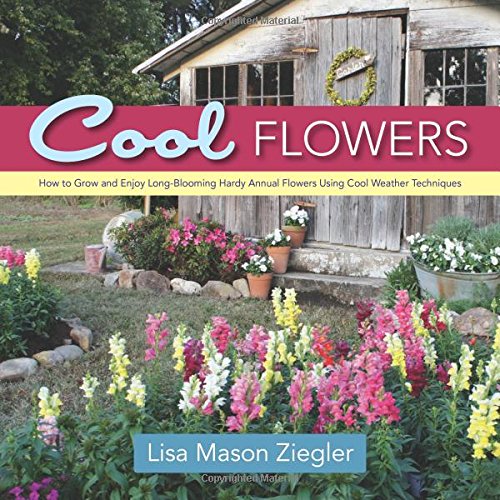

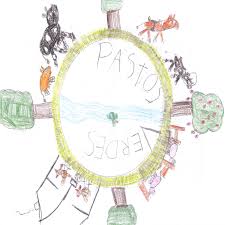


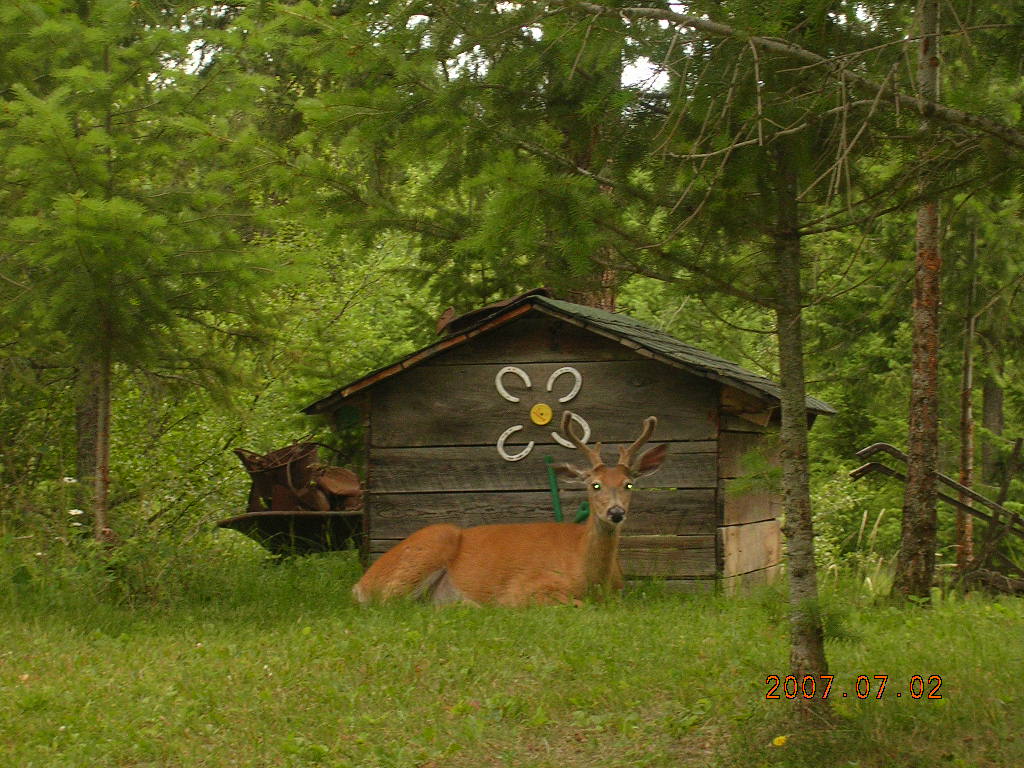
 Mike built these little tents that worked for years back in the beginning. Look at that lawn, boy we've come a long way. But really in the beginning these two bed provided a lot of food.[/caption]
Mike built these little tents that worked for years back in the beginning. Look at that lawn, boy we've come a long way. But really in the beginning these two bed provided a lot of food.[/caption]
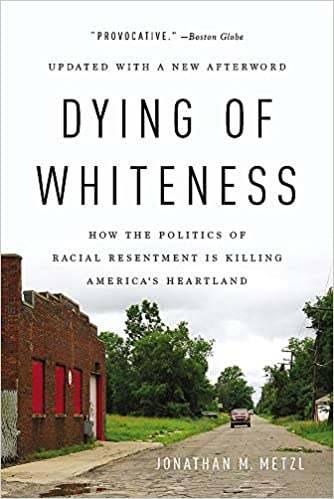

 this year is that anyone who has listened to my podcast and thinks I’m not the worst host in the world will leave me a review because apparently even though I have 90 five star ratings-I guess 4 out of the last 6 reviews I got said I love the content but I wish I cld mute the host
this year is that anyone who has listened to my podcast and thinks I’m not the worst host in the world will leave me a review because apparently even though I have 90 five star ratings-I guess 4 out of the last 6 reviews I got said I love the content but I wish I cld mute the host  I knw I’m not the best host but ouch that was a bit of a shock the other day when I went to find what my listeners say for a pdf so if u think I do an ok job and I know my guests always rock the mic
I knw I’m not the best host but ouch that was a bit of a shock the other day when I went to find what my listeners say for a pdf so if u think I do an ok job and I know my guests always rock the mic  I hope u can take two minutes to give me a review on iTunes!
I hope u can take two minutes to give me a review on iTunes!
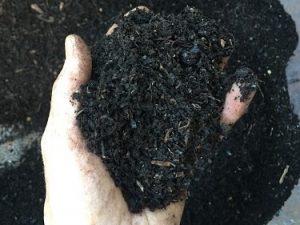

 Broccoli Harvest 2020[/caption][caption id="attachment_137020" align="aligncenter" width="464"]
Broccoli Harvest 2020[/caption][caption id="attachment_137020" align="aligncenter" width="464"] Buckwheat growing in compost and grass clippings on top of cardboard[/caption]
Buckwheat growing in compost and grass clippings on top of cardboard[/caption]
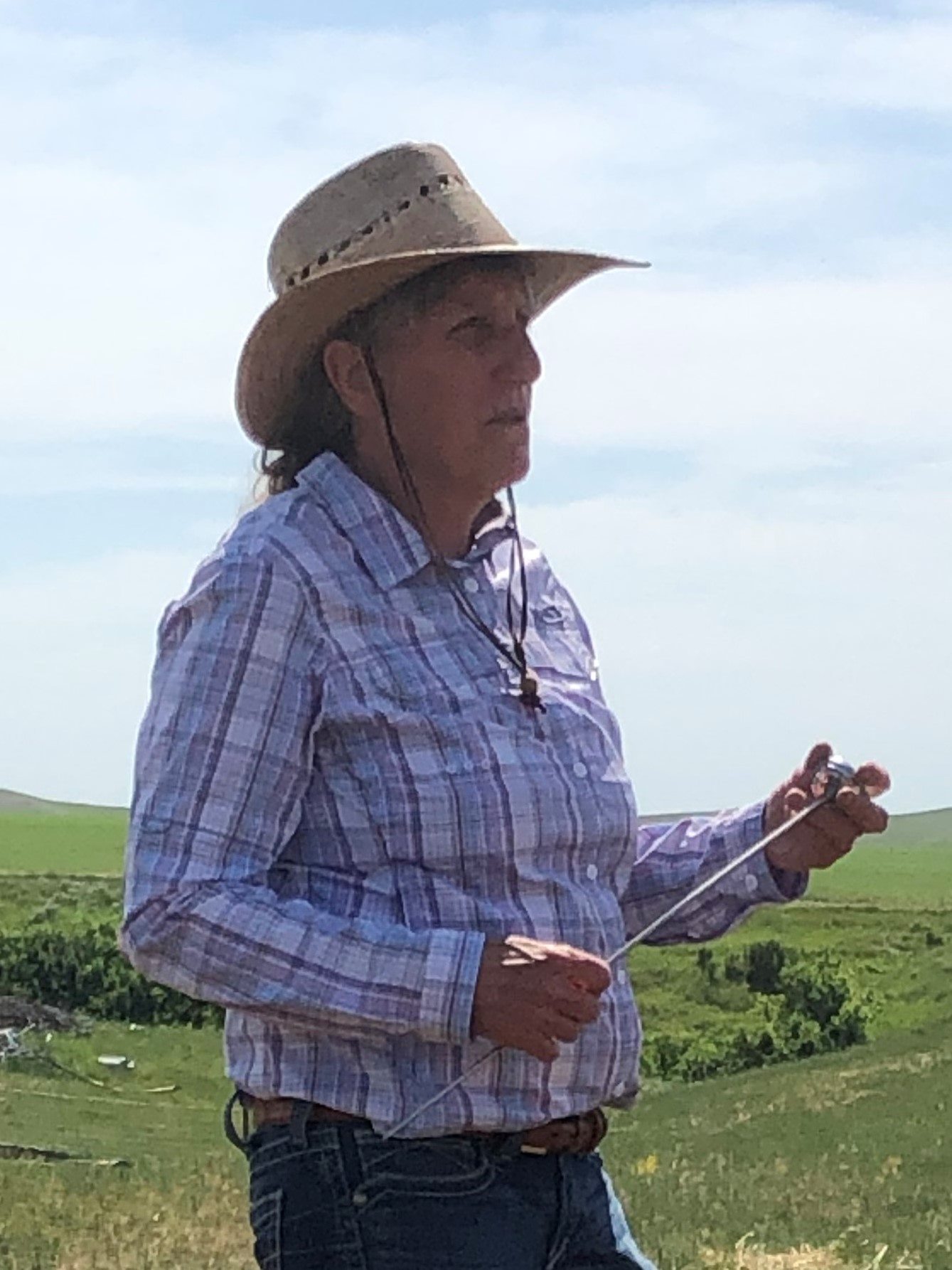



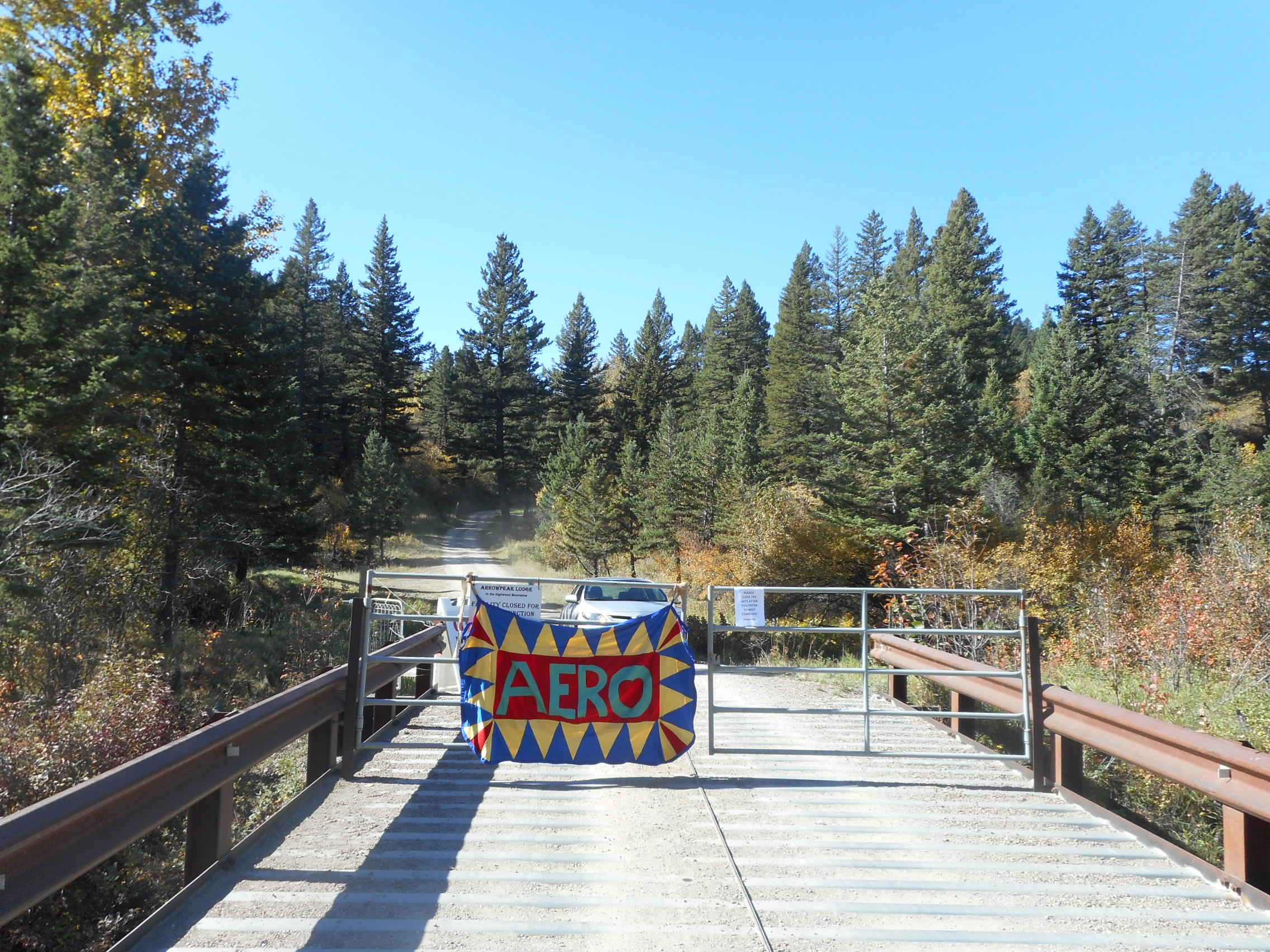
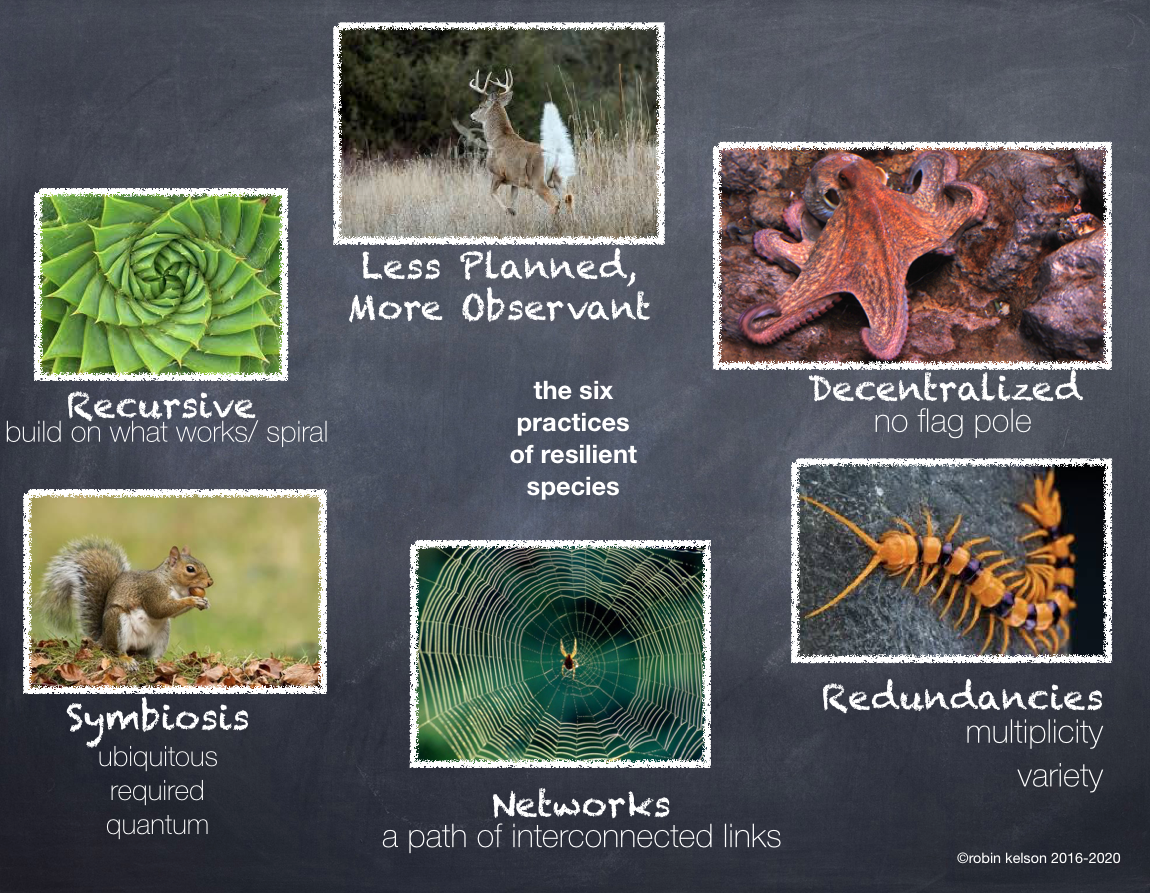
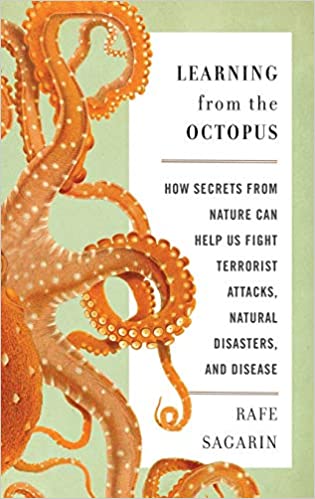


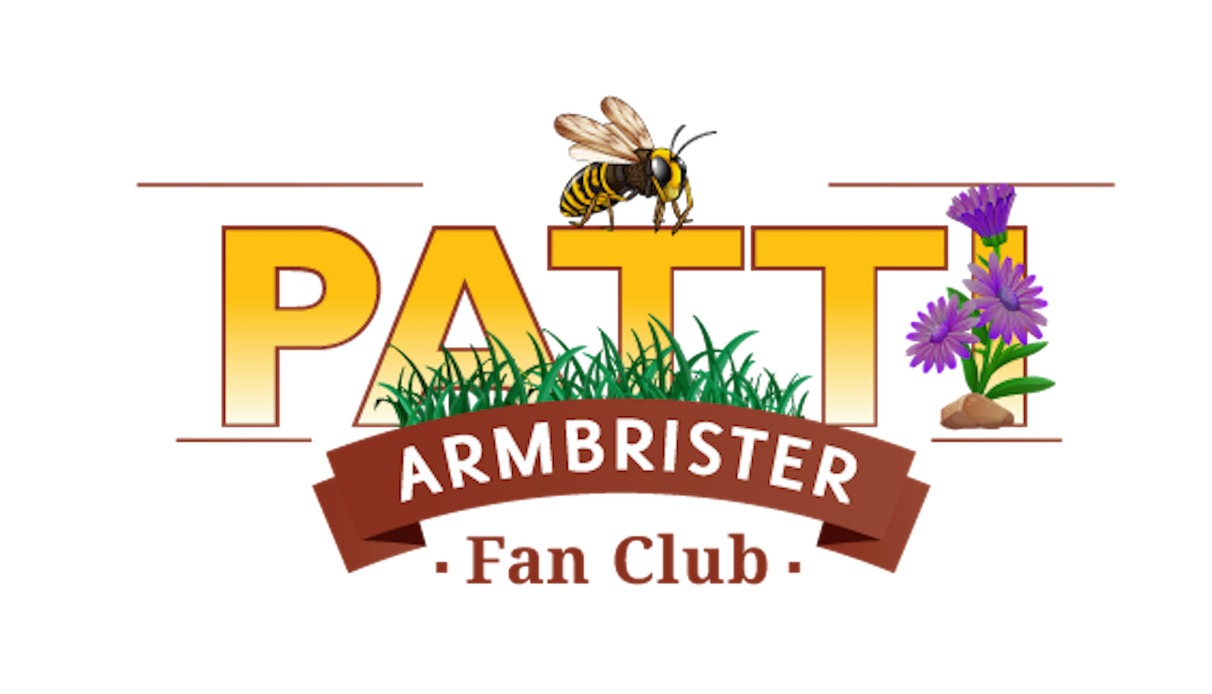
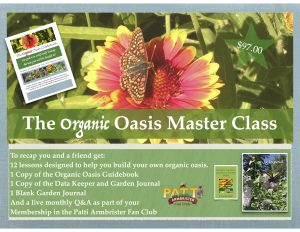
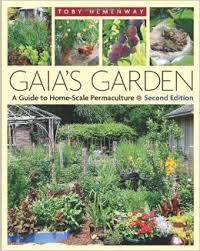
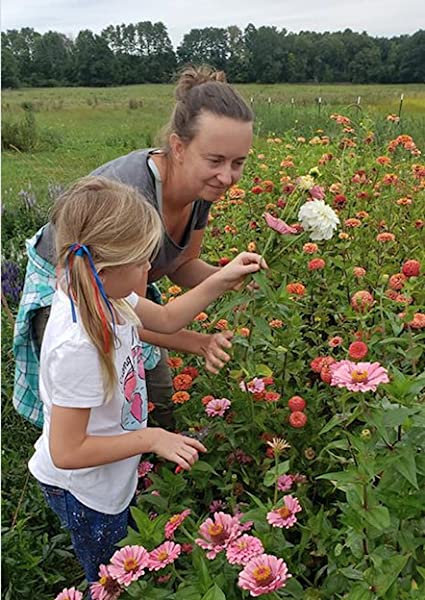
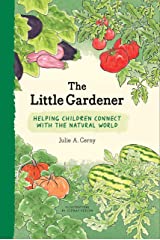
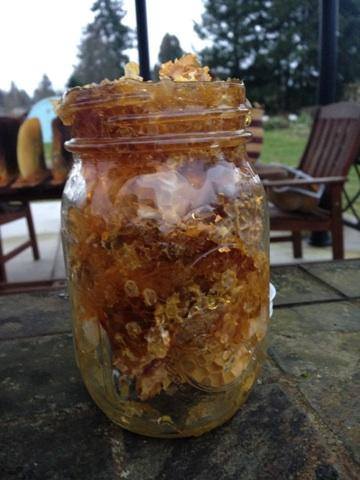
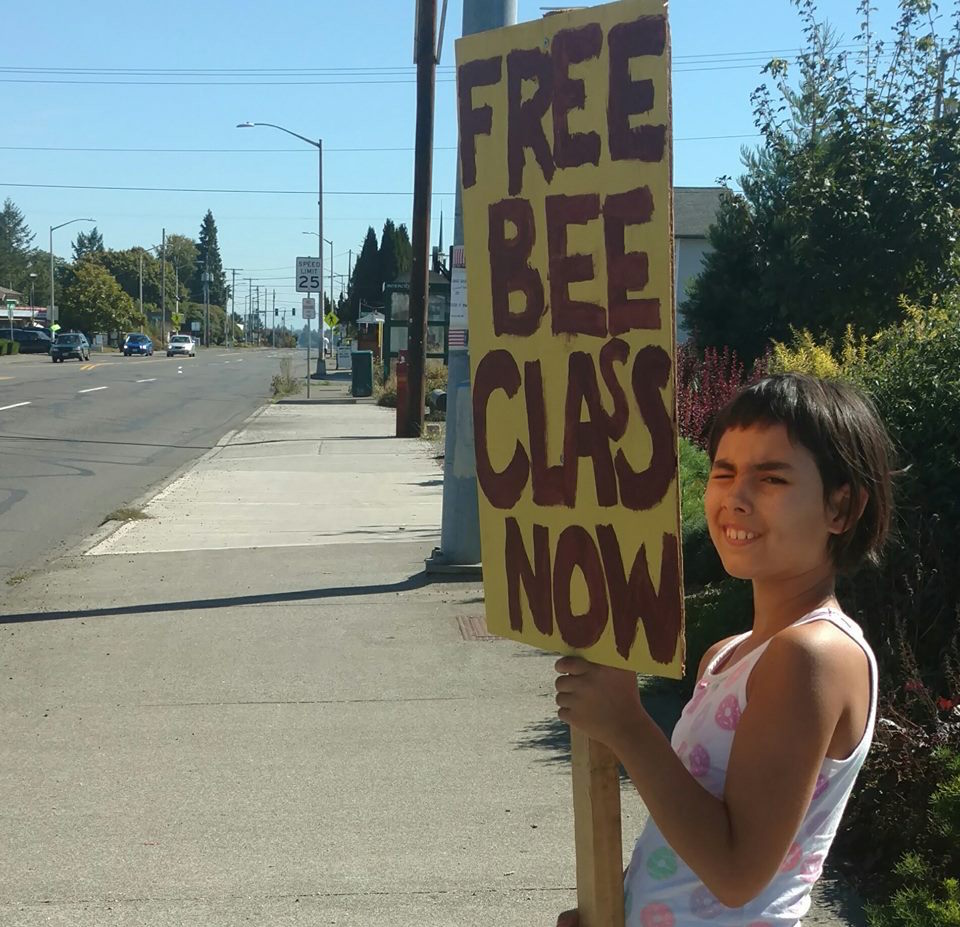
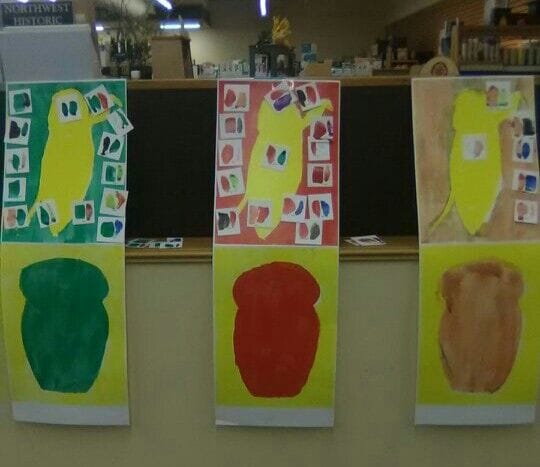
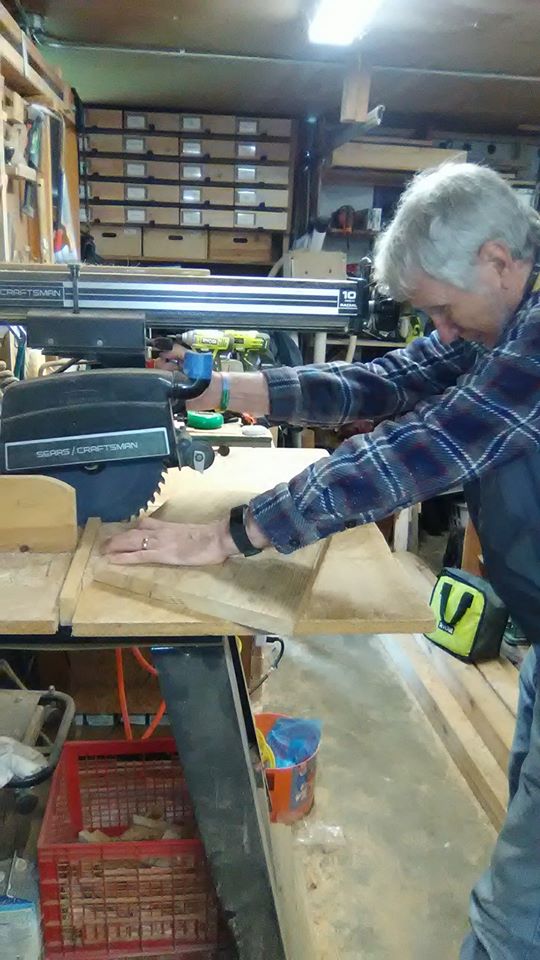


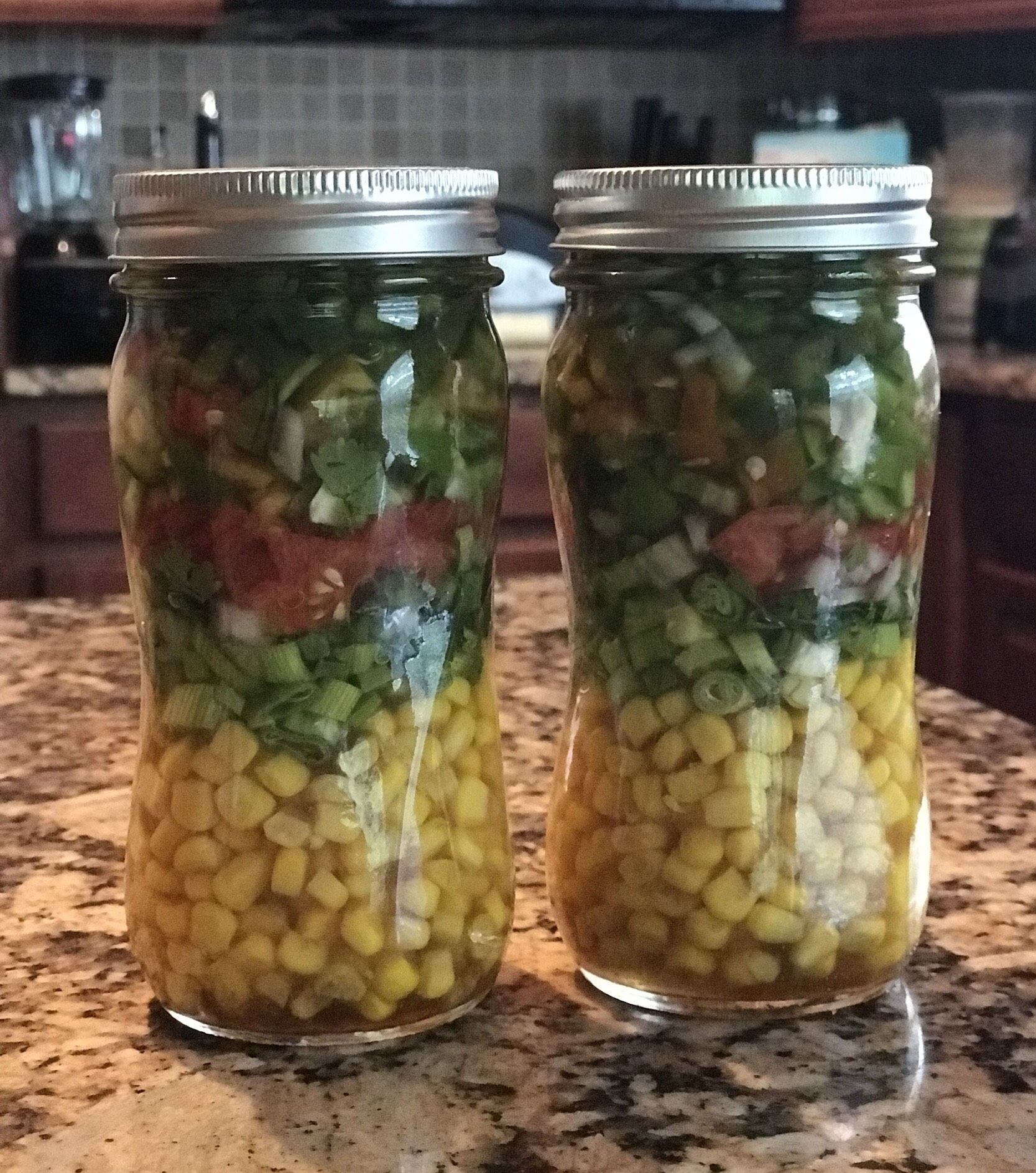
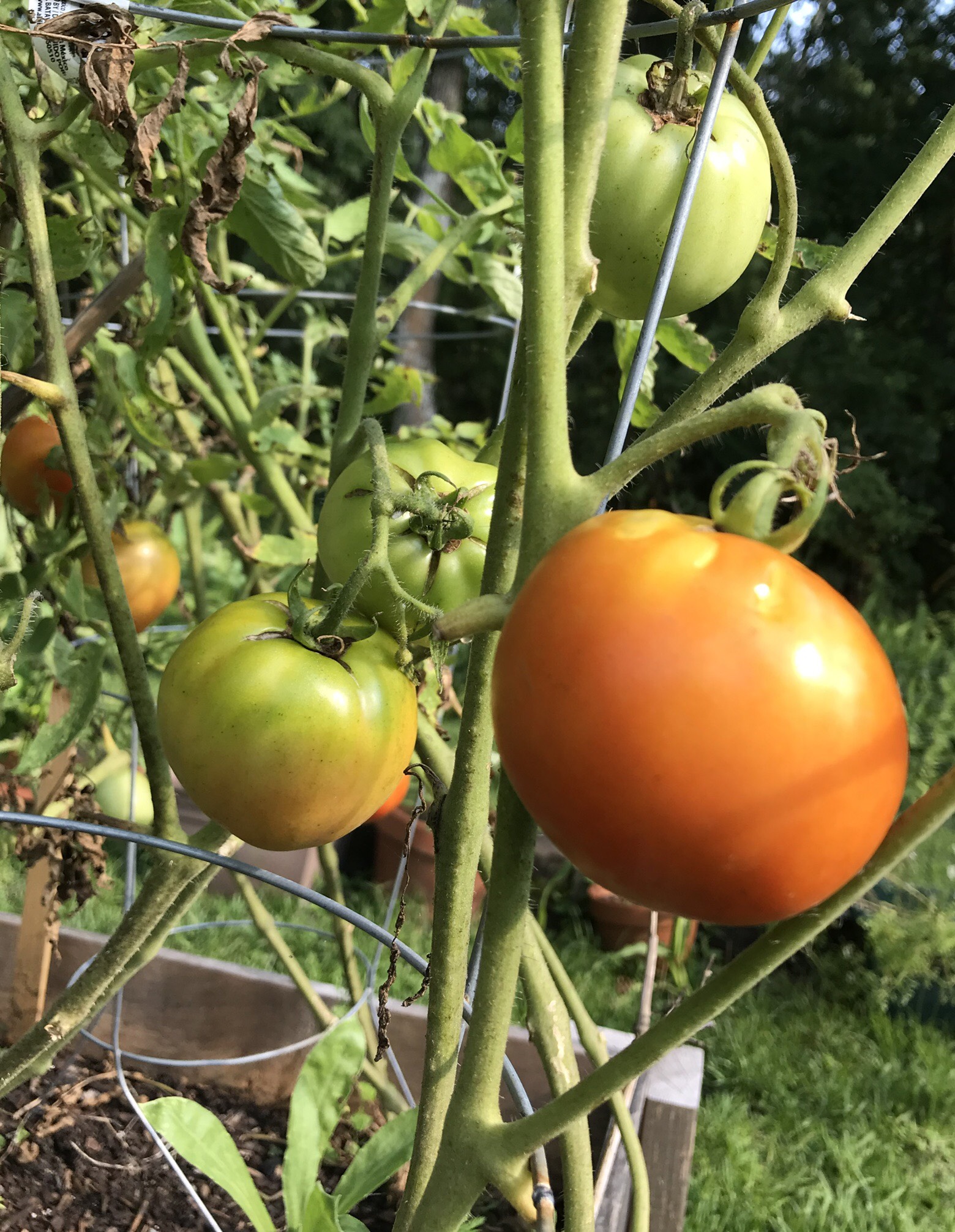
 They had to learn how to grow their own food and preserve it or they didn’t eat. So they had to learn quick!
They had to learn how to grow their own food and preserve it or they didn’t eat. So they had to learn quick!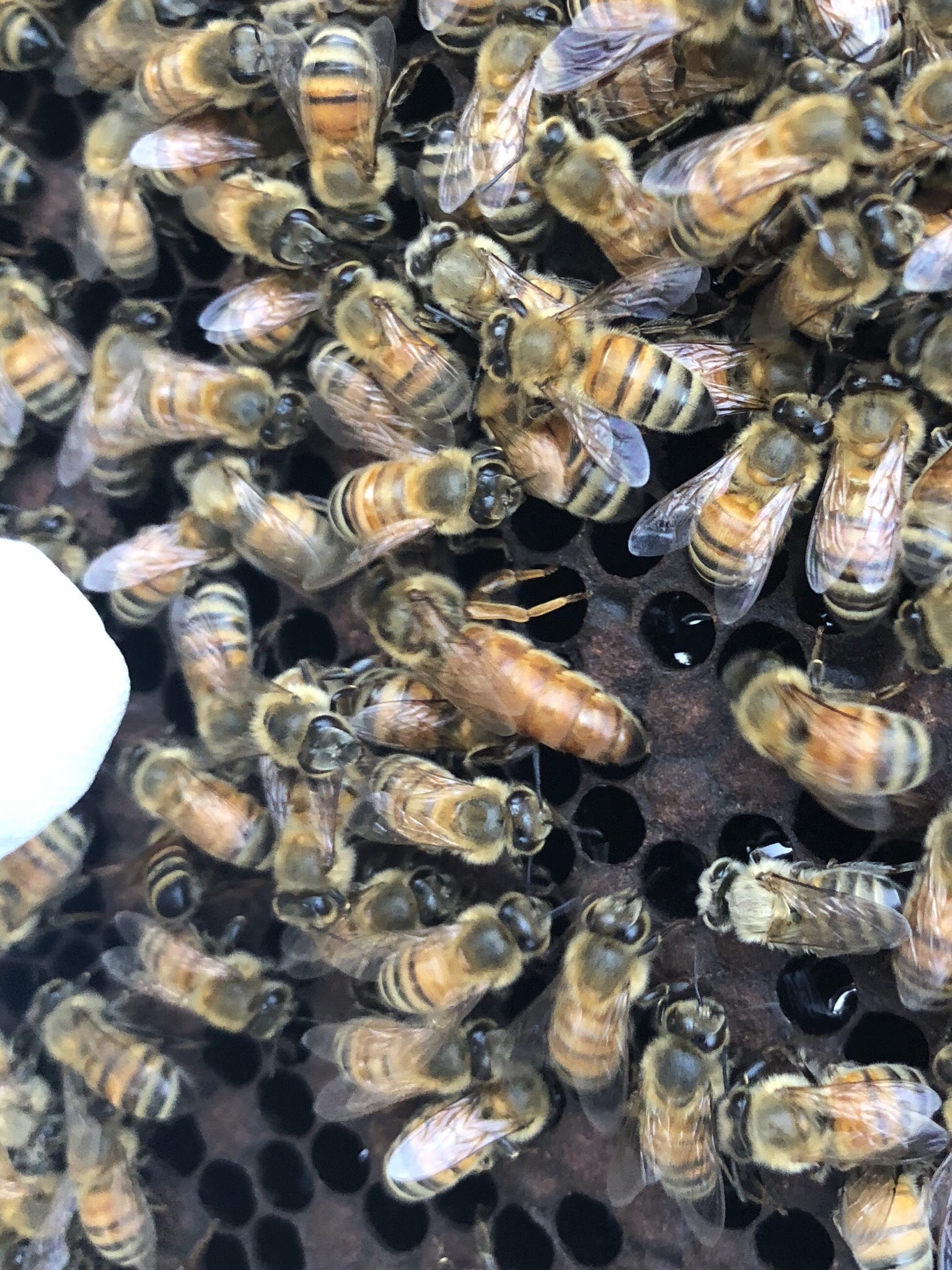


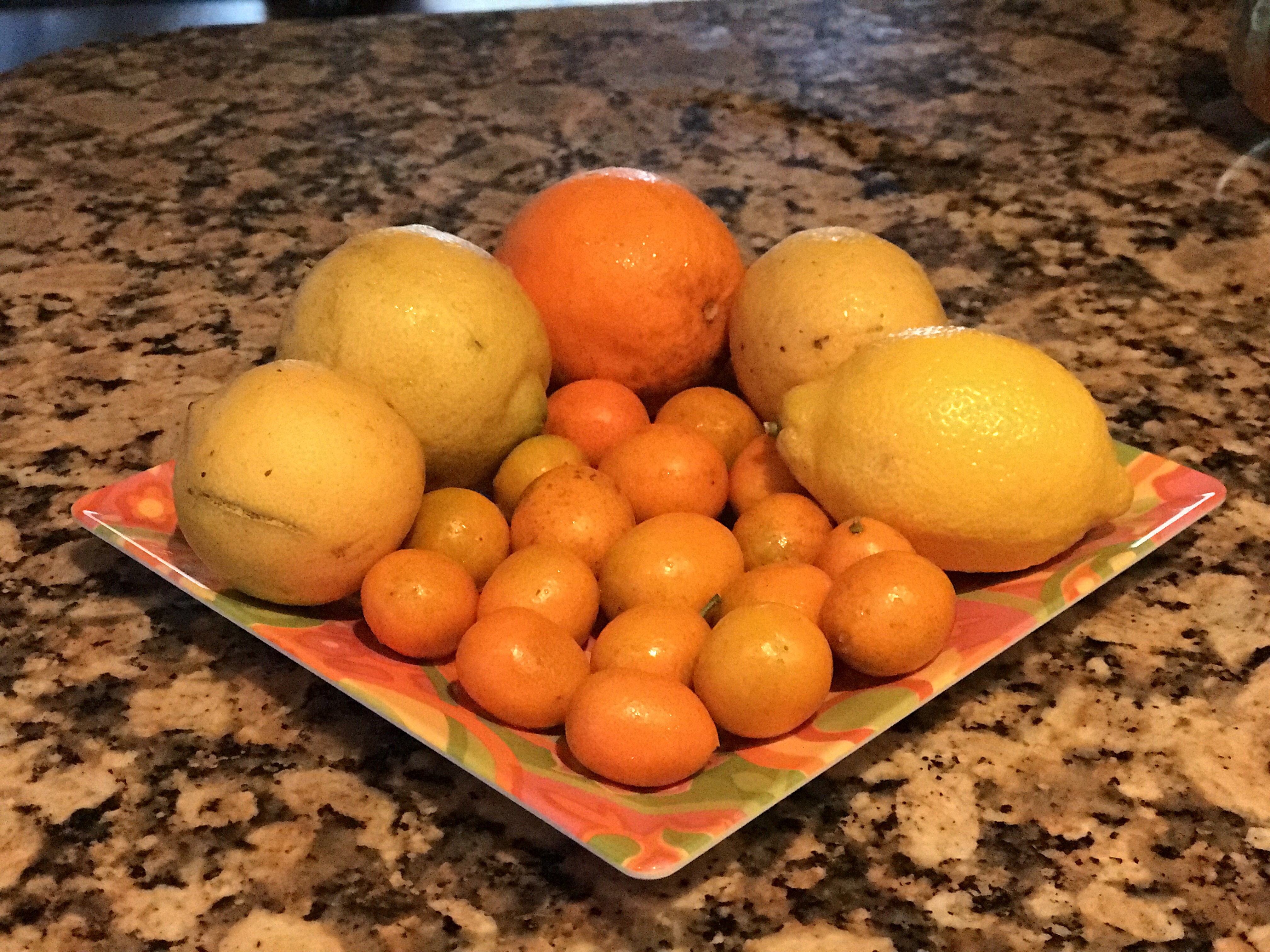
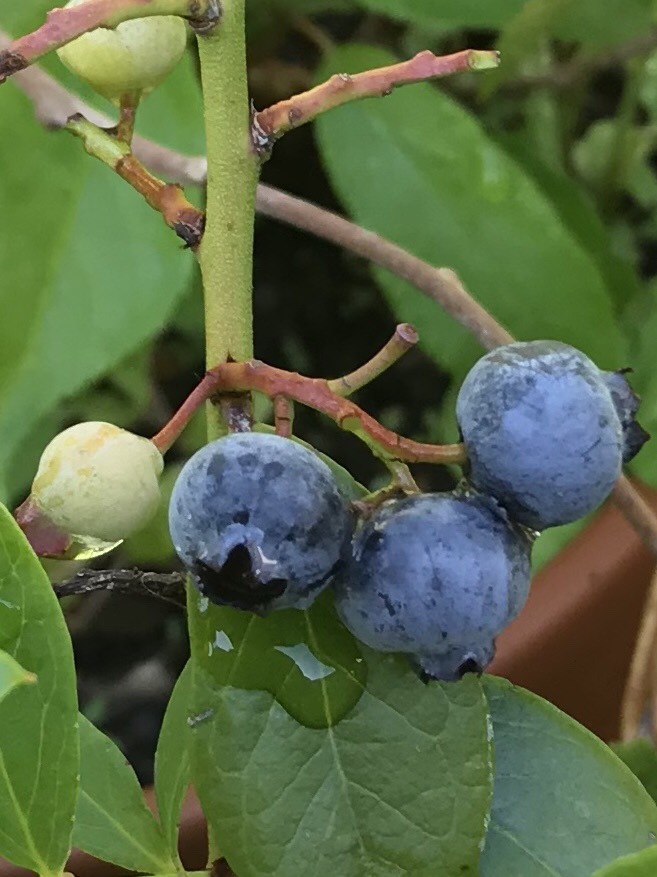
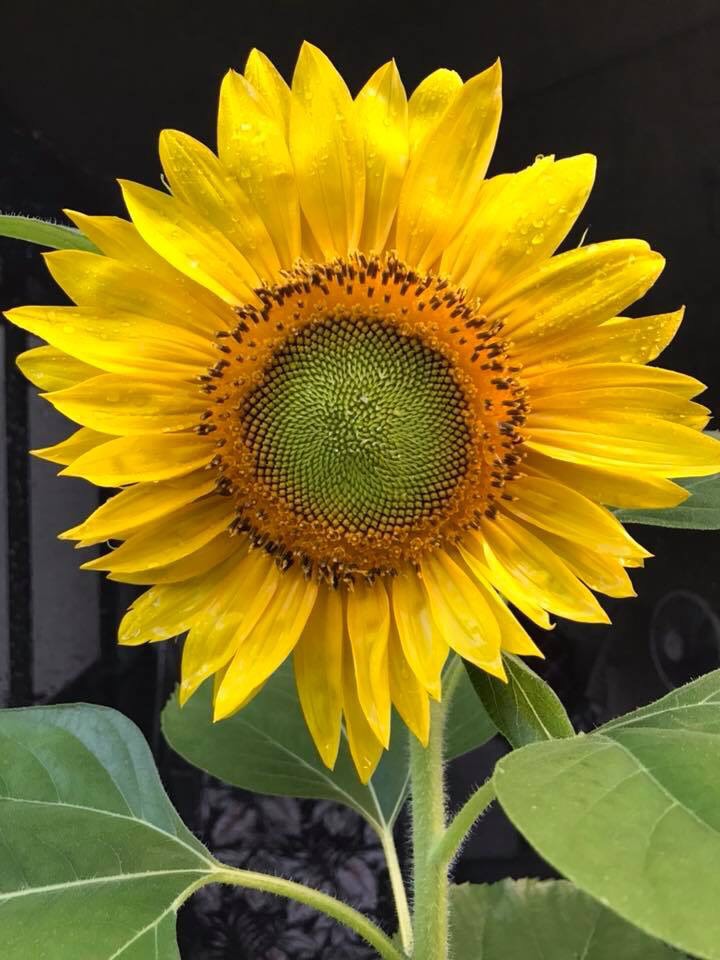
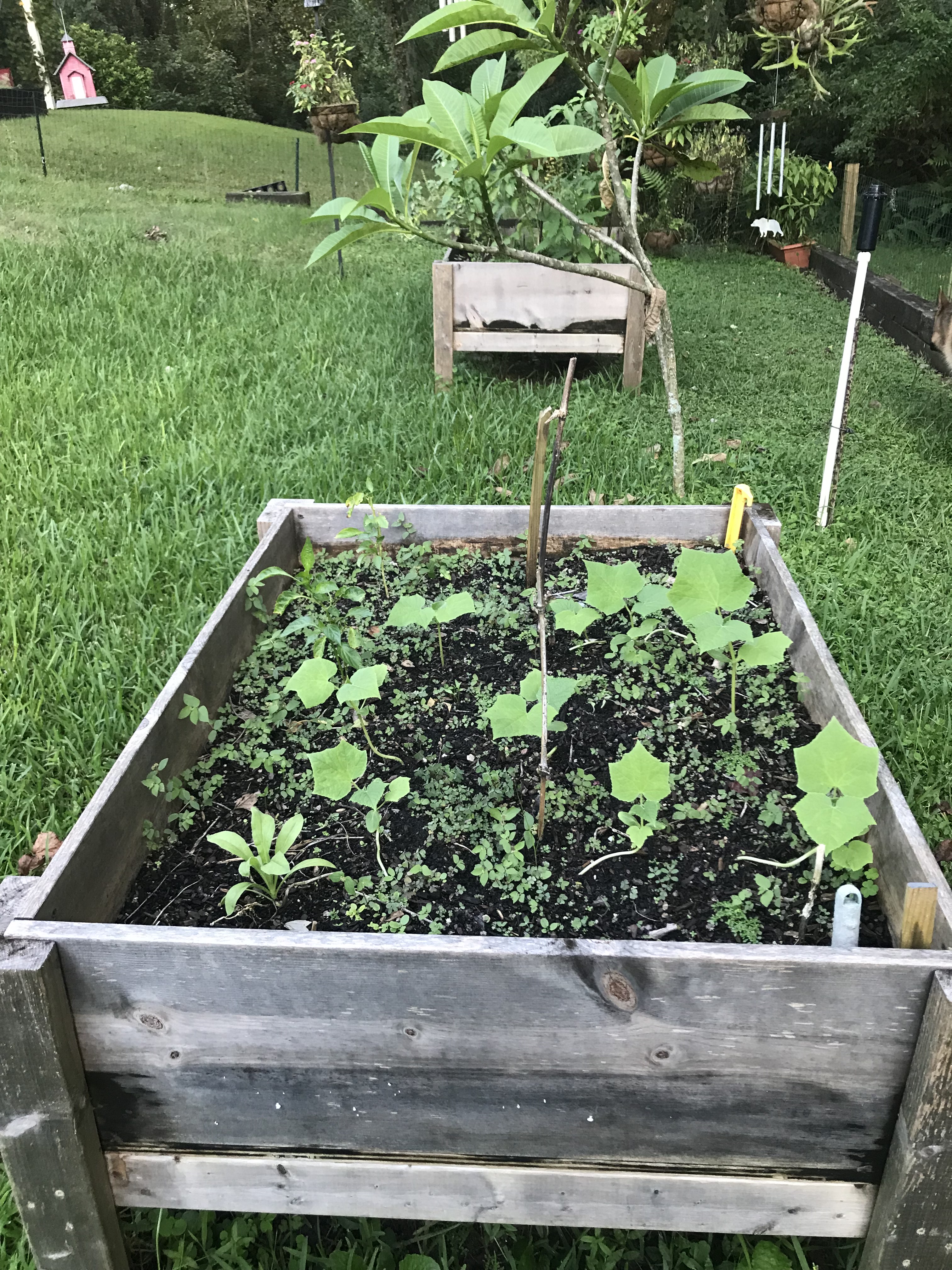
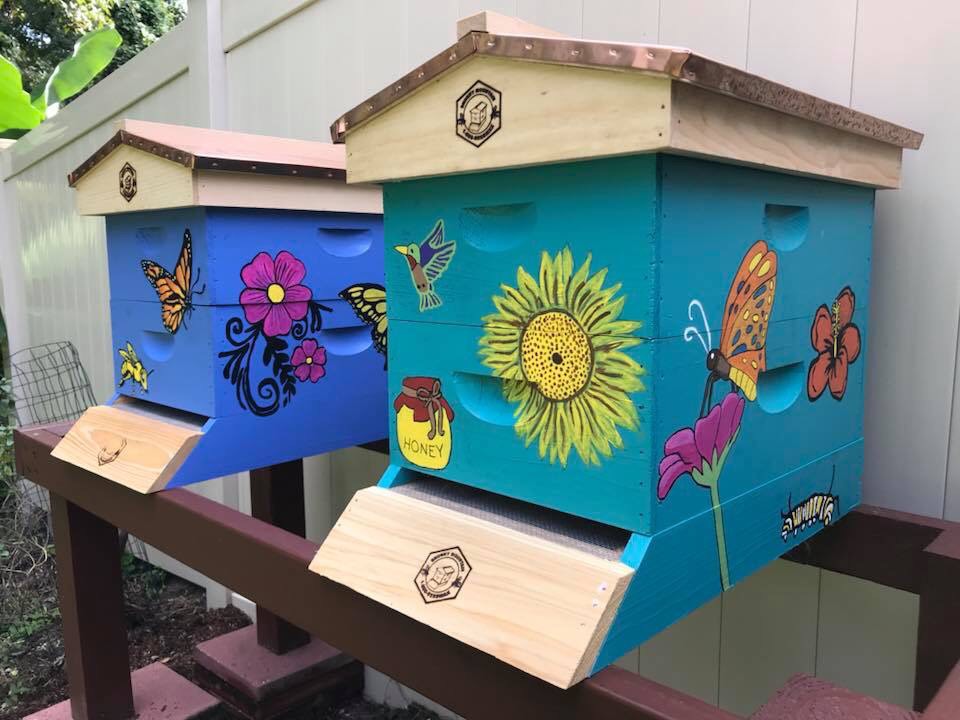
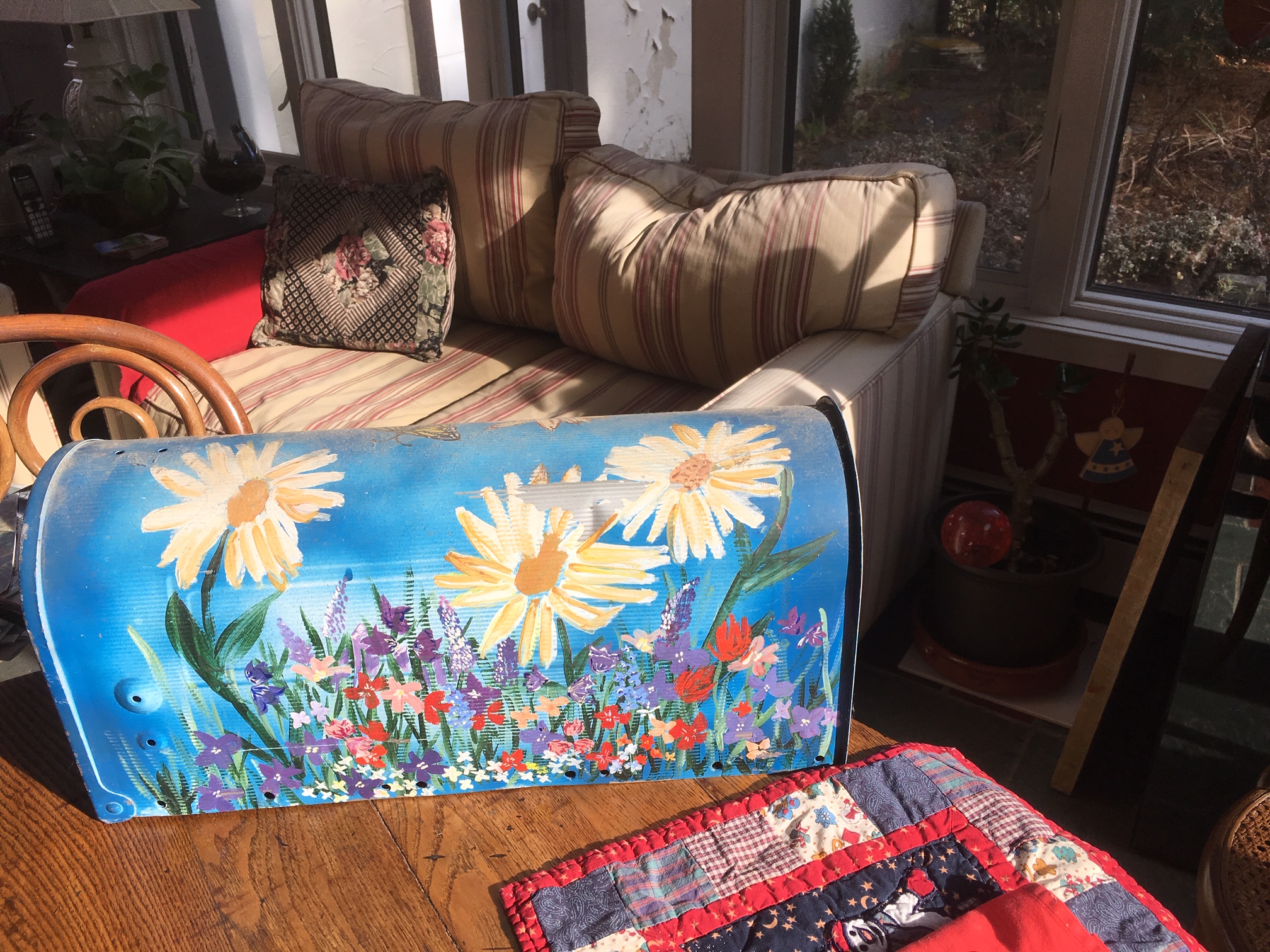

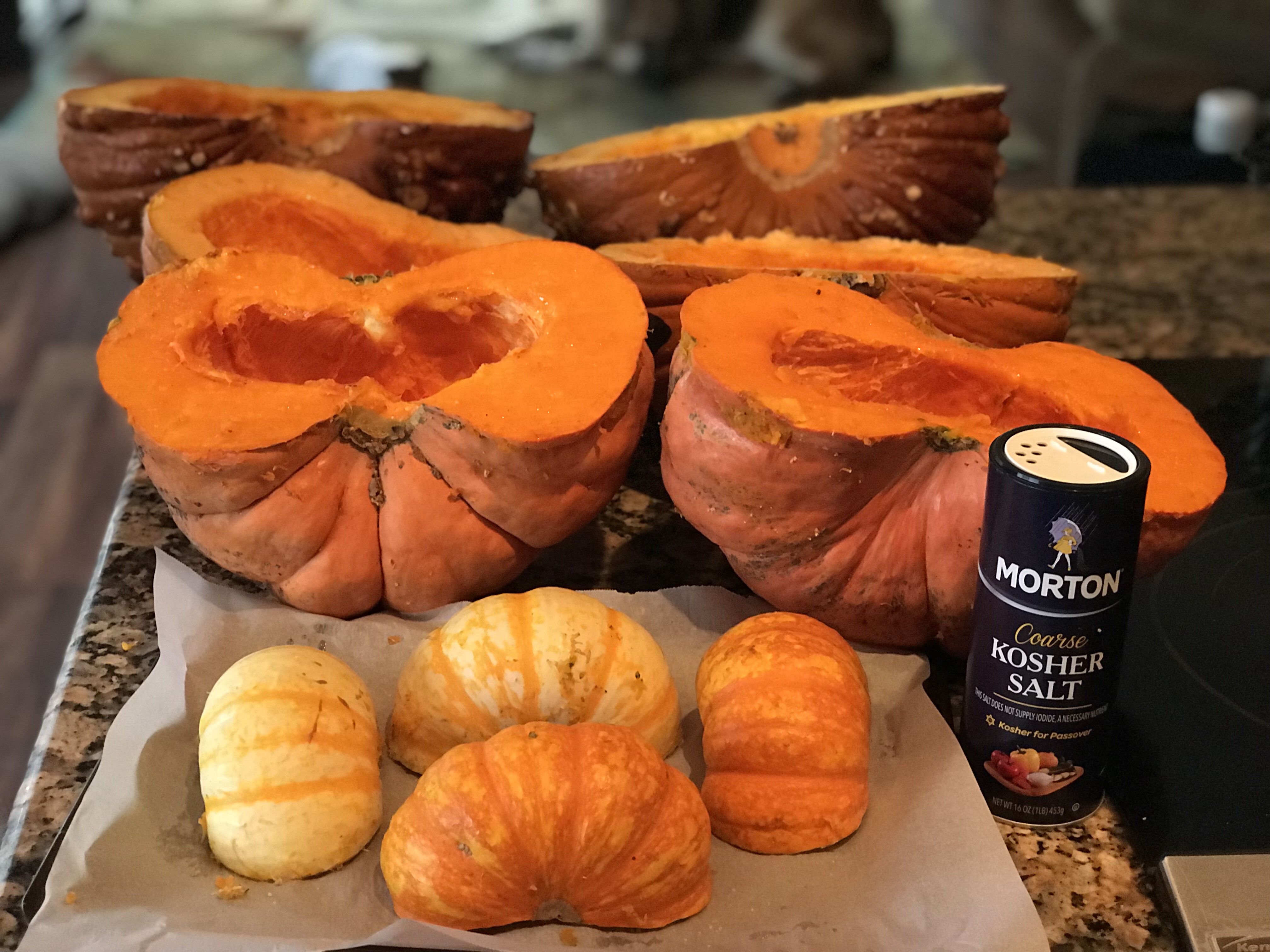
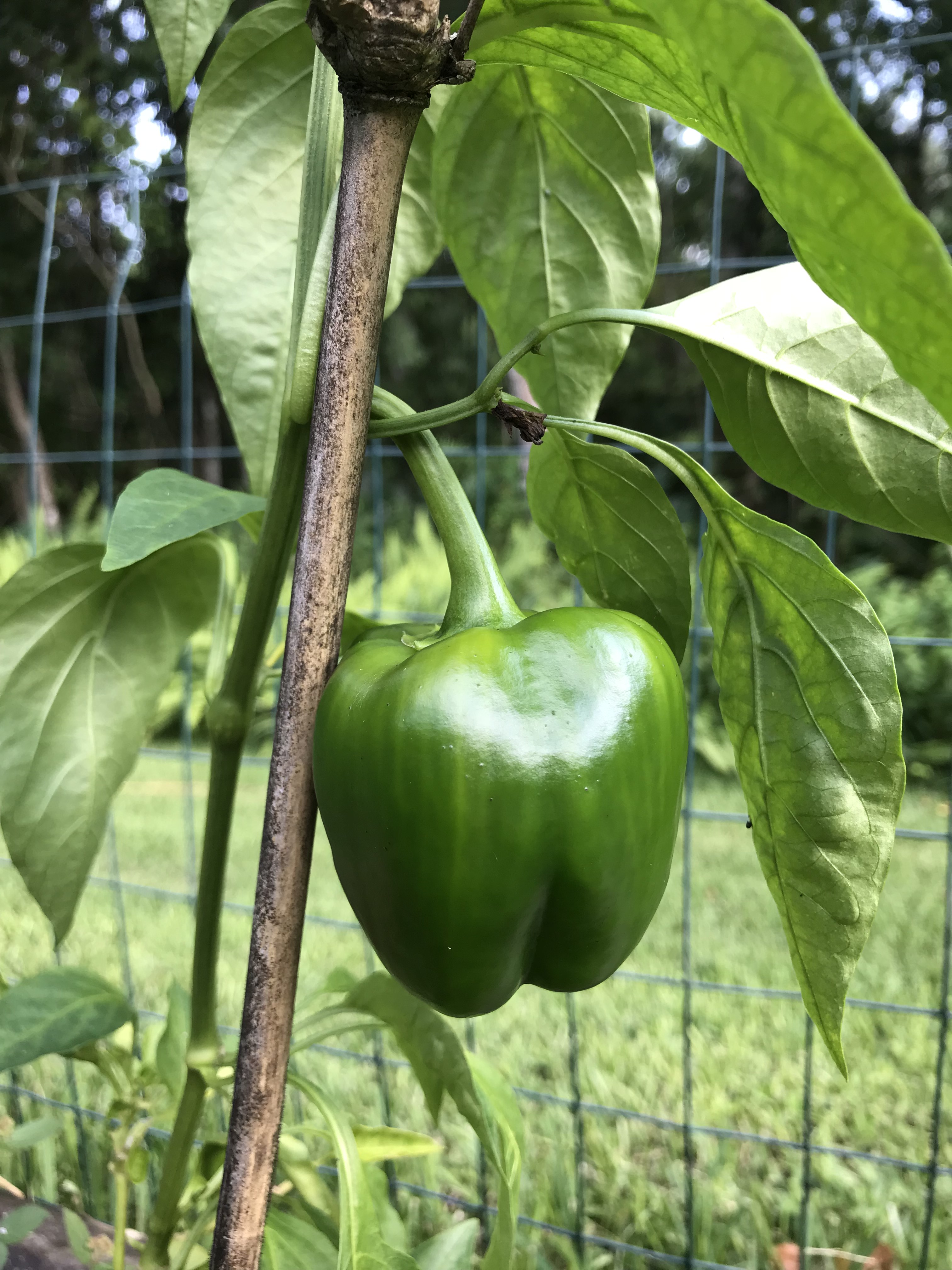

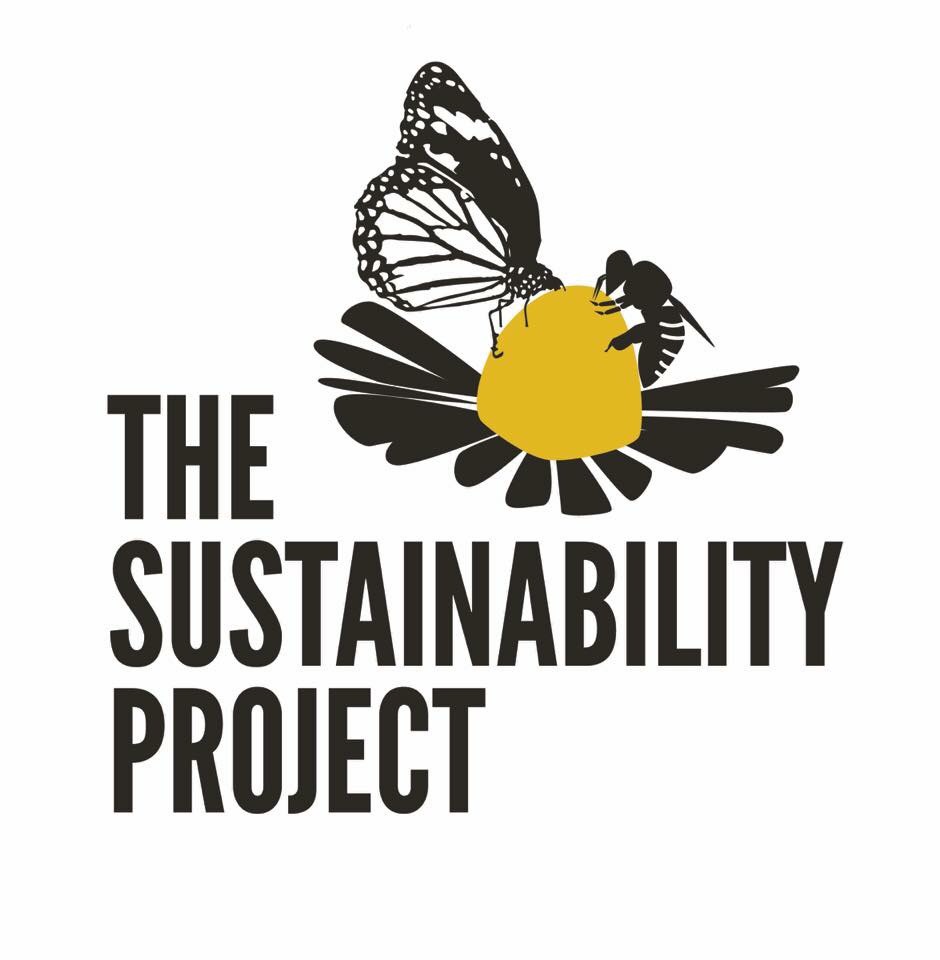
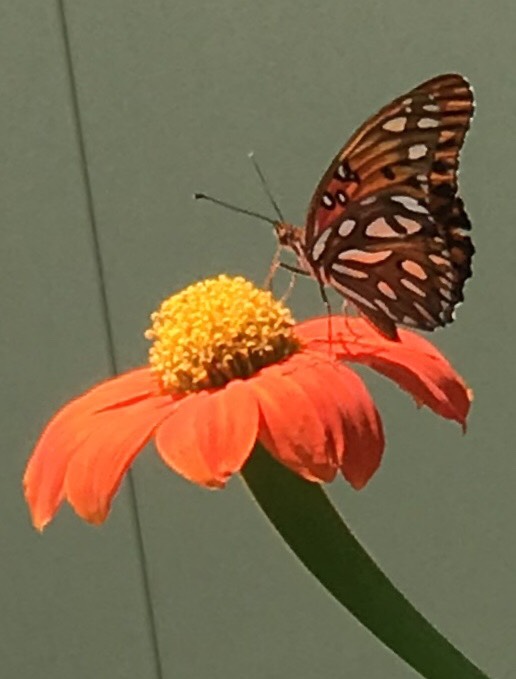




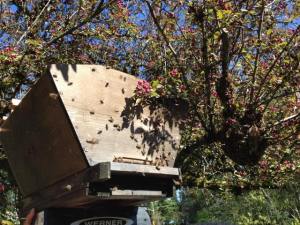
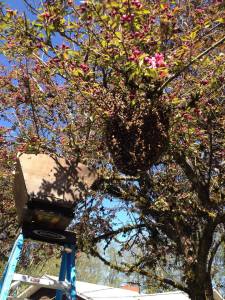


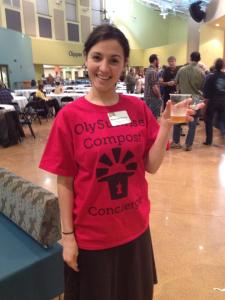
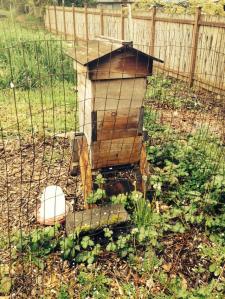








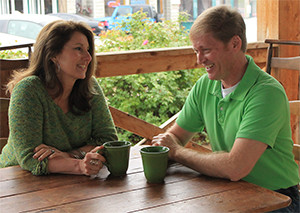

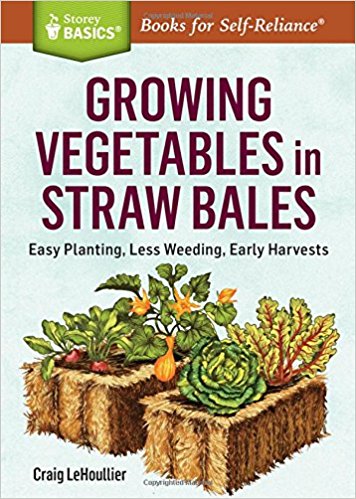
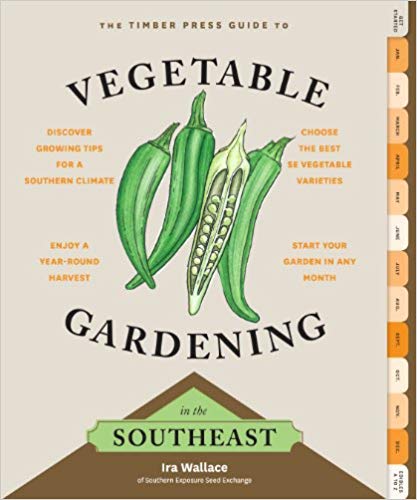

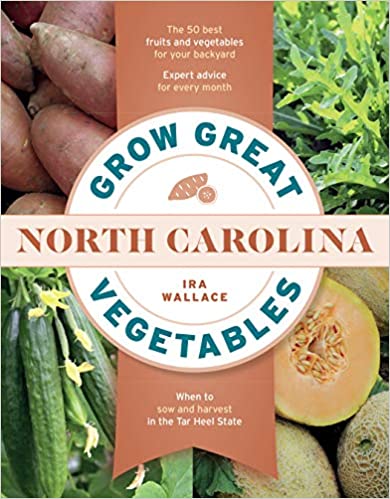
 .
.

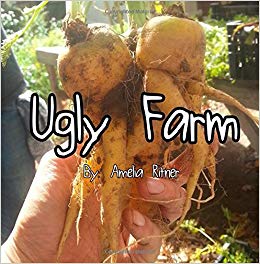


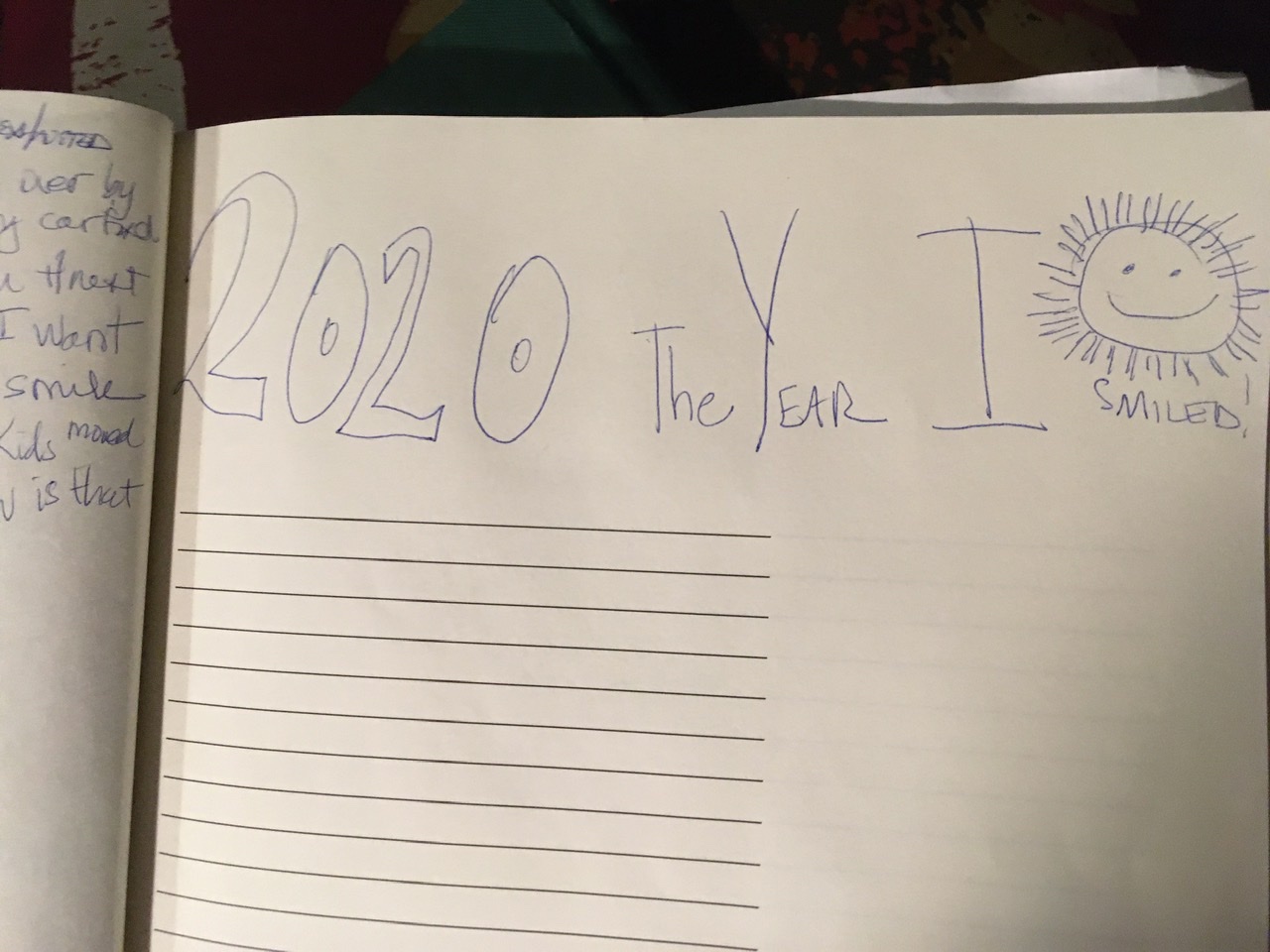
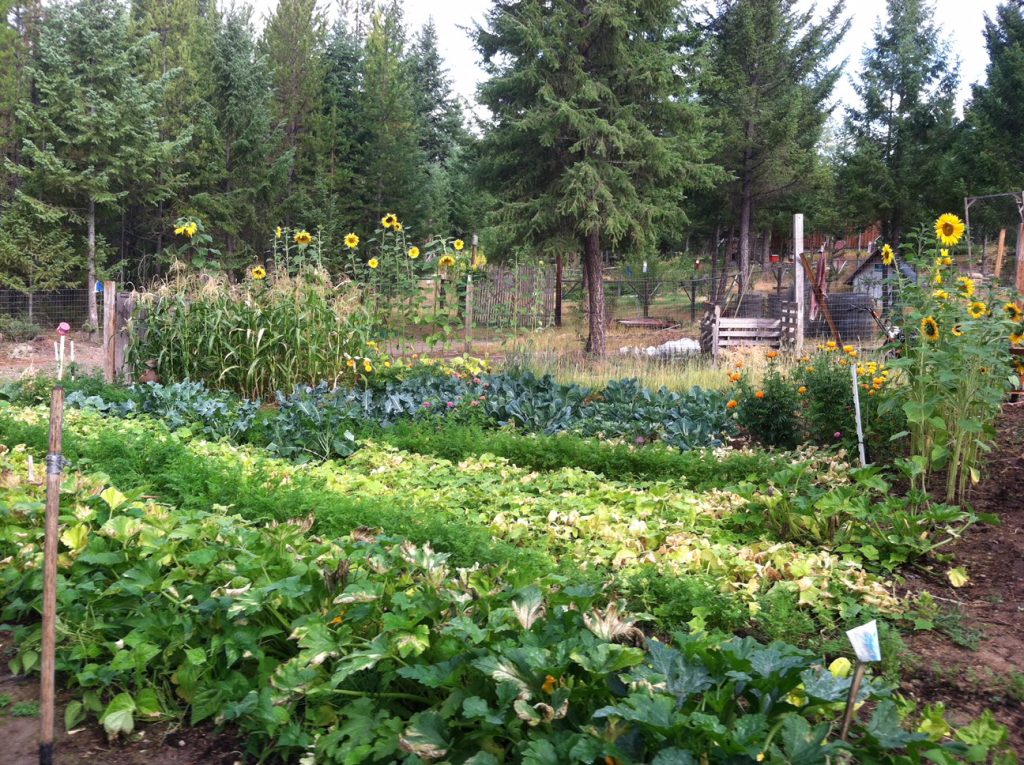


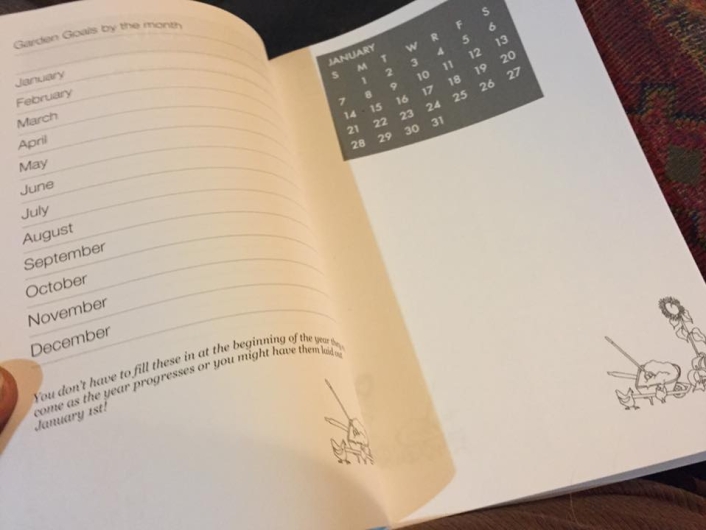





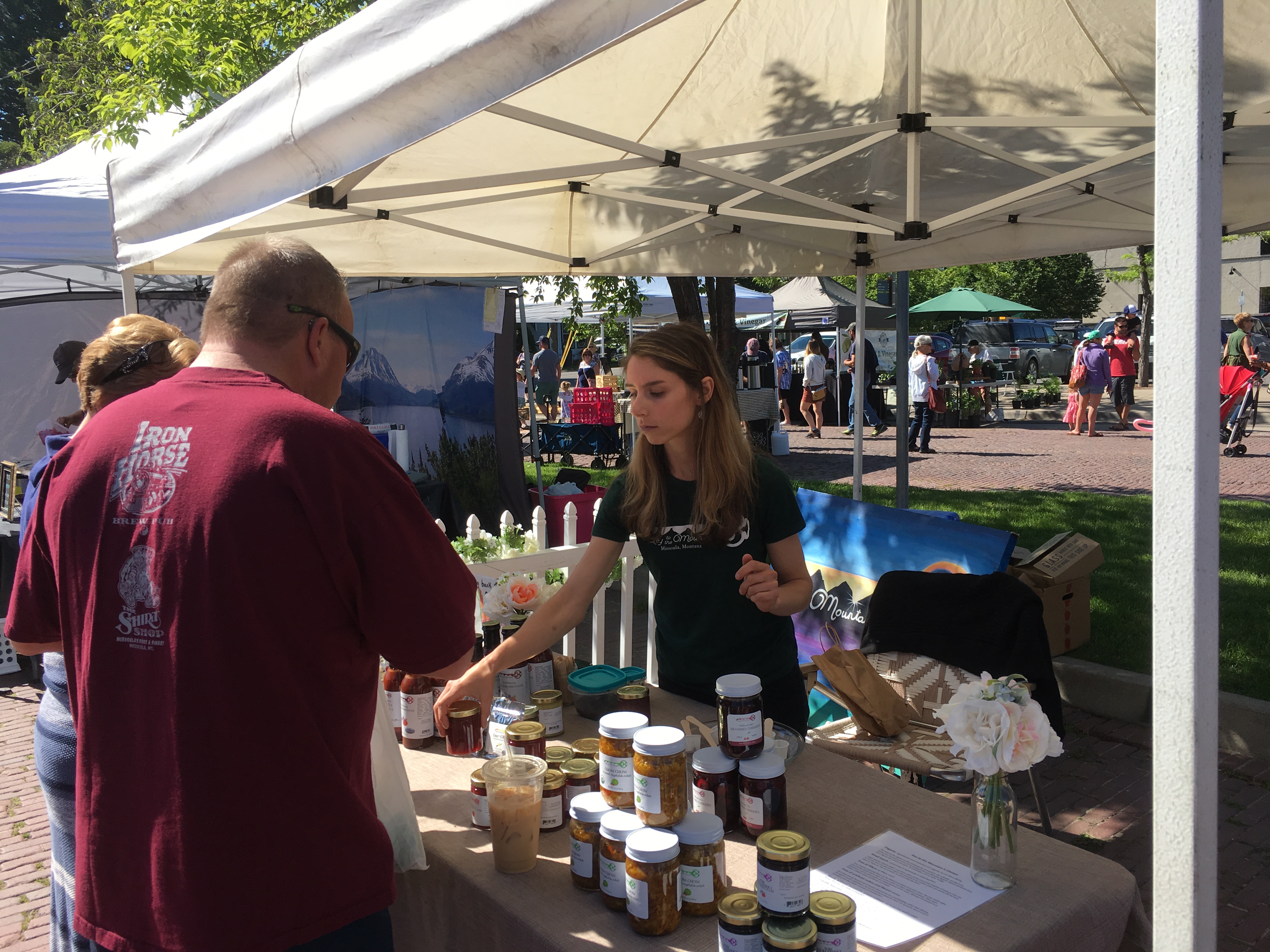
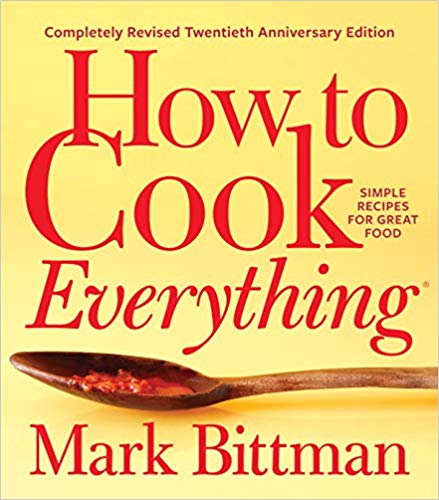

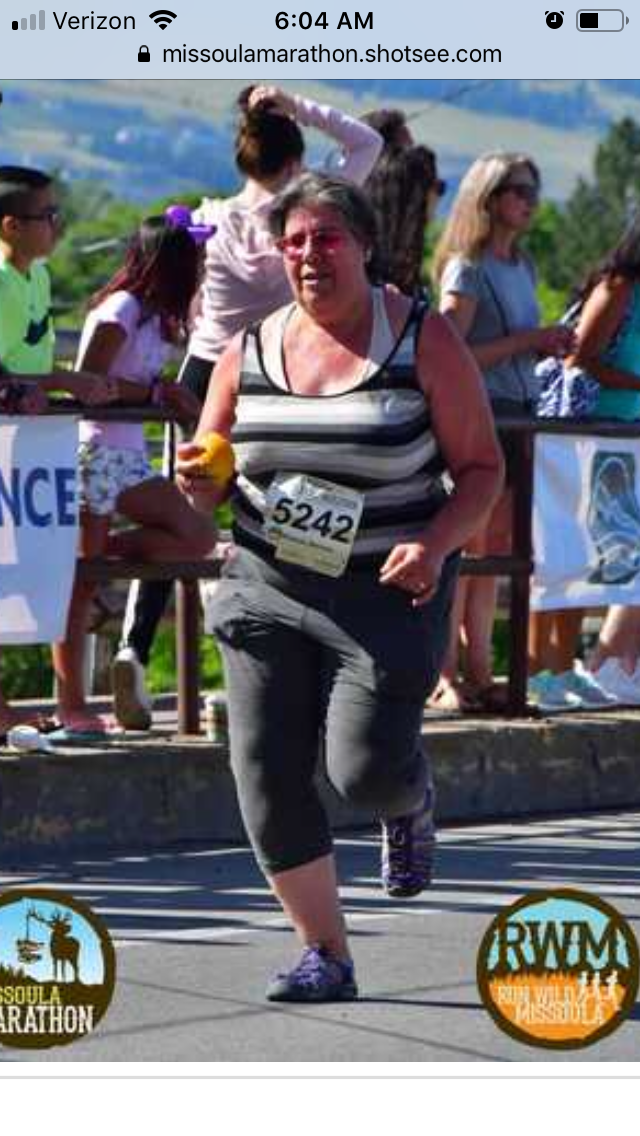
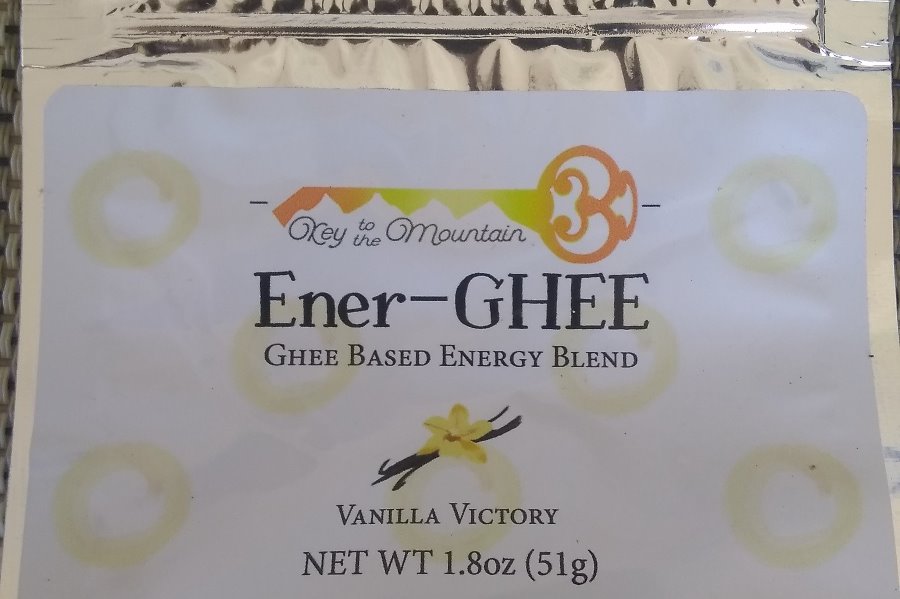

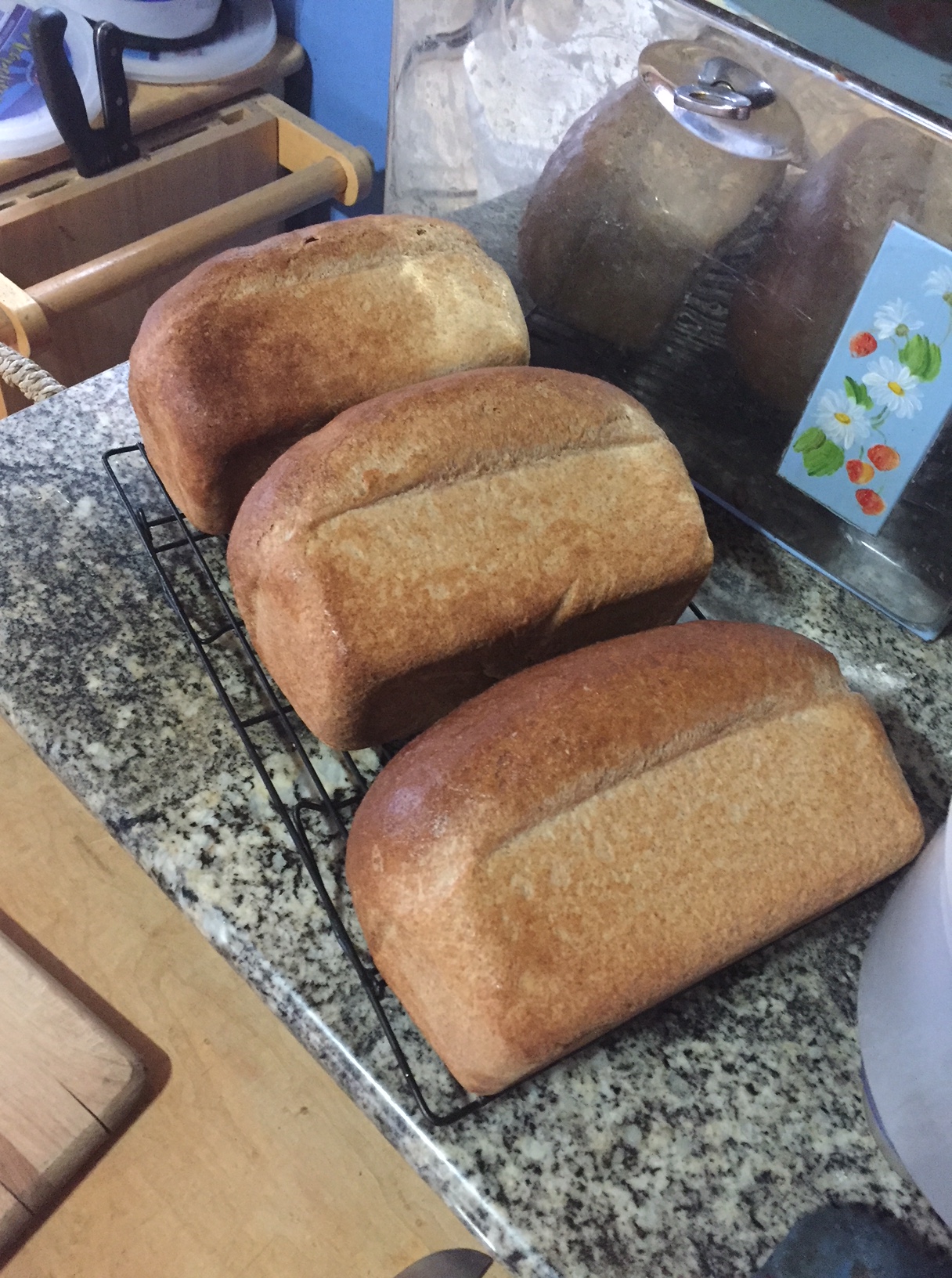


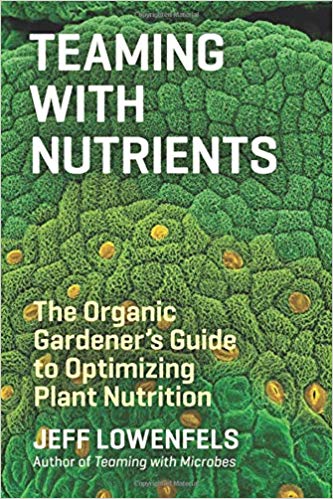
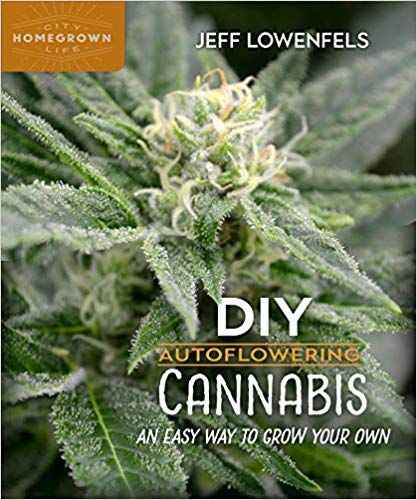

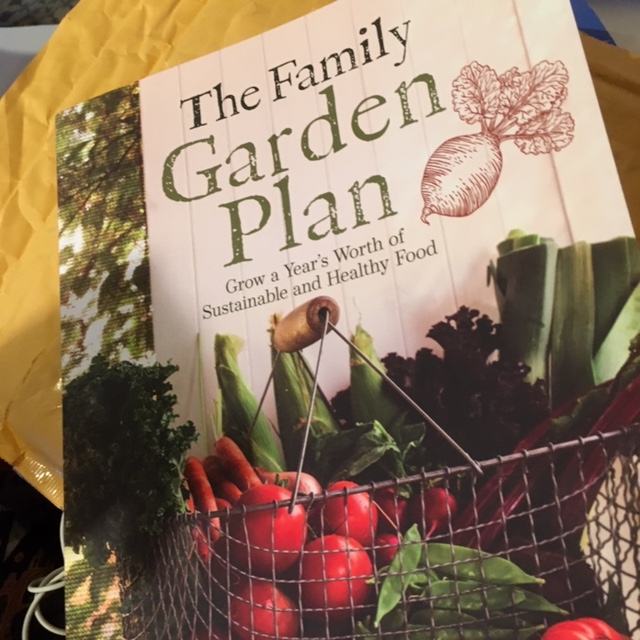

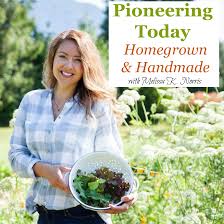

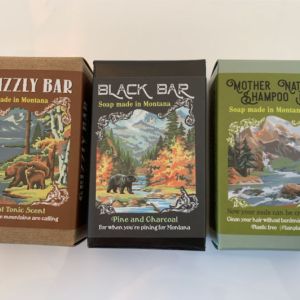
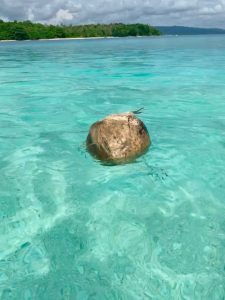
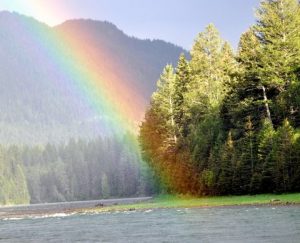
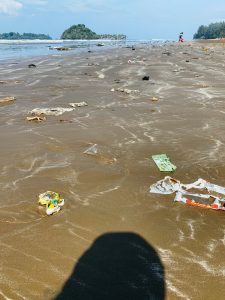
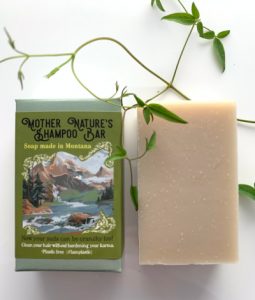


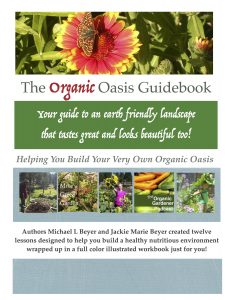
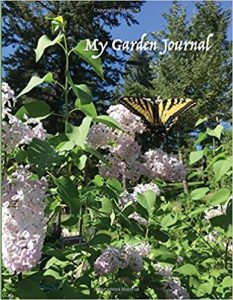
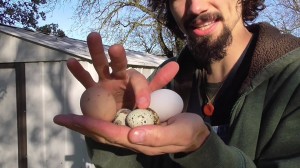 This episode is a must listen for any master gardeners or even novices who want to learn about soil in a way that any high schooler can understand. With over 20 years of experience teaching and gardening Matt’s passion shines through as dad, husband and steward of our planet.
This episode is a must listen for any master gardeners or even novices who want to learn about soil in a way that any high schooler can understand. With over 20 years of experience teaching and gardening Matt’s passion shines through as dad, husband and steward of our planet.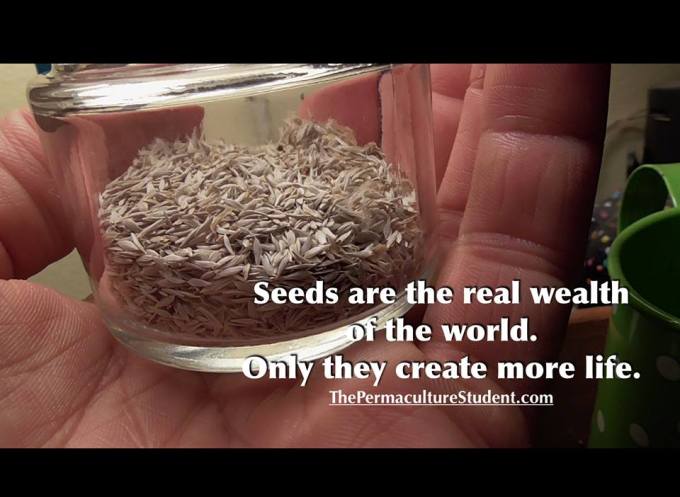

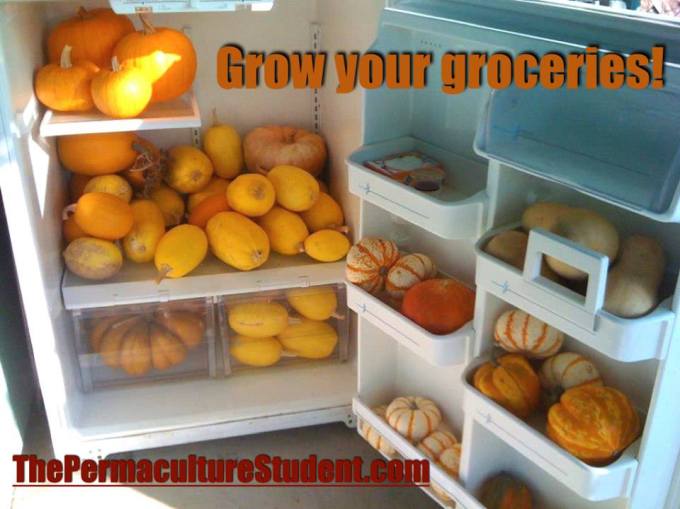

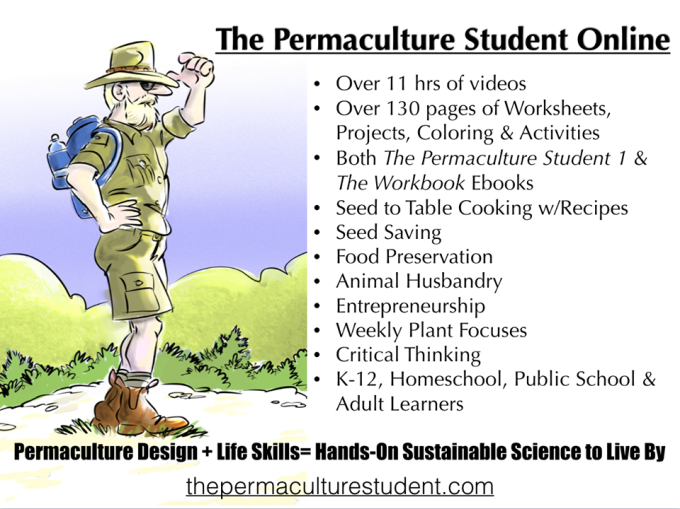
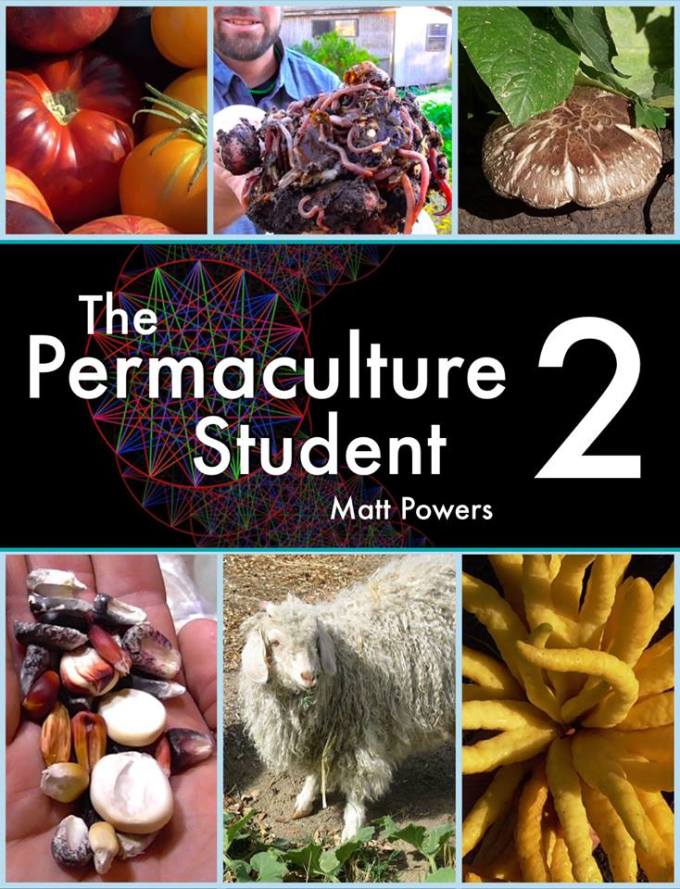
 Curtis Stone
Curtis Stone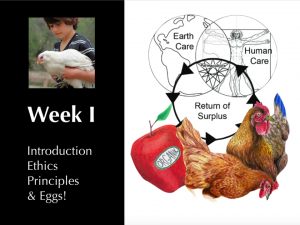

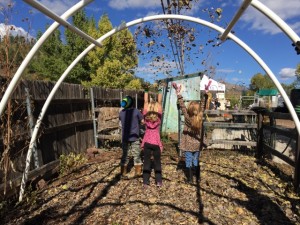
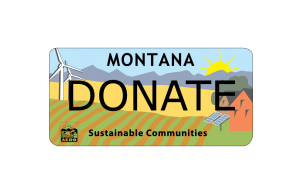

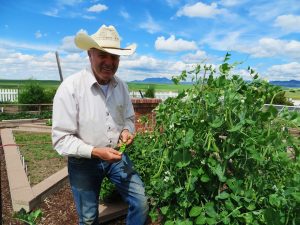


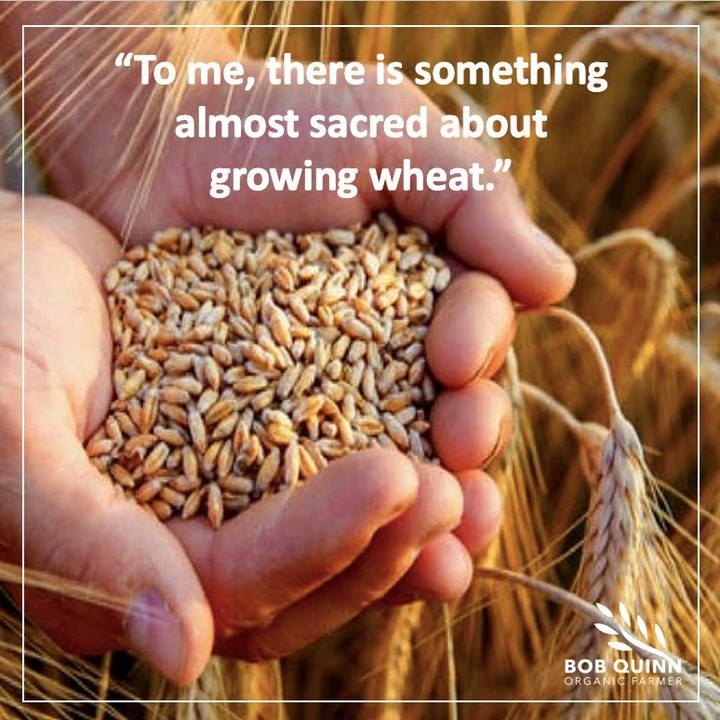
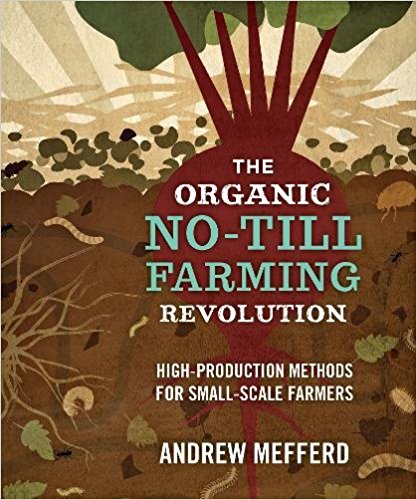

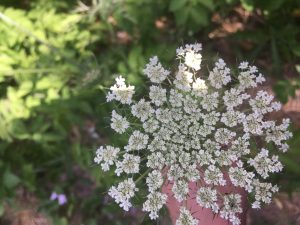
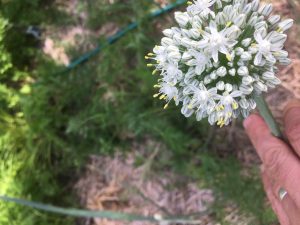
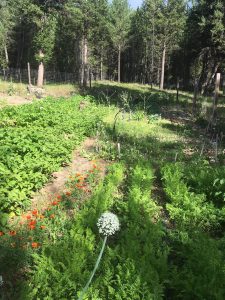
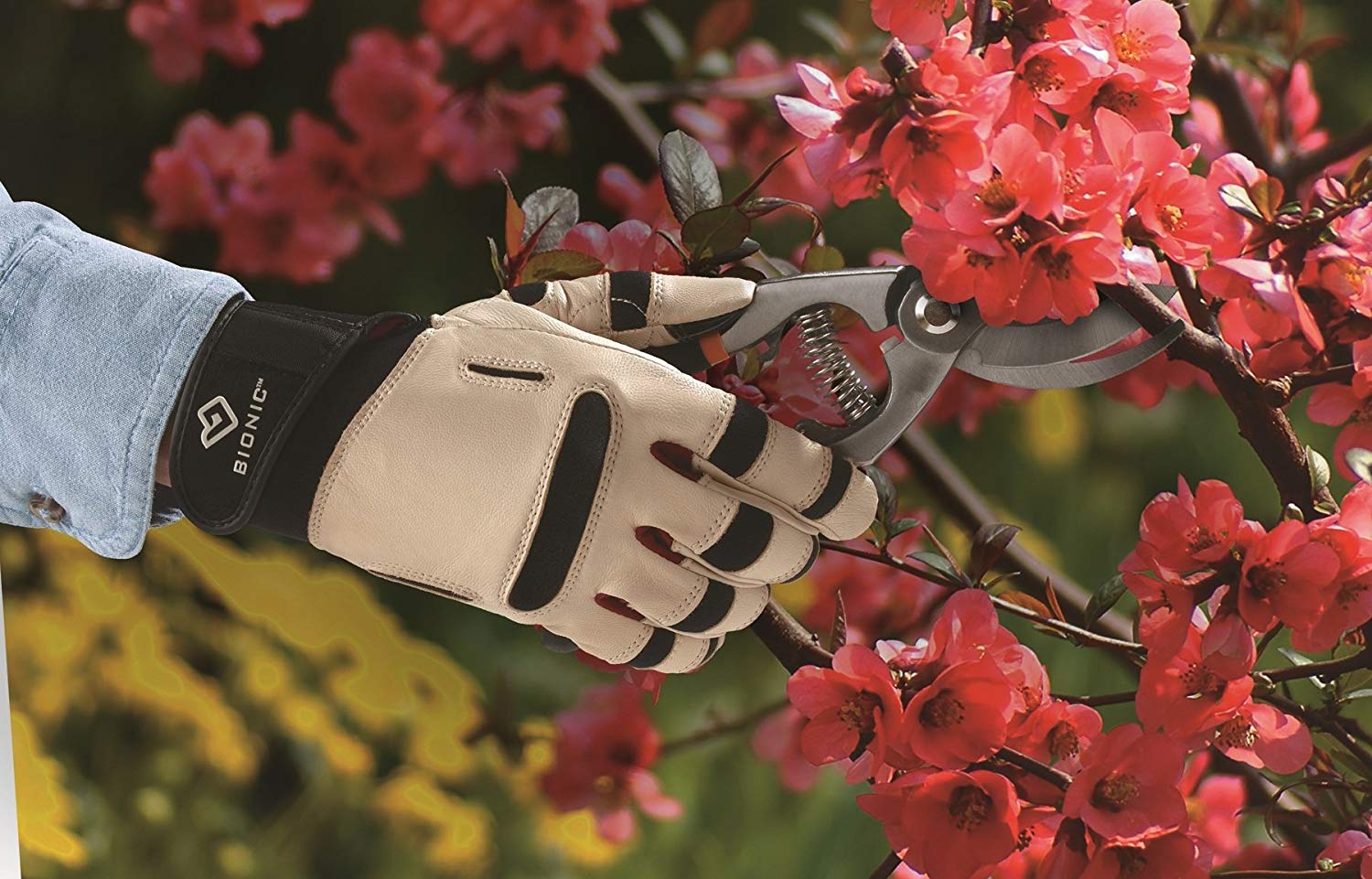
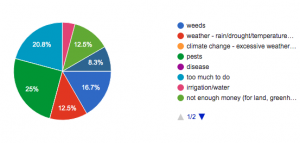
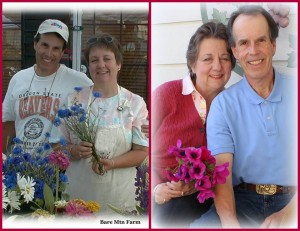
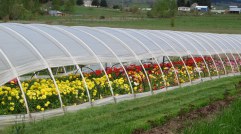
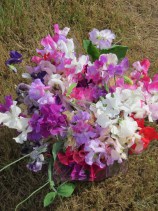
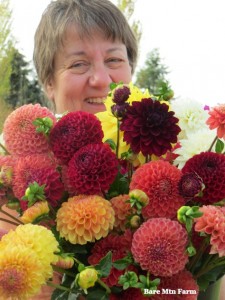 Denise: I’ve been growing flowers and veggies since I was a little kid. I think my first experience with flowers is about 7 years old growing pansies in Montana! When my family moved to Oregon later on, it was my responsibility in the family to grow as many vegetables and learn to preserve and can them and freeze them and what not for the family. I always had sort of an interest in plants. I spent a lot of time in high school and early college in horticulture programs, I also worked several years for a florist. I’ve always been really interested in growing things particularly food but my passion was pretty flowers.
Denise: I’ve been growing flowers and veggies since I was a little kid. I think my first experience with flowers is about 7 years old growing pansies in Montana! When my family moved to Oregon later on, it was my responsibility in the family to grow as many vegetables and learn to preserve and can them and freeze them and what not for the family. I always had sort of an interest in plants. I spent a lot of time in high school and early college in horticulture programs, I also worked several years for a florist. I’ve always been really interested in growing things particularly food but my passion was pretty flowers.